Those Who Can't Nugs Fish Cheese on Bread
If you order a cup of chicken soup the moment you so much as sniffle, you're not alone. While we are not denying the disease-busting benefits of certain foods, unfortunately eating the right things is only half of the battle when it comes to getting better faster. If you want to make sure you are feeling back to normal in no time, there are also a variety of foods and beverages you should be avoiding.
Even picks that are normally healthy, such as some types of fish and a couple kinds of fresh vegetables, may not be the best choice when your nose is running or you can't seem to stop coughing. If you really want to make sure you're doing everything you can to get rid of your cold or flu, keep reading for a list of each meal, drink, and snack you should avoid. (And for when you're feeling better, be sure to check out these 21 Best Healthy Cooking Hacks of All Time!)
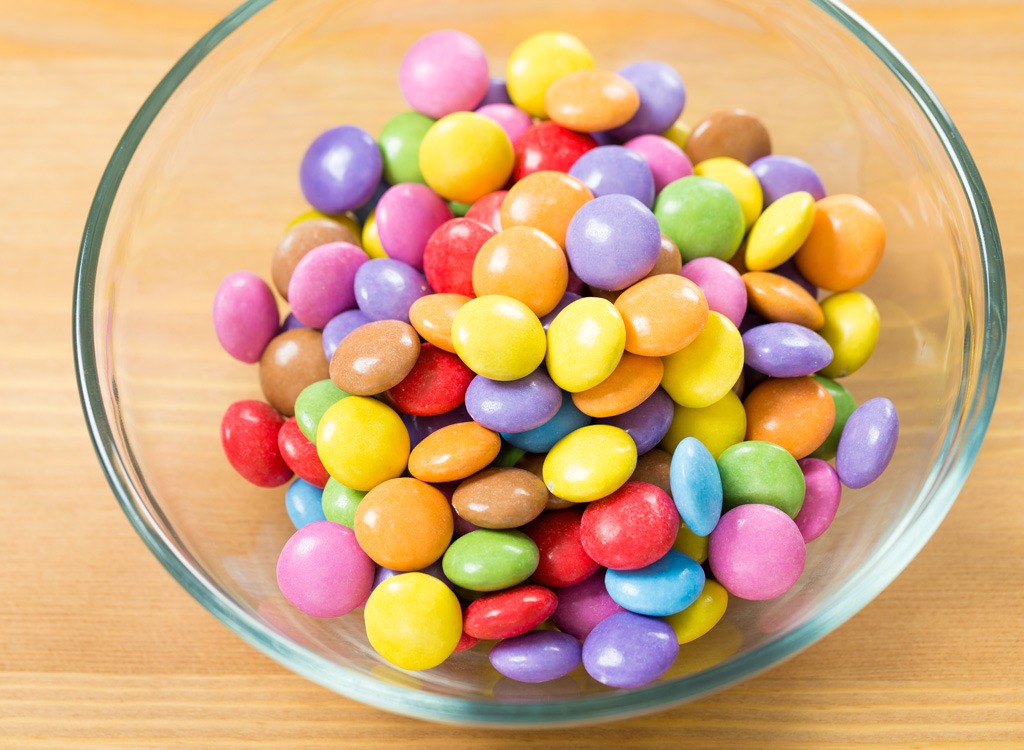
It's no secret that candy is filled with sugar, which is one of the top things you want to avoid for better health, especially when you are sick. Jeanette Kimszal, RDN, NCL, counts sweet stuff as the number one food category she advises clients to avoid when they are sick. "Sugar causes inflammation and this has been shown to decrease immunity by weakening white blood cells. These cells are responsible for fighting infection," she explains. Pass on the candy to make sure your disease-fighting cells are working at full capacity.
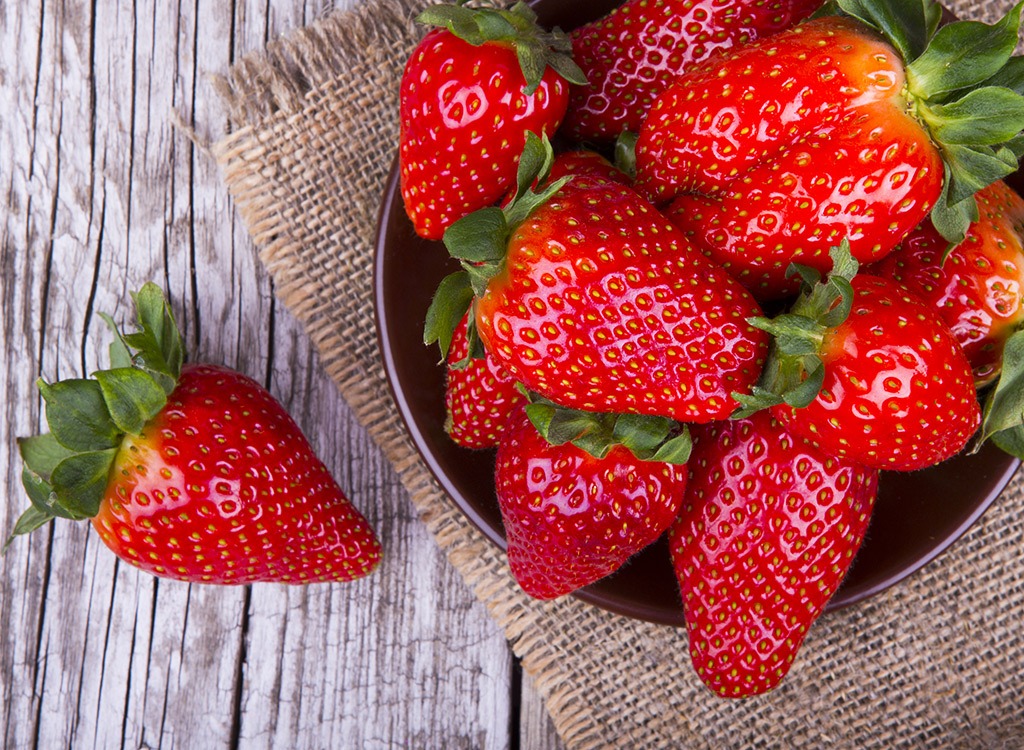
If you think this superfood is a safe bet when you are sick, think again. As we discussed in 15 Foods That Can Make You Congested, strawberries are histamine releasers that can contribute to congestion. Histamine-powered mucus can create a sense of discomfort in your nose and sinus area, so stick to other fruits until you're feeling better.
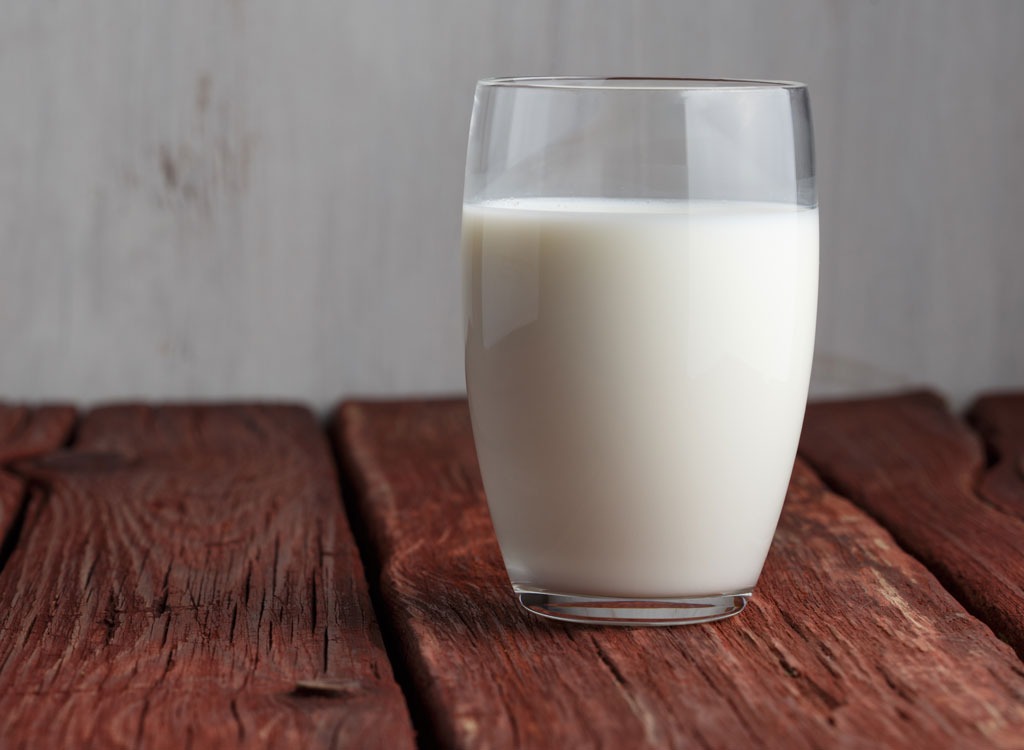
Milk is another food to stay away from when you're feeling under the weather. Dairy can temporarily thicken mucus, which will cause harmful allergens to stay in your system longer. Whole milk, in particular, has also been shown to stimulate the production of mucus, which is the opposite of what you want when you are sick.
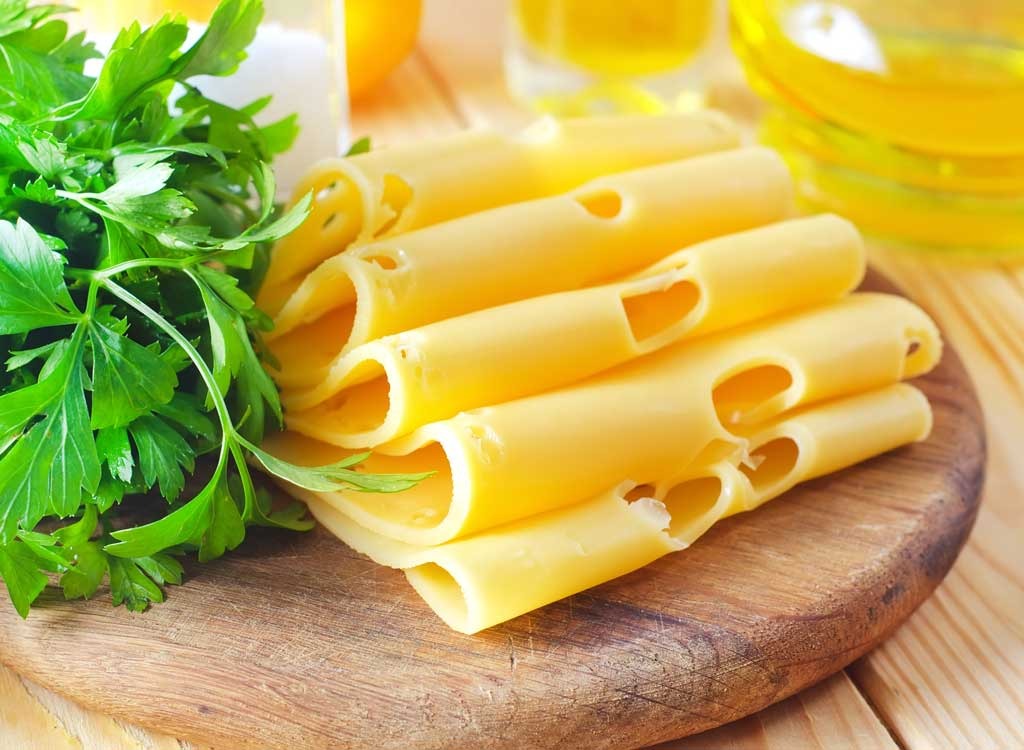
Cheese plays a starring role in many comfort food favorites, but there is nothing comforting about the effects of full-fat dairy on your immune system when you are sick. Julie Upton, MS, RD, emphasizes the importance of avoiding pro-inflammatory foods, as they can reduce your body's immune system response. Full fat dairy, such as most cheese options, are on her list of foods that spike inflammation after consumption.
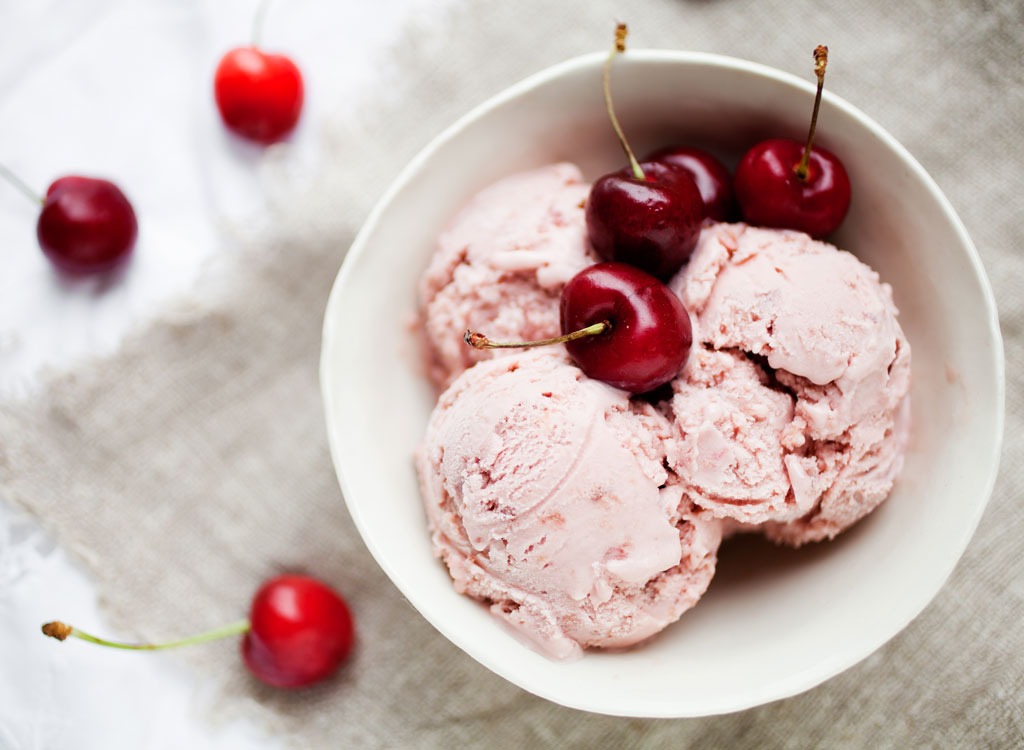
Do not turn to ice cream to soothe your sore throat; it may just keep you sick longer. Most ice cream is made with full-fat dairy, meaning it is high in inflammation-triggering saturated fat. Additionally, the sweet stuff has plenty of sugar, another ingredient that has been known to increase inflammation. Think of this as a double don't when you're trying to keep your immune system functioning at full capacity.
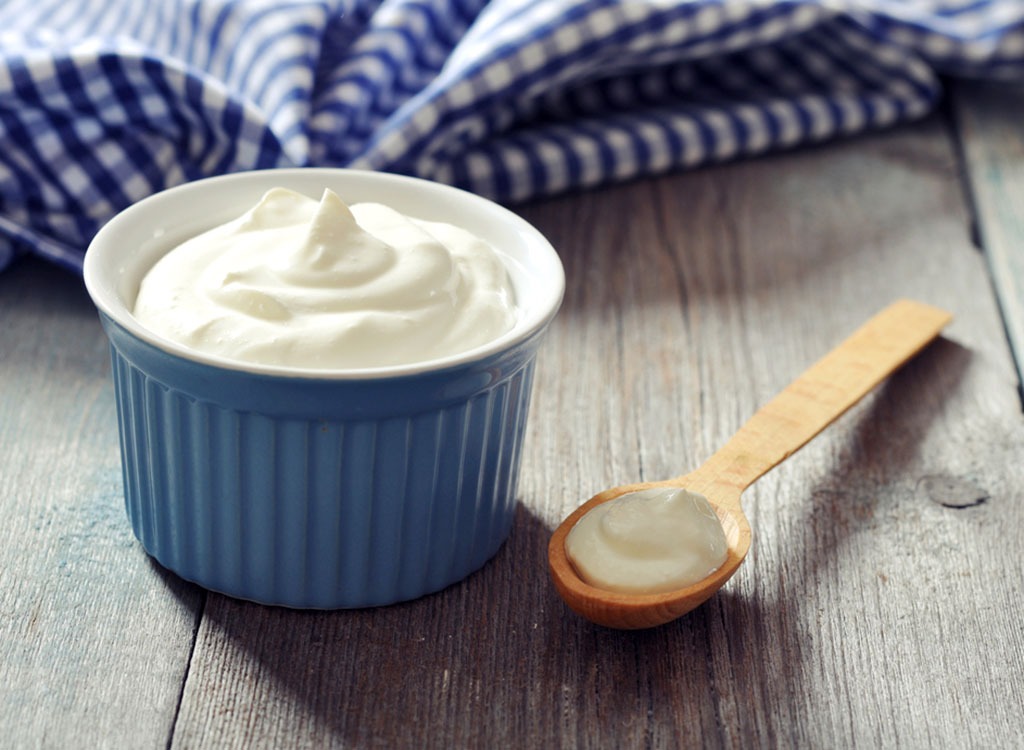
You might want to hold off on this healthy breakfast staple when you're fighting off a cold. Maria Zamarripa, MS, RD, CLT, reiterates that avoiding dairy might be the best move while you're sick. "Dairy products may worsen or thicken the phlegm production in certain individuals. Phlegm is the mucus that lines our tissues and acts as a protective barrier. However, during a sickness, our body's mucous production goes into overdrive," Zamarripa explains.
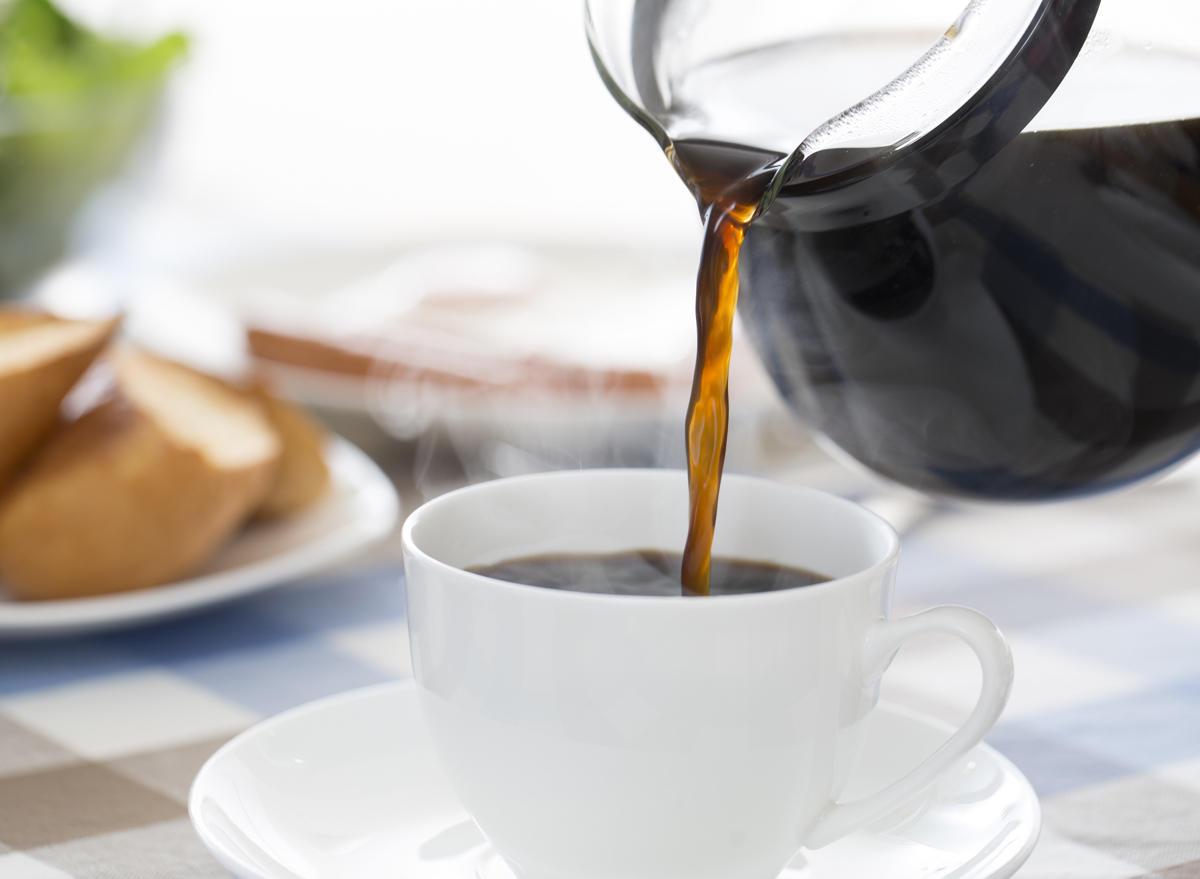
Coffee might seem like a must when you're already worn down from the flu, but if you want to get better fast you should try to lay off of the Joe. According to Rebecca Lewis, registered dietitian at HelloFresh, coffee dehydrates the body and can make muscle aches worse. "The immune system works most efficiently when the body is well hydrated. Since the caffeine in coffee is a diuretic, it will make you pee a lot. Combined with symptoms of vomiting and diarrhea, the caffeine will only make dehydration worse," says Lewis.
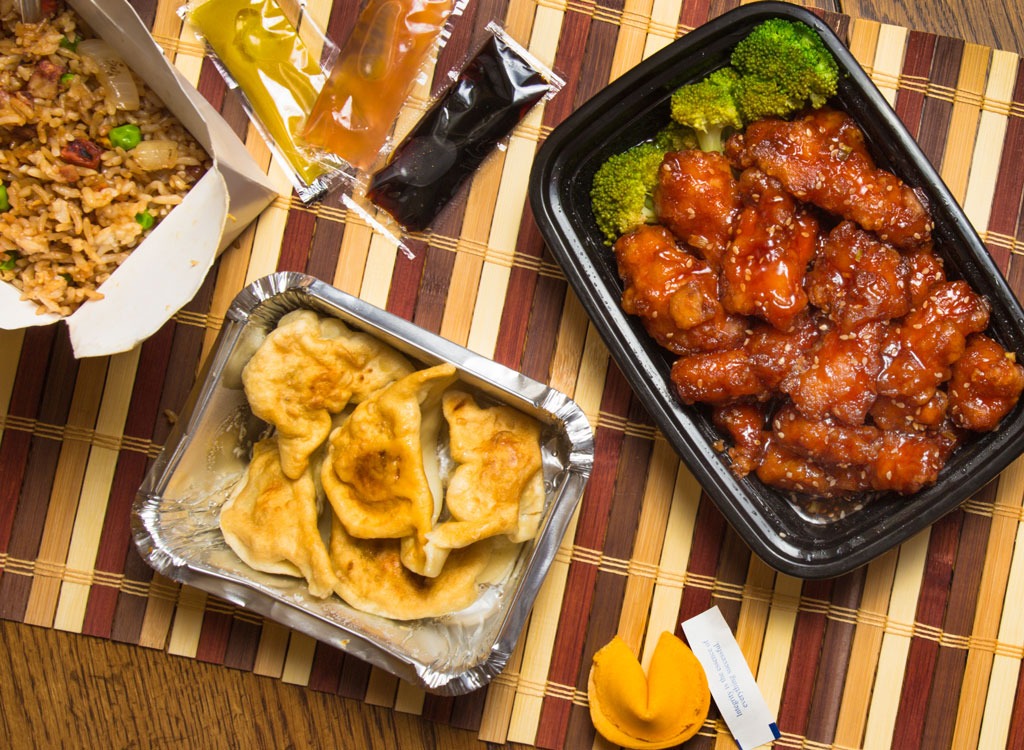
Pass on the Chinese takeout if your head is throbbing. According to The Journal of Head and Face Pain, there is strong evidence that MSG has the ability to trigger headaches based on several provocation studies. If your head is already throbbing or you're prone to migraines, be sure to avoid this additive as much as possible.
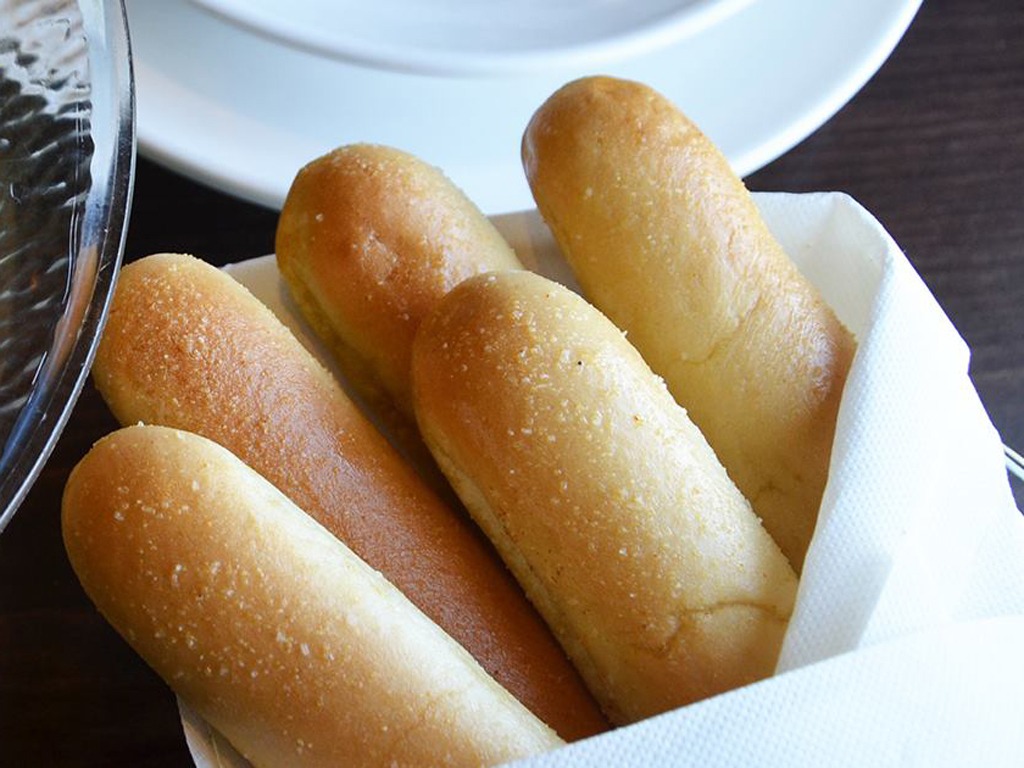
If you have even a very slight gluten sensitivity, avoid consuming bread when you are under the weather. In 15 Foods That Can Make You Congested, we explain that even those with a minor sensitivity to gluten can experience inflammation after eating wheat. Because inflammation can often lead to an increase in mucus production, it's best to lay off of the gluten until you recover.
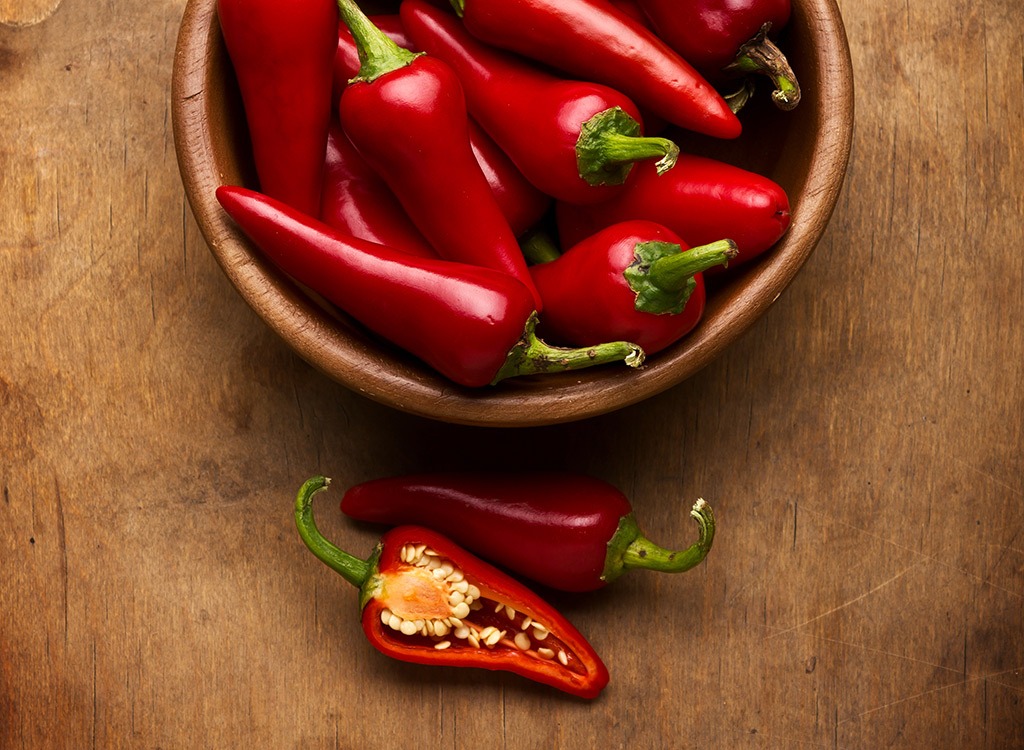
Turn down the spice factor, at least until you are feeling better. Lewis lists spicy foods like chili peppers as something to avoid when you are sick, especially if a runny nose is one of your symptoms. "The capsaicin in chili peppers is an irritant to the nasal passage, causing a greater production of mucus to come out," she explains.
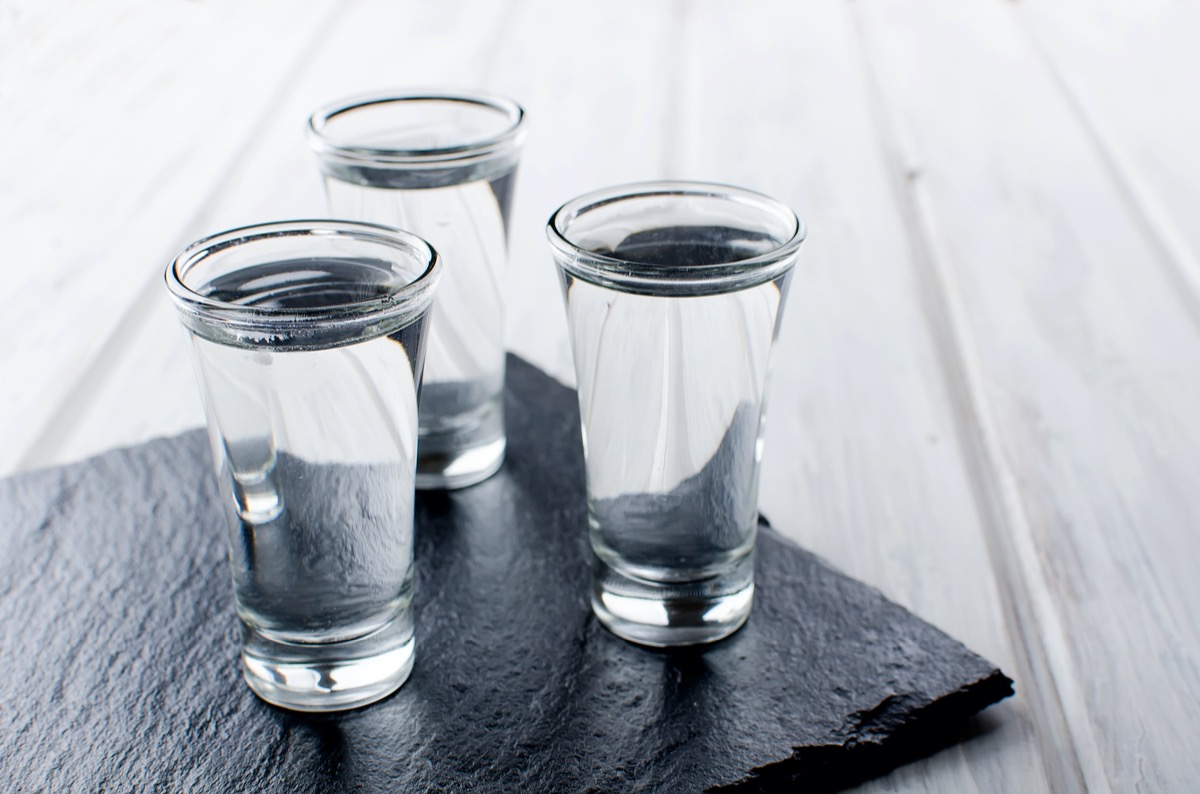
Vodka sodas might be your weekend go-to, but they have no place in your diet when you're sick. Kelli Shallal, MPH, RD, urges her clients to avoid alcohol when they're feeling under the weather. "It puts more stress on the body and makes it more difficult to recover," she explains.
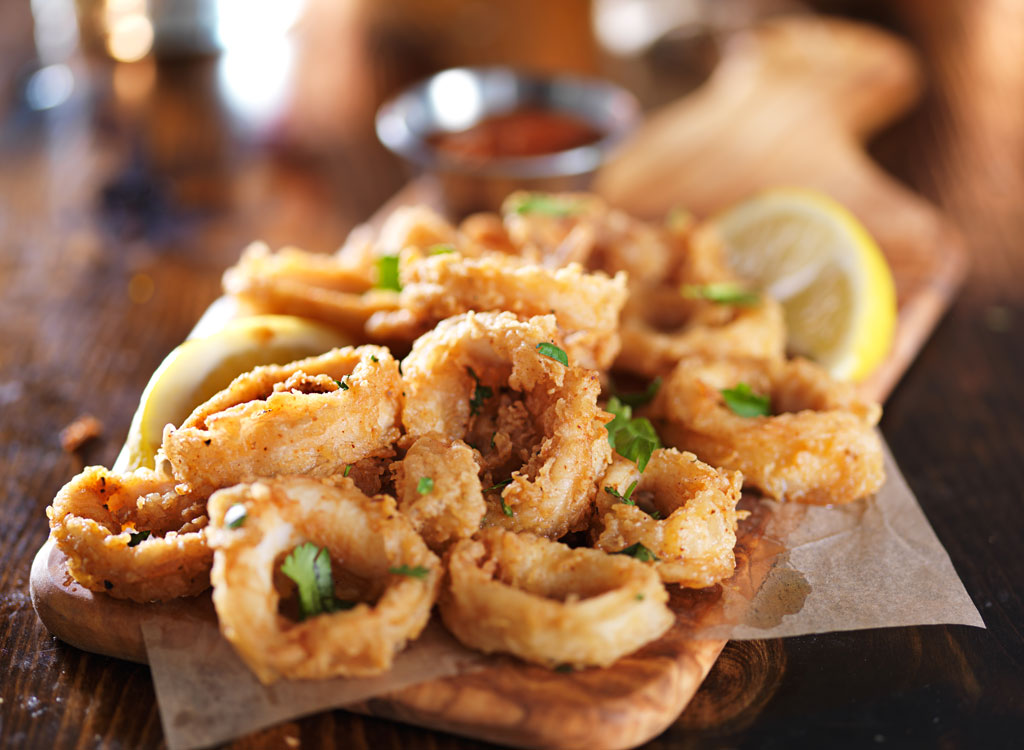
Fried calamari may be one of your favorite appetizers, but it has no place in your diet when you are trying to recover from the cold or flu. Calamari will increase the amount of histamine that is produced in your body, which is bad news for your sinuses and nasal passages. Adding batter and oil into the equation will increase inflammation, according to Jennifer Mimkha, MPH, RD, LDN, CLC. "Grease/fat can cause inflammation, which in turn suppresses your immune system," Mimkha explains.

This tropical fruit is another piece of produce with potent histamine-releasing powers. Histamine has the ability to make your nasal passages swell, leading to feelings of congestion and stuffiness. Avoid slicing up papaya until your sinuses are clear and you feel congestion-free.
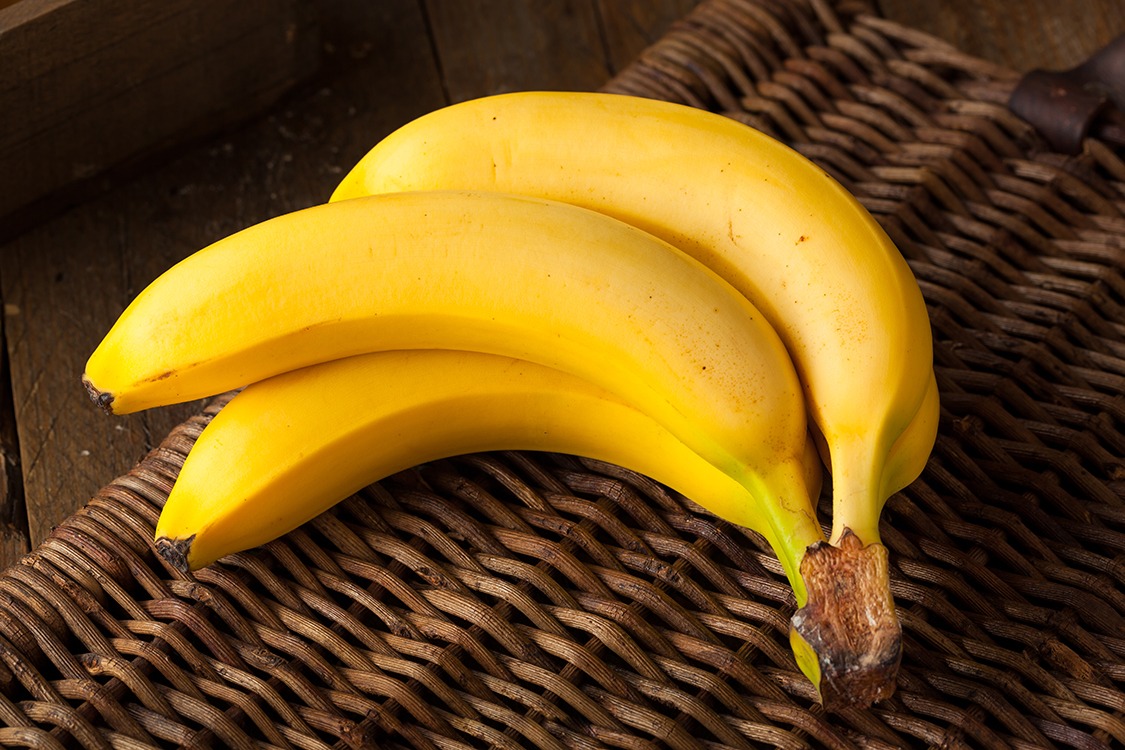
Bananas have some incredible health benefits, but it's best to enjoy them when you're healthy. The oblong fruit can trigger a histamine release, which is what you want to avoid when you are sick. Additionally, bananas have a high sugar content, which can lead to inflammation and decrease the efficiency of your immune system's response to disease.
Once you feel better, you should definitely re-incorporate bananas into your daily diet. Read 21 Amazing Things That Happen to Your Body When You Eat Bananas to find out why.
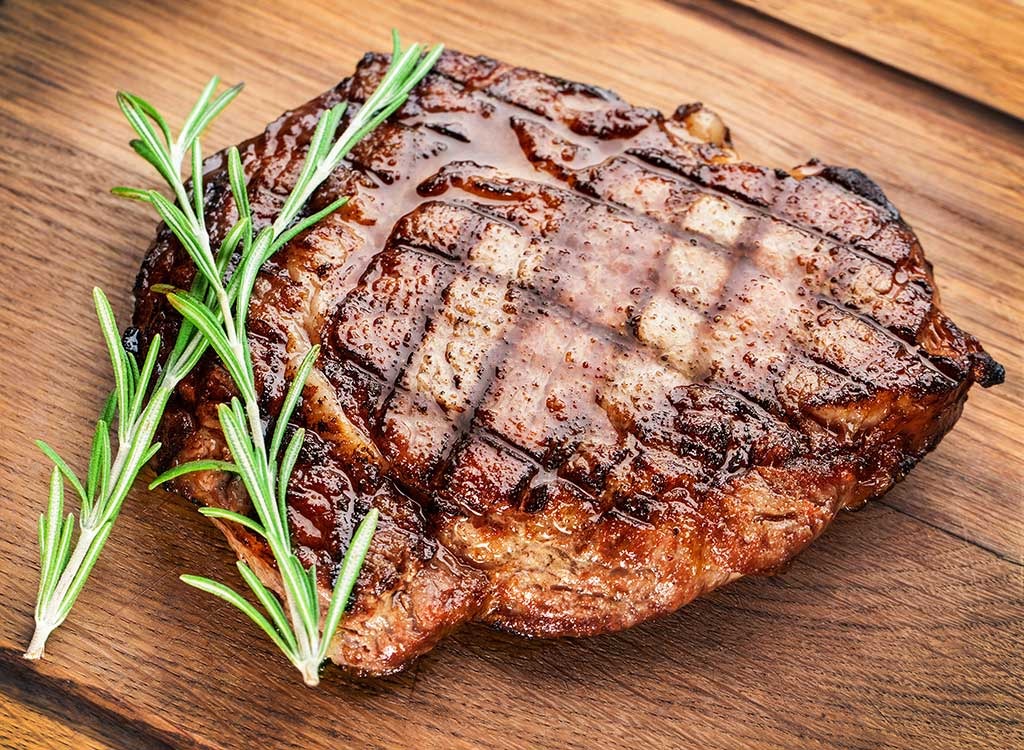
Skip out on the steak, especially if you're dealing with nausea or digestive issues. Rebecca Kerkenbush, MS, RD-AP, CSG, CD, recommends nixing high-fat foods if your stomach is bothering you. Because red meat generally has a higher fat content than other forms of protein, it may not be the best choice for sick days.
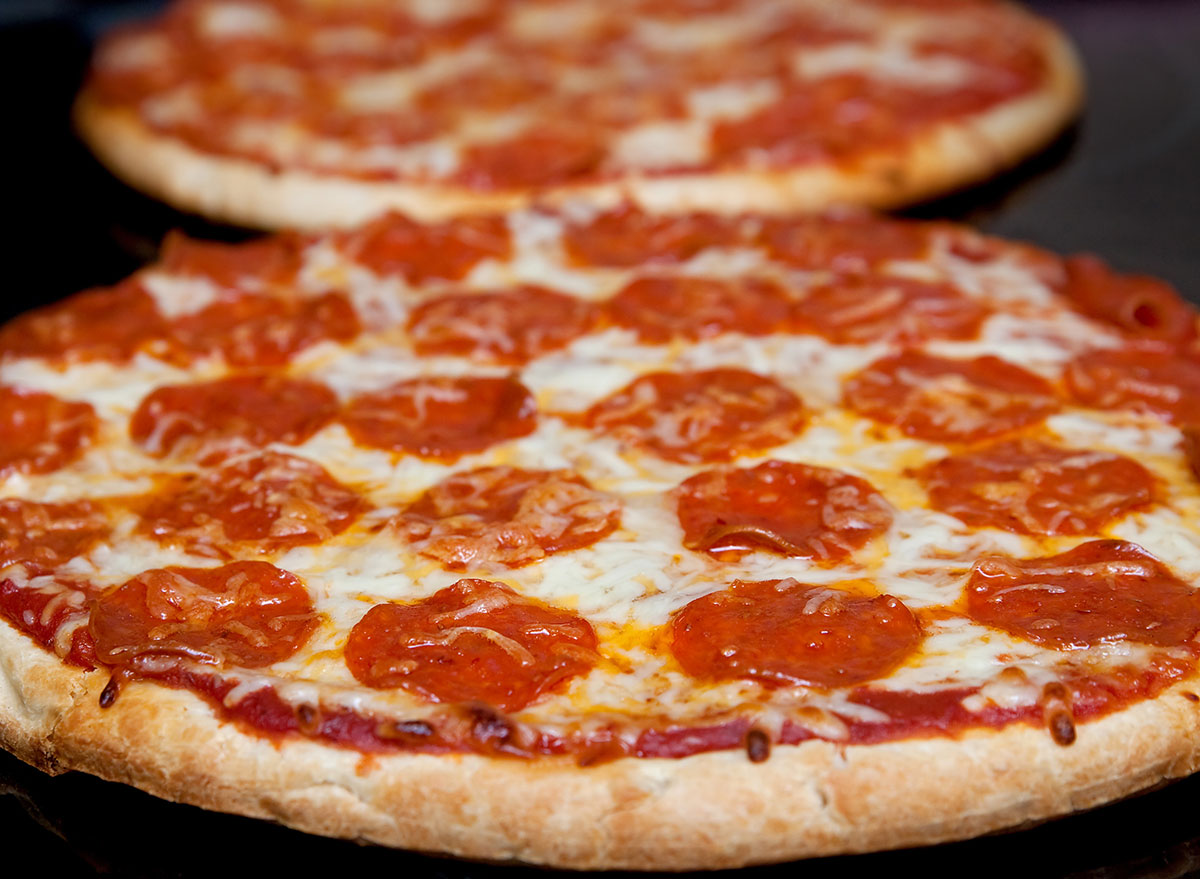
Each of pizza's three main components has the potential to exacerbate cold symptoms, so combining all of them is a nightmare. The high saturated fat content in cheese can trigger inflammation, as can the crust if you have any kind of gluten sensitivity. Tomatoes are known histamine releasers, meaning the sauce can cause you to feel even more congested.
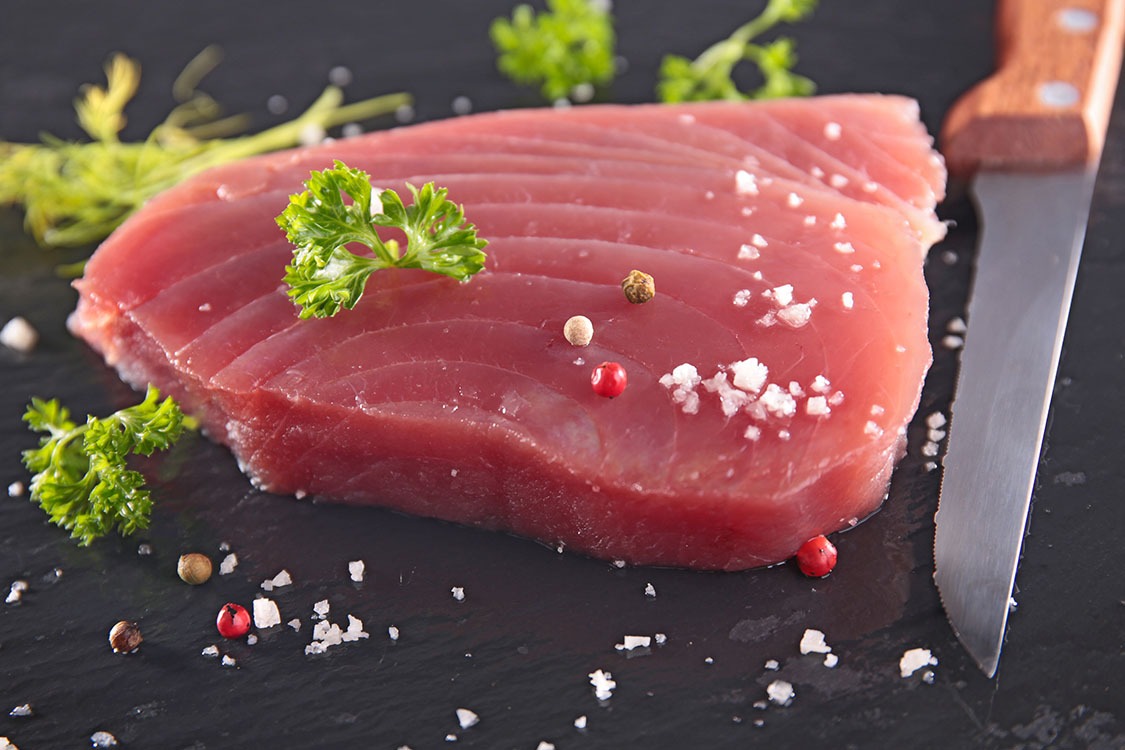
Mercury poisoning is the least of your worries when it comes to consuming tuna while you are sick. The fishy favorite is particularly high in histamines, which can increase inflammation and contribute to sinus congestion. To make sure you breathe easy, wait until your nasal passages are clear before ordering your favorite sushi dish.
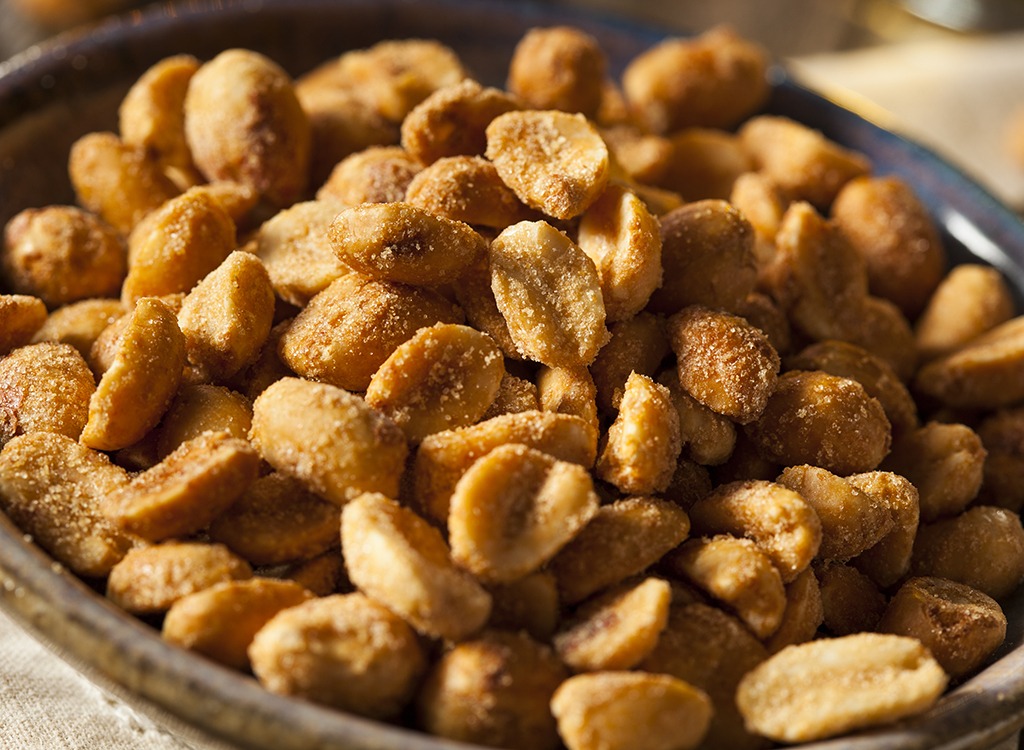
Peanuts are one of the most common food allergens and they are also a potential trigger for a major histamine release. Even if you regularly consume these legumes, eating peanuts when you are sick may lead to increased inflammation and nasal congestion.
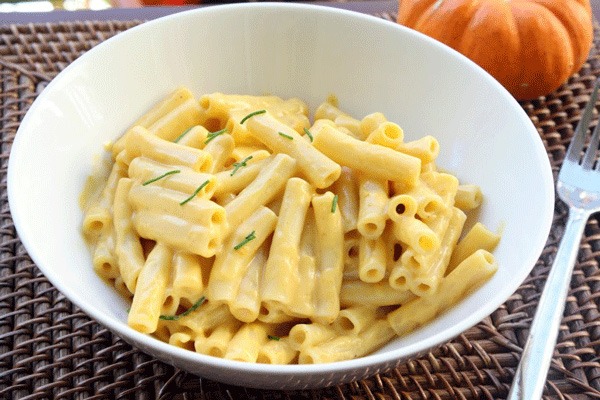
Refined carbohydrates, such as pasta made with enriched flour, are a major diet don't, especially when you are sick. Upton lists simple carbohydrates as a food group to avoid when you are ill. Much like sugar, simple carbohydrates have the potential to increase inflammation and weaken your immune system's response to disease.
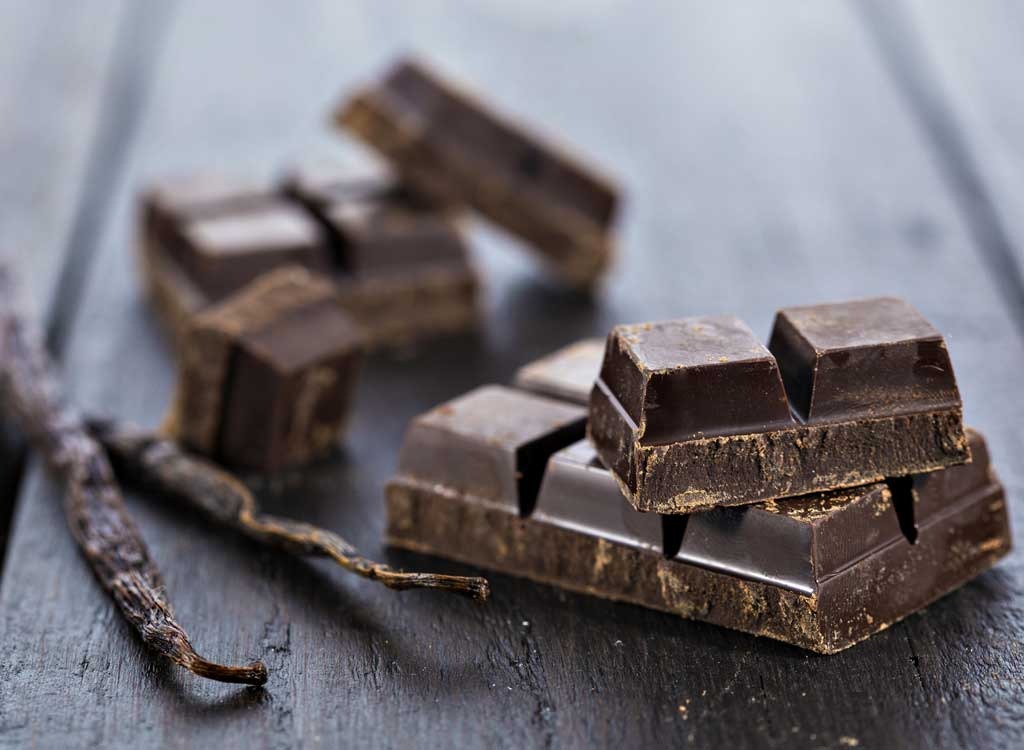
In 15 Foods That Can Make You Congested, Rene Ficek, RD, explains that foods that are high in refined sugar, such as chocolate, can increase the production of yeast in your body, which will lead to an overgrowth of bacteria. Additionally, most chocolate bars have high levels of saturated fat, which is known to increase inflammation and exacerbate cold and flu symptoms.
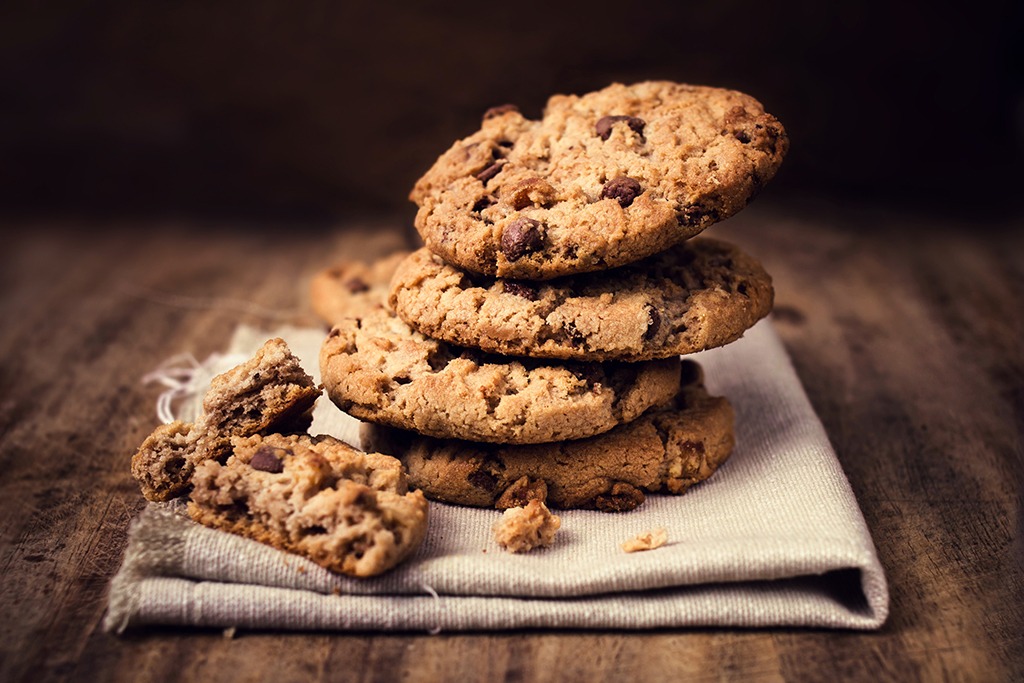
Don't turn into a cookie monster when you are home battling the flu unless you want to make your symptoms worse. Cookies are filled with sugar, which will lead to inflammation and cause you to become more susceptible to illness. "If you have a poor diet high in excess sugar, you will be prone to get sick more often," Kimszal warns.
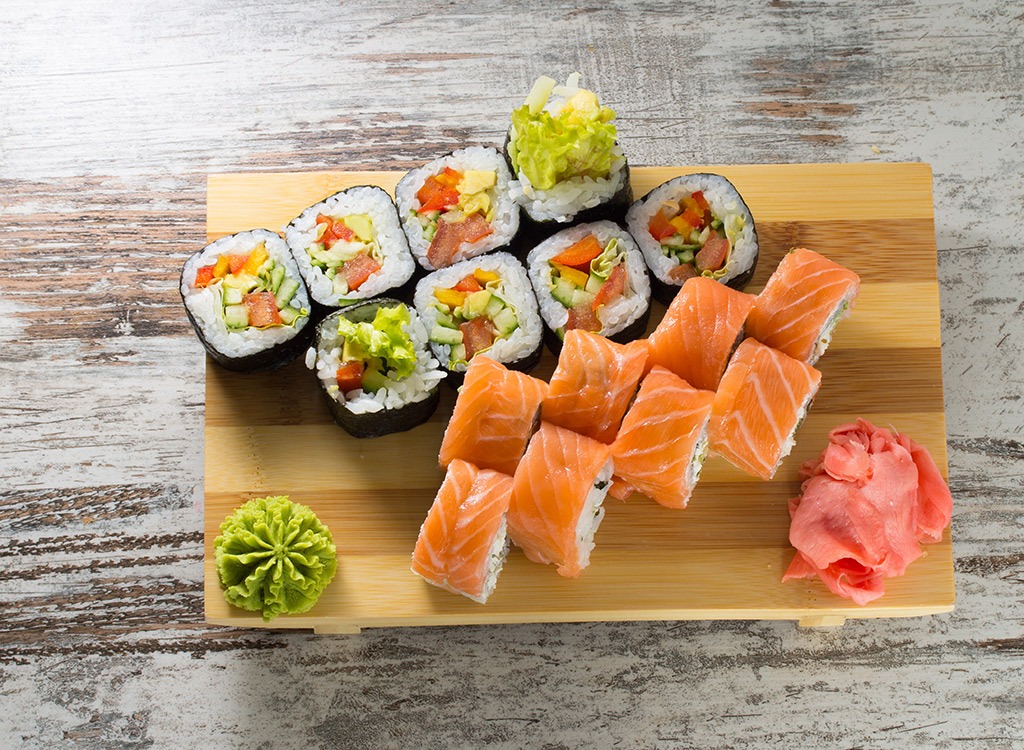
The reasons why you should avoid this spicy sushi accompaniment are two-fold. If your stomach is upset, Kerkenbush advises you steer clear of all hot or pungent foods. Secondly, as Lewis explains, consuming spicy foods can irritate your nasal passages and increase mucus production. No matter what ailment you are dealing with, it's better to keep it bland until you are feeling more like yourself.
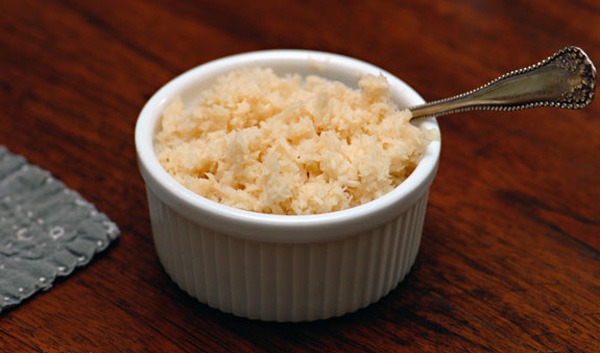
Another reason why it's best to lay off of the spice until you are feeling up to par? As we explained in 15 Foods That Can Make You Congested, hot foods can create more histamine in your body. This inflammatory compound will cause your nose to itch and may worsen cold symptoms, especially runny noses.
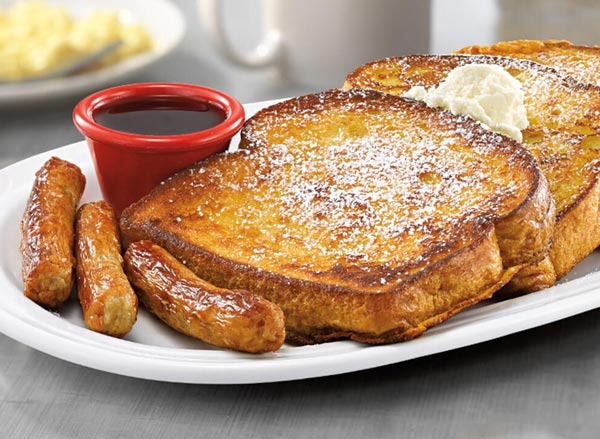
This brunch-time staple should definitely not become a sick food staple. French toast is usually made with white bread or brioche, both of which will quickly be converted into sugar in your body. The batter the bread is dipped in is usually made with dairy, which will thicken the mucus your body produces. Finally, when maple syrup is generously swirled on top, you're looking at even more sugar and as a result, more inflammation that will further sabotage your immune system.
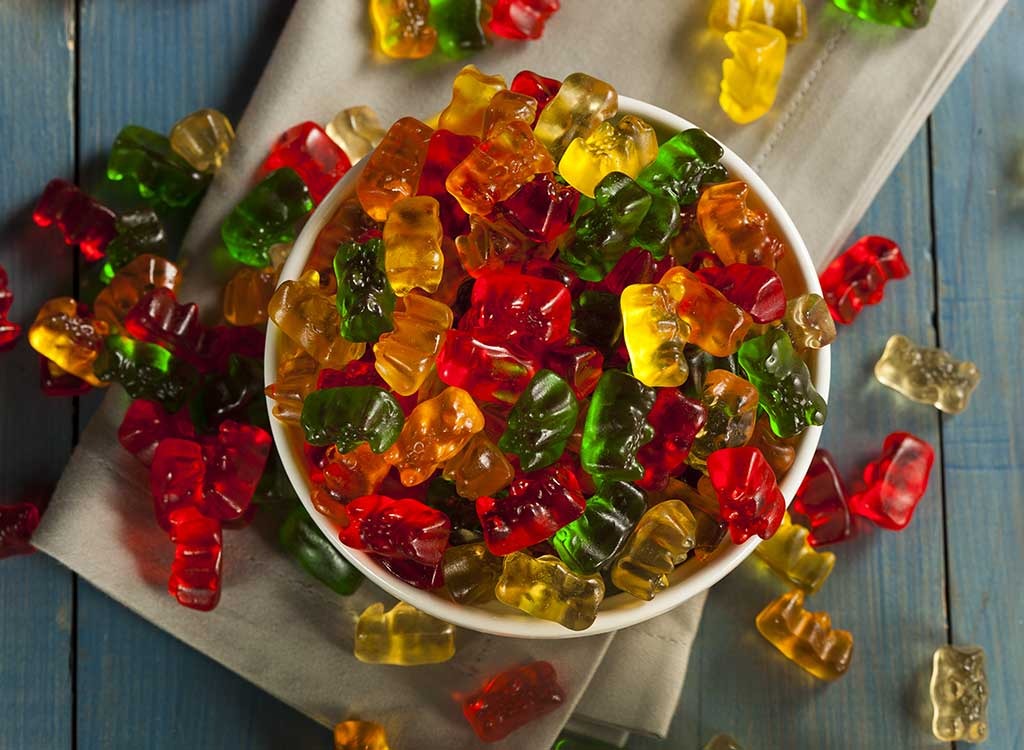
Opting for sugar-free versions of your favorite sweets may seem like a good way to reduce inflammation, but in reality, you may be making it worse. In 14 Foods That Cause Inflammation, we discussed the damage these fake sweeteners can inflict on your immune system. Artificial sugars decrease the levels of healthy bacteria in our gut, leading to a reduction in the number of anti-inflammatory compounds your body produces.
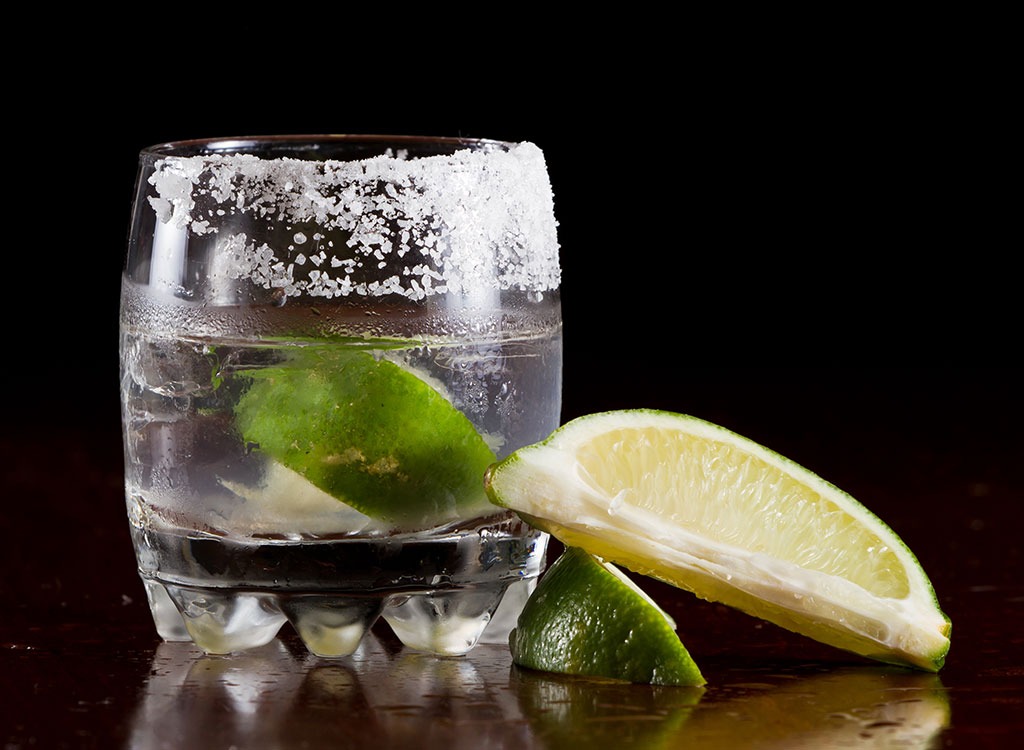
You might want to rethink those post-work drinks if you're feeling under the weather. Alcohol can take a huge toll on your immune system. The National Institute on Alcohol Abuse and Alcoholism states that drinking too much on one single occasion can make you more susceptible to disease for up to 24 hours after imbibing.
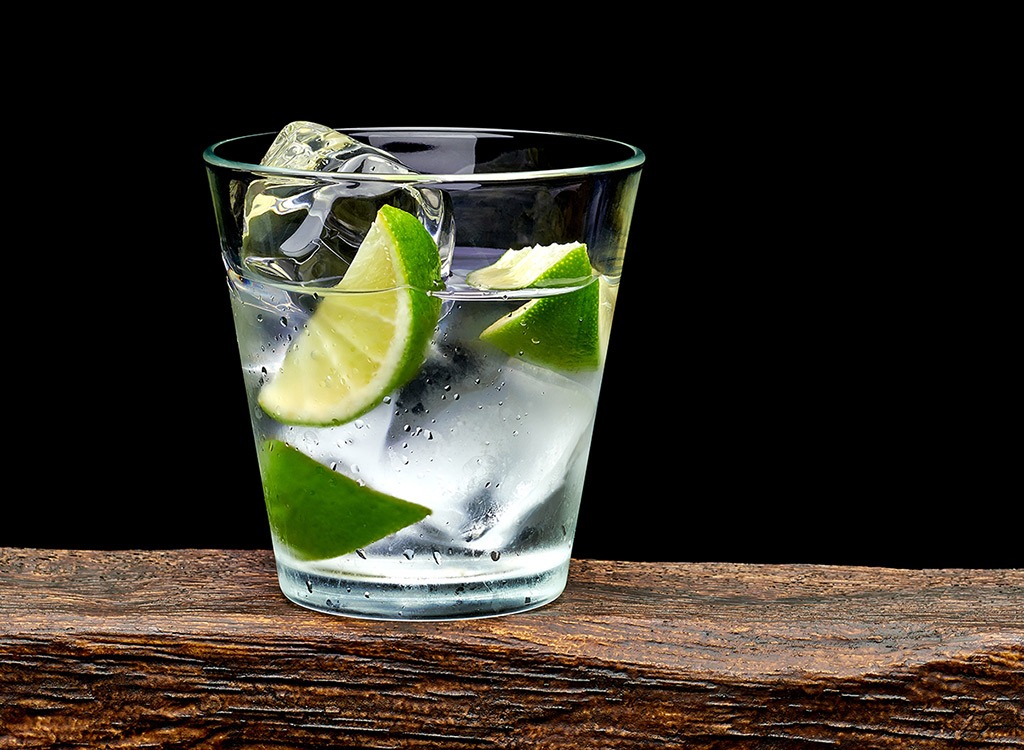
Another reason you should avoid drinking gin and other forms of alcohol? It will hinder your hydration efforts, according to Alyssa Rothschild, RDN, CDN. "Alcohol has a dehydrating effect, which is the exact opposite of what you want when you are sick," she explains. "Extra fluids such as water and tea help replace fluids lost from a fever and help loosen mucus."
Curious what else you can expect to happen when you quit drinking? Take a glimpse at This is What Happens to Your Body When You Give Up Alcohol to learn more.
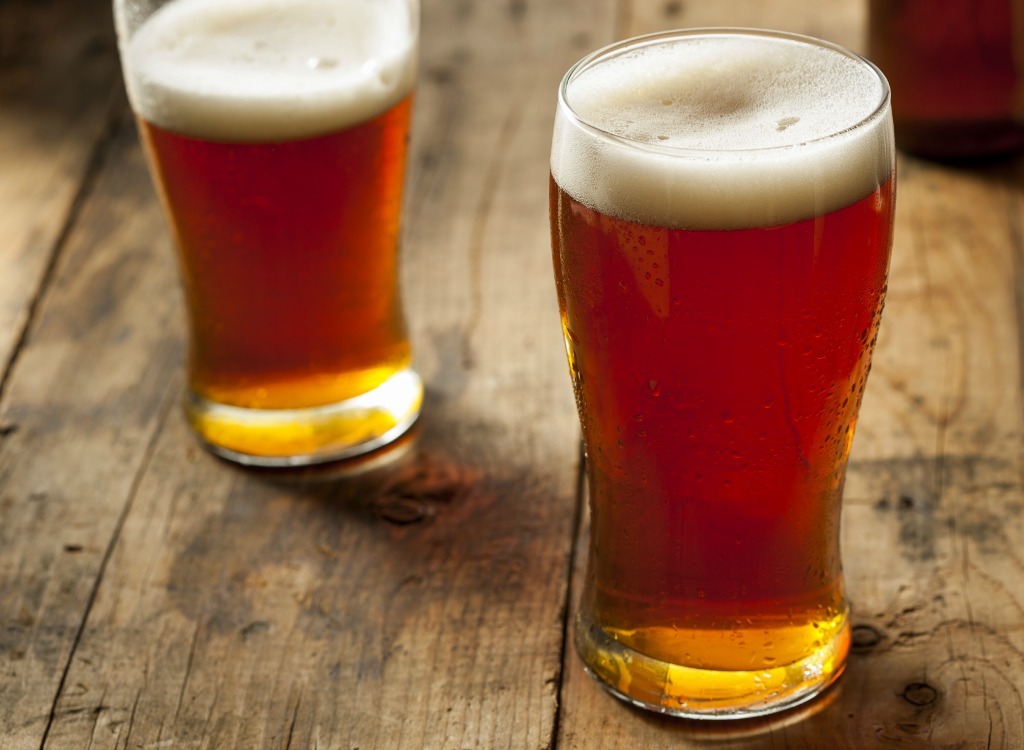
It's not just hard alcohol you need to avoid; beer is also a no-go when you're sick. Sipping on a brewed beverage or two will dehydrate you, which is exactly what you want to avoid when you're under the weather.
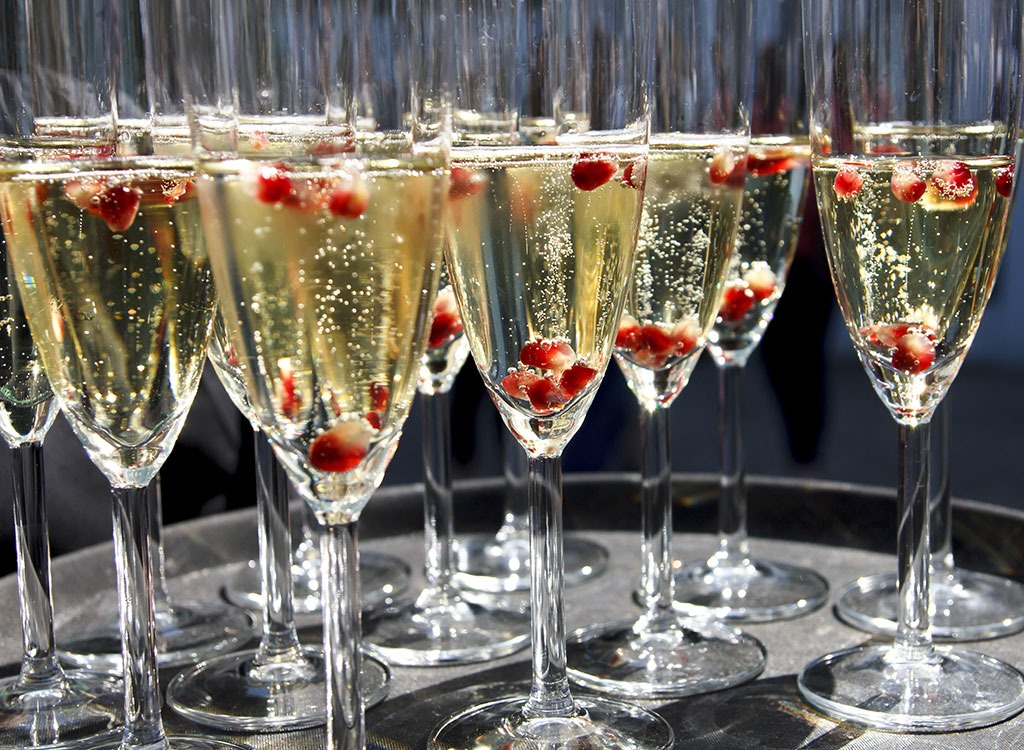
Save the bubbly celebrations until you're feeling on your A-game. Even though champagne has a lower alcohol content than liquor, it's still not an ideal beverage to sip when you are sick. Zach J Cordell, MS, RDN, recommends drinking infused water, coconut water, unsweetened sports drinks like Propel, and tea instead.
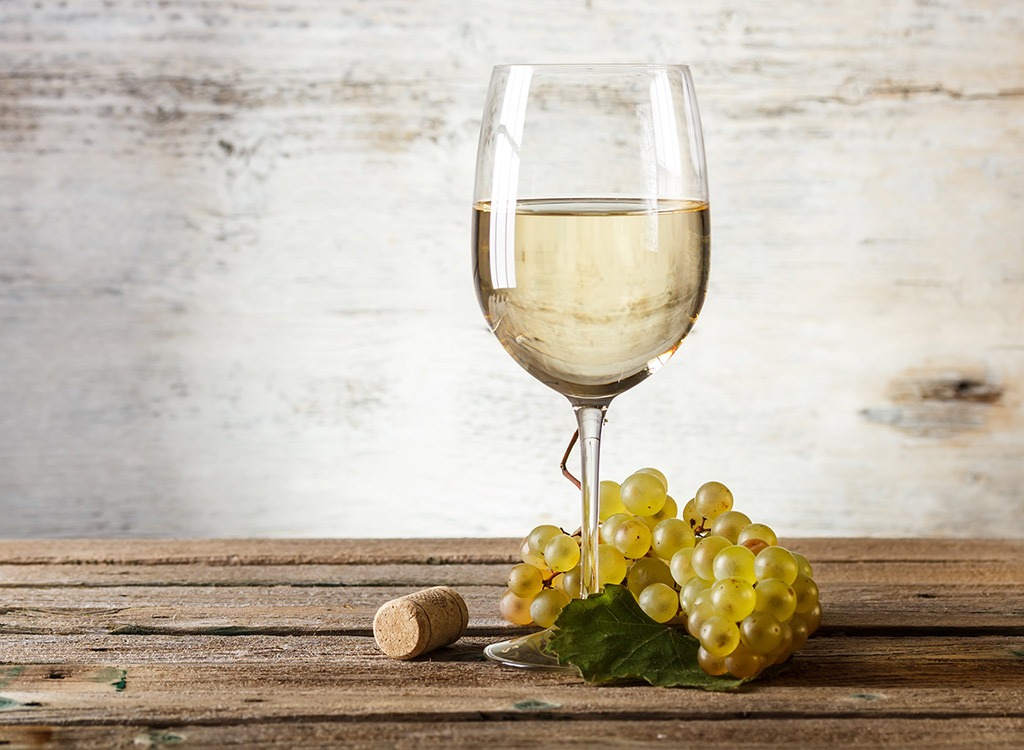
Hold off on cracking open that bottle of red until you're feeling up to par. In 15 Foods That Can Make You Congested, Dr. Huml, a certified clinical nutritionist, cited alcohol as one of the most pro-inflammatory foods we consume. Wine also contains a natural histamine that can cause your nasal tissues to swell, which will exacerbate stuffiness.
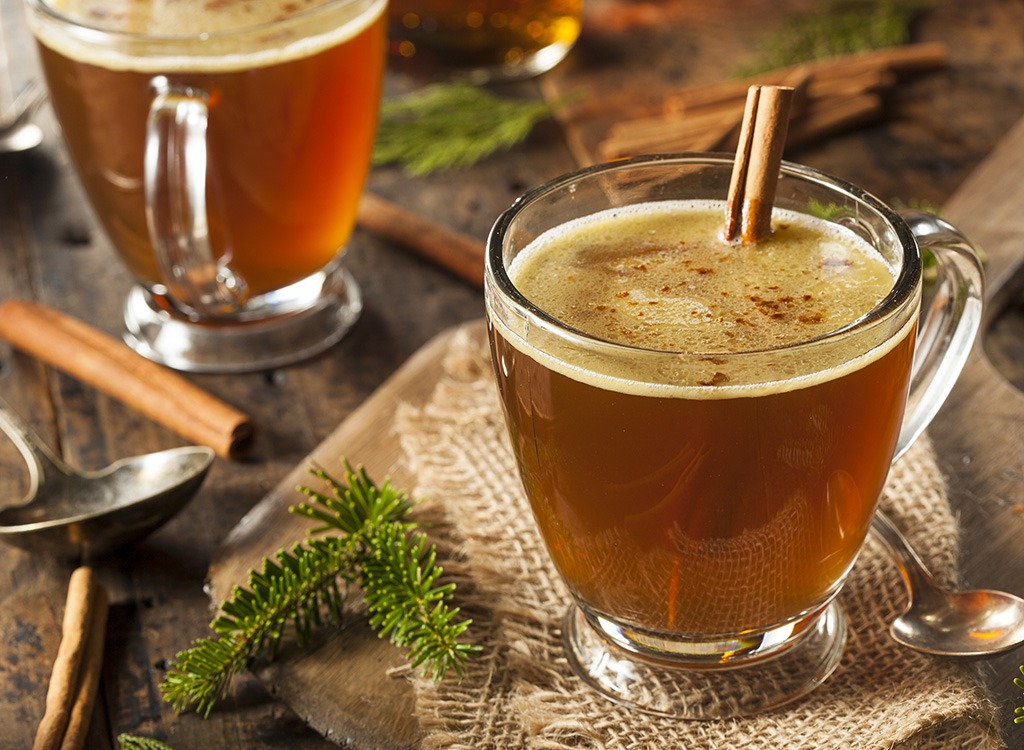
Hold off on piña coladas and rum punches until you're feeling 100 percent. Not only will alcohol like rum dehydrate you and weaken your immune system, but the sugary mixers it is often paired with will not do your body any favors either.

If you're regularly knocking back whiskey shots, your immune system is going to pay the price. The National Institute on Alcohol Abuse and Alcoholism explains that, in addition to temporarily compromised immune systems, chronic drinkers have a higher risk of catching pneumonia and tuberculosis than teetotalers.
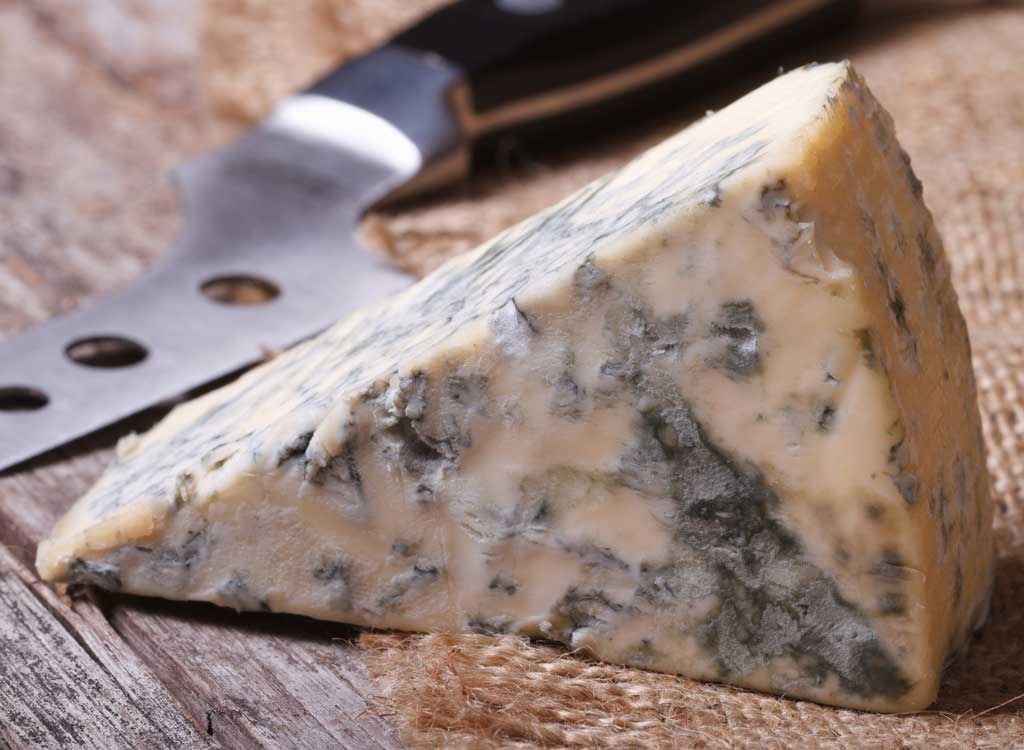
Stay away from the stinky cheese, especially if you're dealing with head or sinus problems. According to The National Headache Foundation, blue cheese is rich in tyramine, a compound found primarily in aged foods, that has the potential to trigger headaches and migraines.
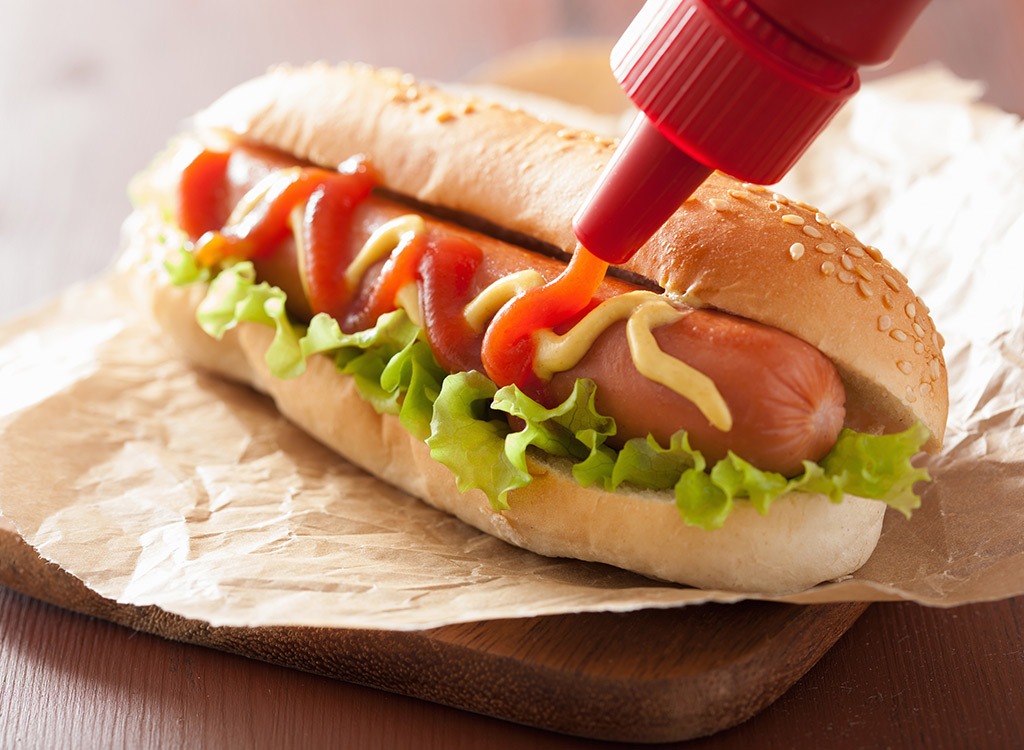
There are a couple of reasons why you should avoid this ballpark favorite when you are sick. Zamarripa recommends cutting out all salty foods, which have the potential to make you dehydrated and subsequently worsen cold symptoms. Additionally, a study published in the journal The Lancet shows that nitrites, a compound found in hot dogs, have the potential to trigger headaches in otherwise healthy adults.
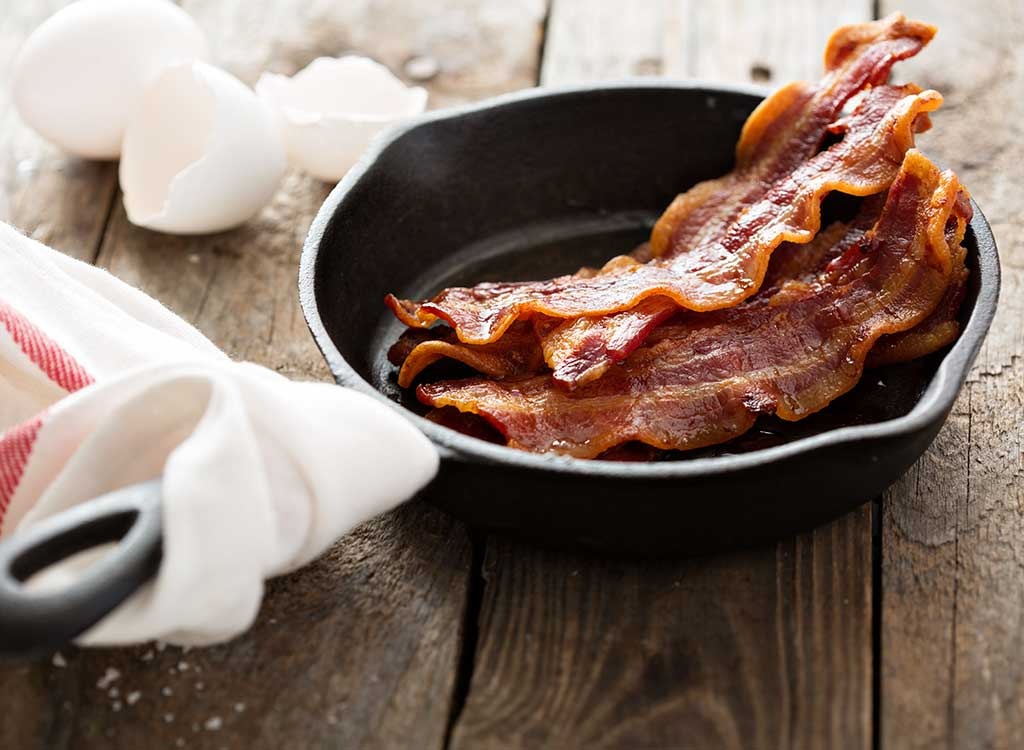
It's best to pass on this breakfast favorite, mostly due to its high sodium content. "Too much salt can lead to dehydration during a sickness. Excess salt causes fluids to be pulled from your cells into your bloodstream, leaving your cells dehydrated, which can worsen or prolong cold and flu symptoms," says Zamarripa. She specifically mentions eschewing processed meats, such as bacon, as well as fast food and higher salt soups.
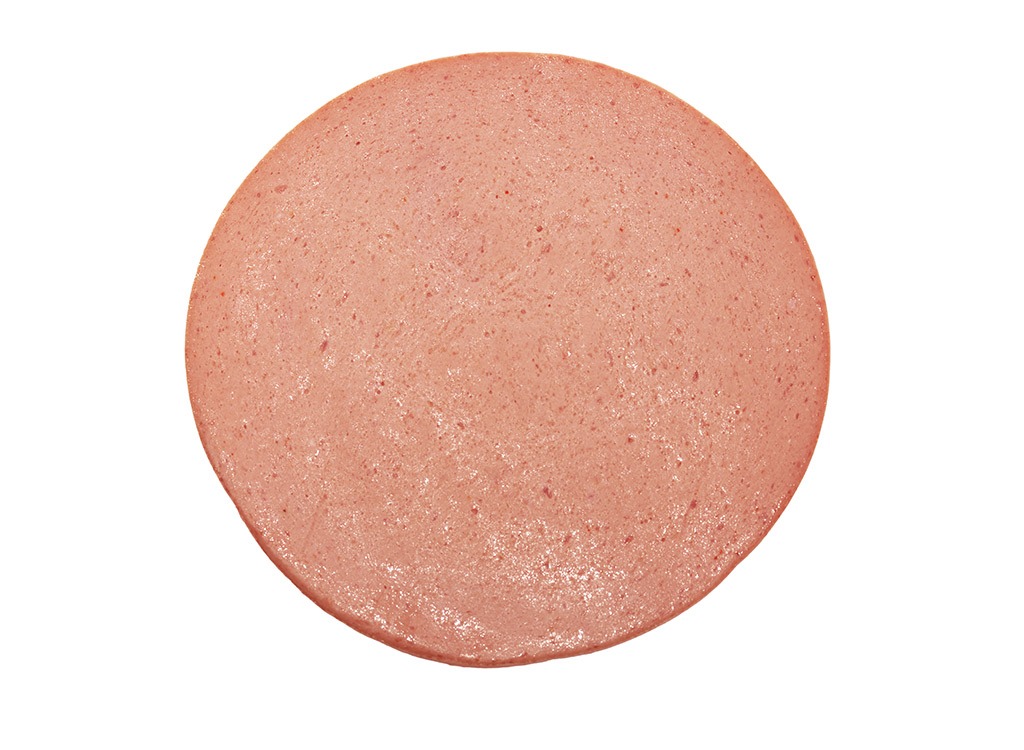
Bologna is a form of processed meat, a major dietary don't when you are sick and trying to stay hydrated. Additionally, bologna contains nitrites, the same compound found in hotdogs that has been shown to trigger headaches. Processed lunch meat is never the healthiest meal choice, but if it's a favorite, hold off on indulging until you feel better.
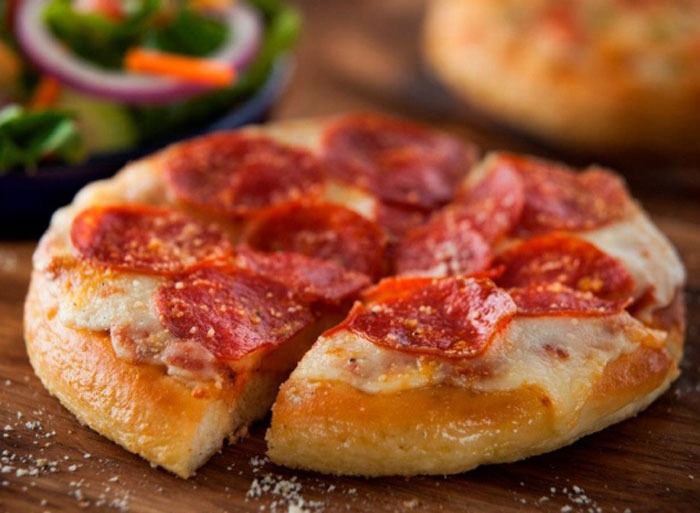
The one way to make pizza an even worse sick food? Adding pepperoni to it. The processed meat is high in headache-causing nitrates as well as excess sodium, which may cause dehydration. Additionally, pepperoni is high in saturated fat, which will increase inflammation in the body.

Say goodbye to shellfish while you are sick, especially if you want to avoid irritating your sinuses. Shrimp and most other shellfish contain compounds that trigger the release of histamine, which will exacerbate feelings of congestion and stuffiness.
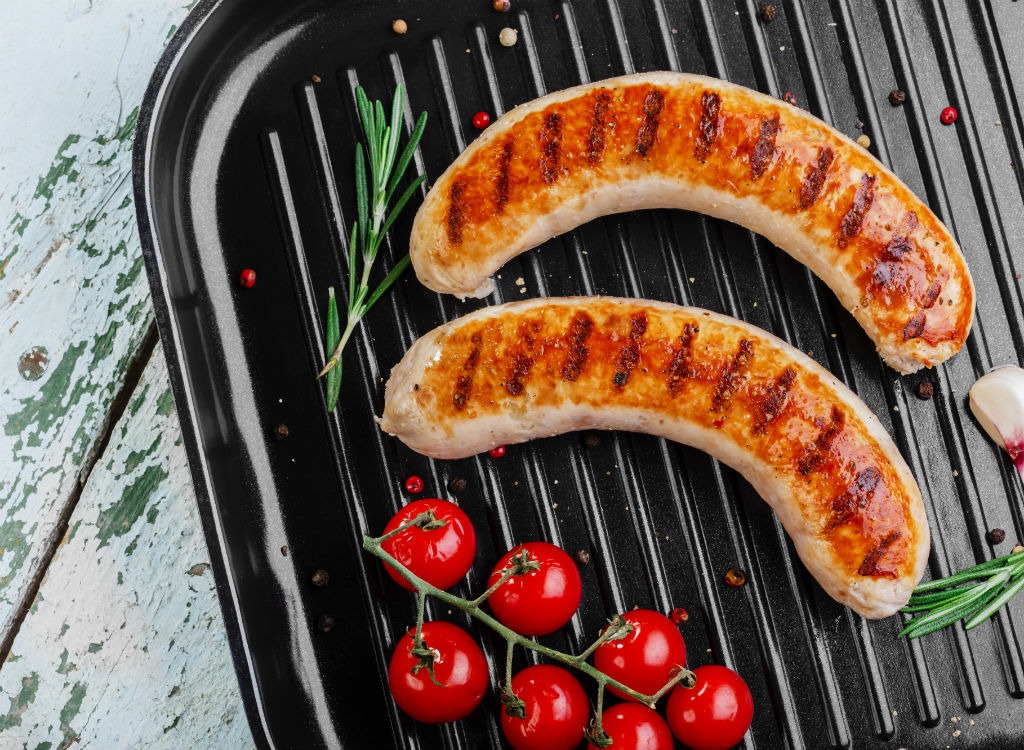
No matter how much you love indulging in a link or two, you may want to wait until you recover to eat sausage. The combination of saturated fat and sodium is a double-whammy when it comes to inflammatory responses. The addition of nitrites means the potential for a post-feast headache, which will feel much worse if you are already sick.

You need to rest when you are sick, not try to push through with the help of caffeine-laden energy drinks. Eliza Savage, MS, RD, CDN recommends avoiding both alcohol and caffeine when you are under the weather. "Excessive caffeine can dehydrate the system, while you really need a ton of fluids to promote optimal hydration, boost your immune system, and flush out the system," she says. Many energy drinks are also high in sugar, which can tax the immune system.
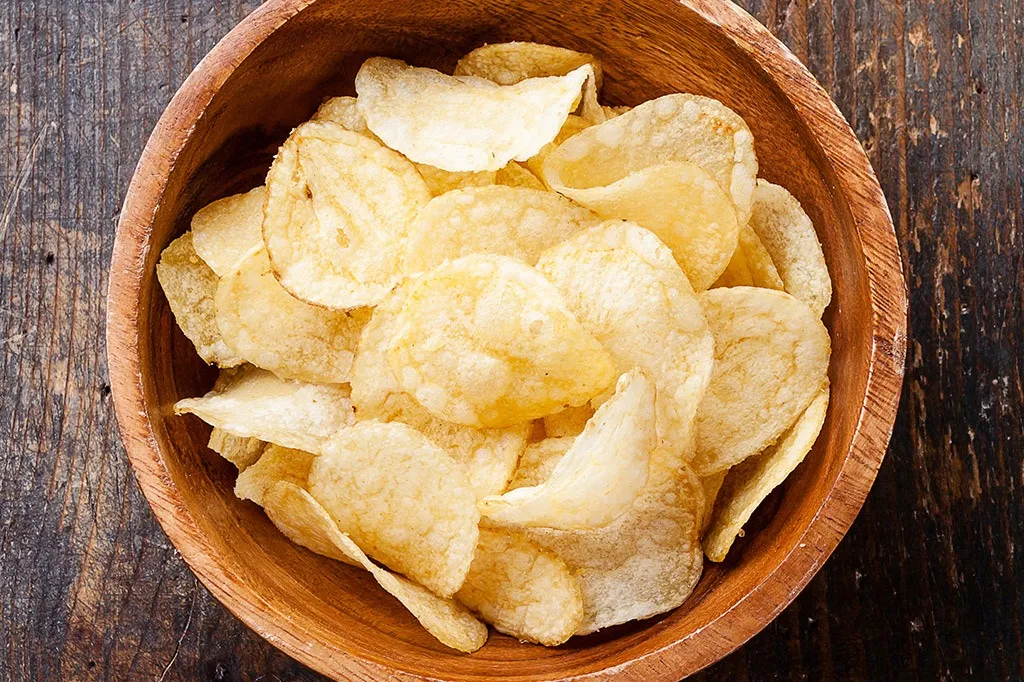
Potato chips are never a food you should eat with abandon, but you may want to be extra cautious when you are under the weather. Kerkenbush cautions against eating any kind of crunchy food when you are sick, especially if you are having difficulty swallowing as it can irritate your throat. Potato chips also have a high sodium content which can contribute to dehydration and worsen cold symptoms.
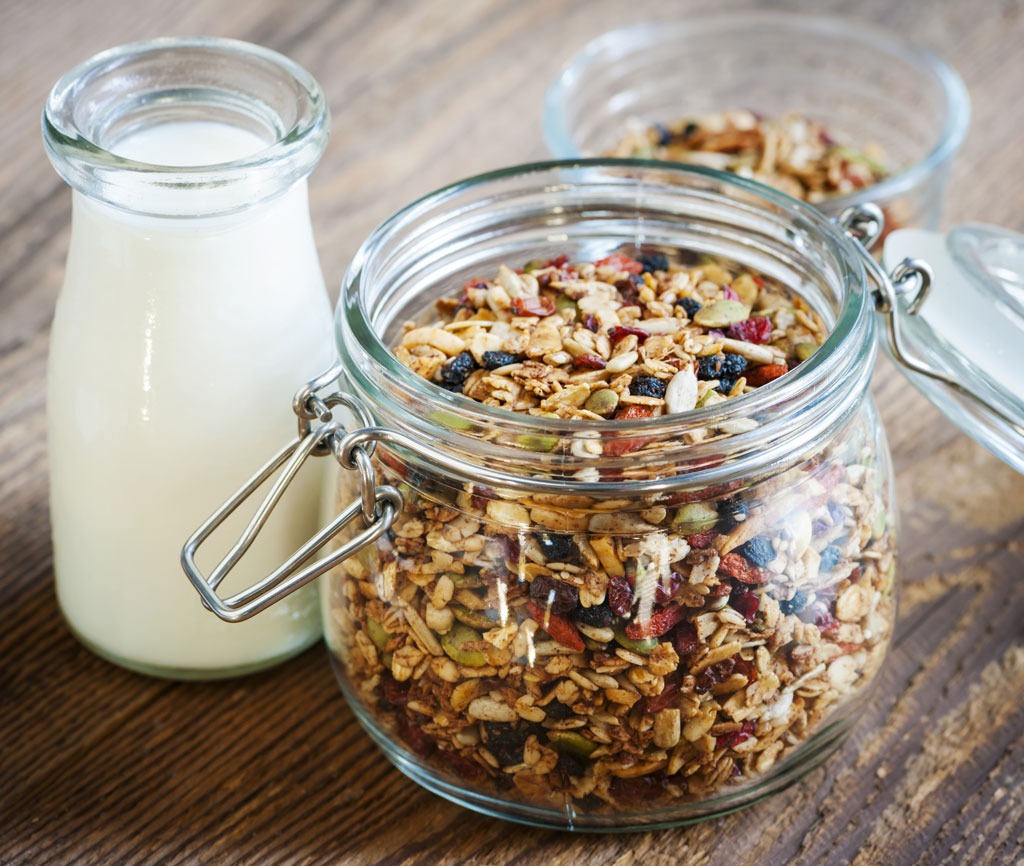
This snack is another item you should consider avoiding, especially if it is your throat that is bothering you. The sharp pieces can be abrasive and uncomfortable, especially if you are already having trouble swallowing. Additionally, many granolas have deceptively high sugar contents, which can lead to inflammation and sinus discomfort.
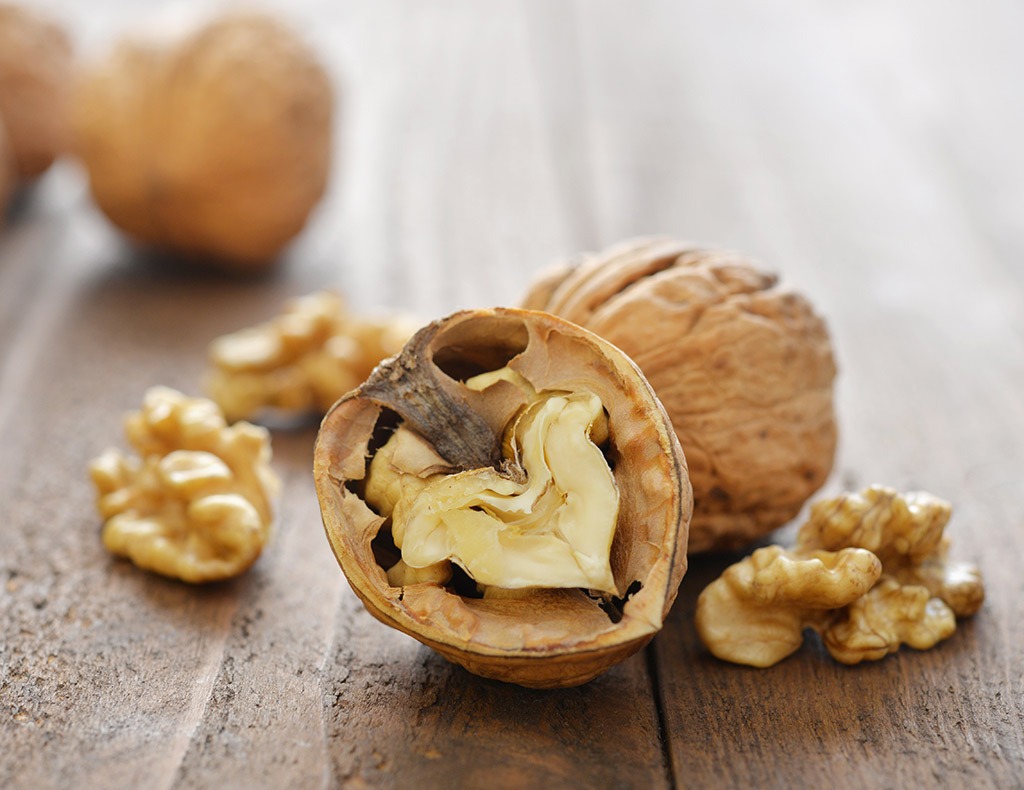
Walnuts are normally a healthy addition to your diet, but you might want to rethink chomping on them while you are sick. Not only do the crunchy nuts have the potential to irritate a sore throat, they also contain high levels of histamine. In order to avoid irritating your nasal passages, it's best to skip out on walnuts until your cold symptoms are relieved.
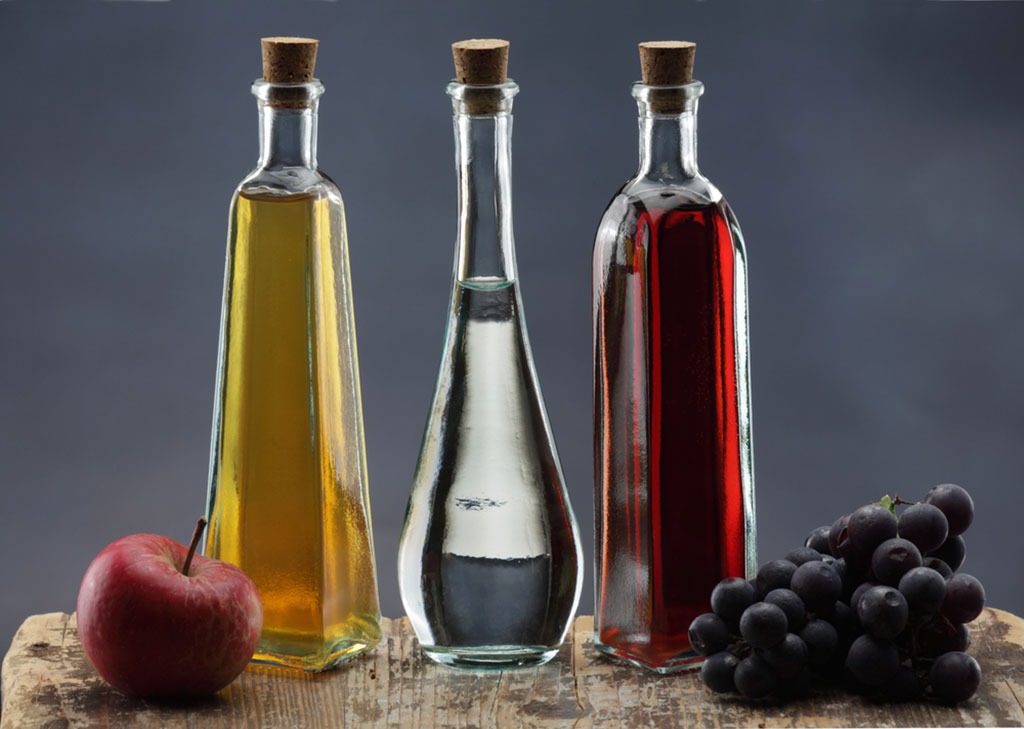
Fermented foods and condiments like vinegar also have high levels of histamine, making them a less than stellar choice when you are sick. Because histamine has the ability to cause your nasal passages to swell and exaggerate feelings of congestion, it's best to avoid histamine-rich foods until your symptoms clear up.
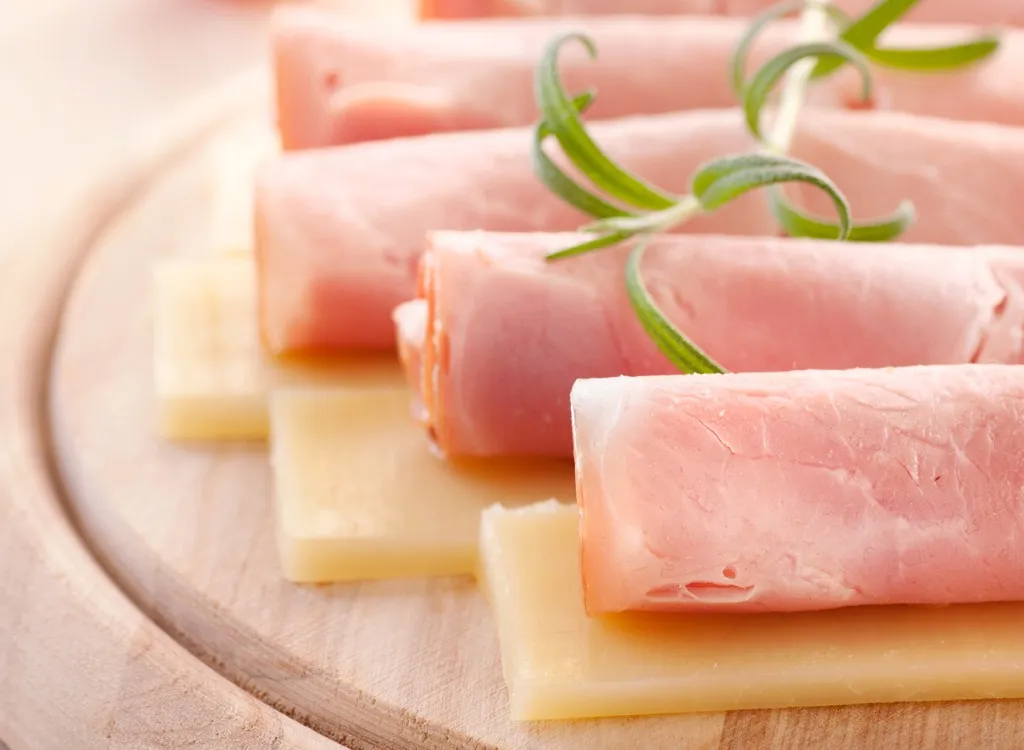
There's a reason deli meats can stay "fresh" for so long: preservatives. Not only are these add-ons less than ideal nutritionally, they're a nightmare if you are already battling a cold or flu. Doctor Adrienne Youdim recommends avoiding processed foods because they make the body more susceptible to viruses and disease.
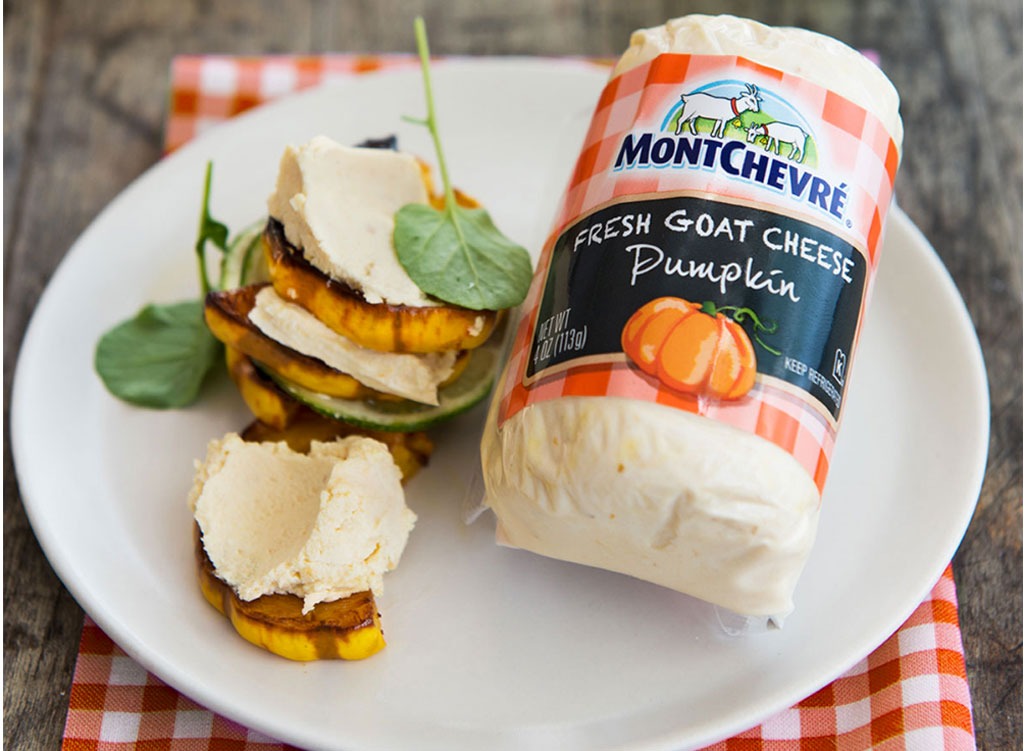
Hold off on this soft cheese, which is known to release histamine into the body. A build-up of histamine can cause headaches, itchiness, and flushed skin, all of which are less than ideal when you are already under the weather.
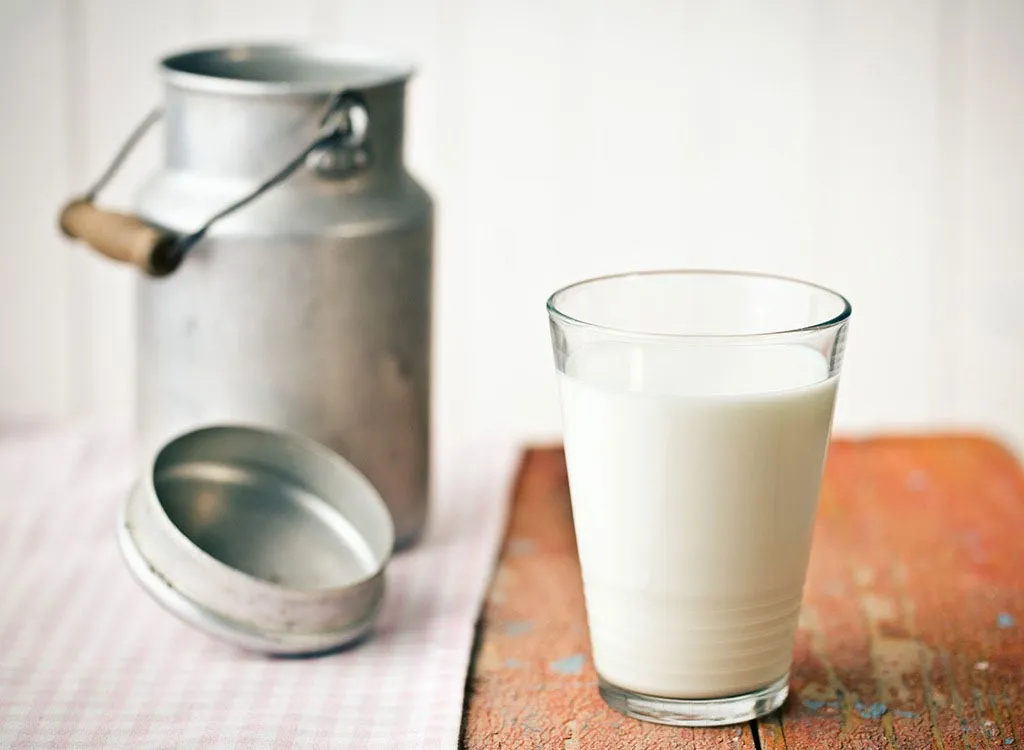
That sour quality that gives buttermilk its distinctive taste is also what contributes to its status as a food that is high in histamine. Fermented dairy products tend to have high histamine levels, meaning a potential increase in inflammation and an even runnier nose.

There are several reasons why you should lay off of the deep fried spuds, especially when you are sick. Upton advises her clients to stay away from French fries when they are sick because of their ability to cause inflammation. Additionally, if your stomach is upset, consuming something greasy is not the way to go. "High-fat foods take considerably longer to digest and therefore ask the stomach to work a lot harder when it's already sensitive – this can lead to acid reflux and vomiting," according to Lewis.

You might think sipping a soda is the best way to settle an upset stomach, but it's hindering your immune system. Dr. Luiza Petre names soda as one of the worst foods to consume when you are sick, mainly because of its high sugar content. "Inflammation soars with sugar-laden foods and beverages. It actually weakens your white blood cells, which are your body's infection fighters. Since your immune system is down, you will stay sicker longer," she says.
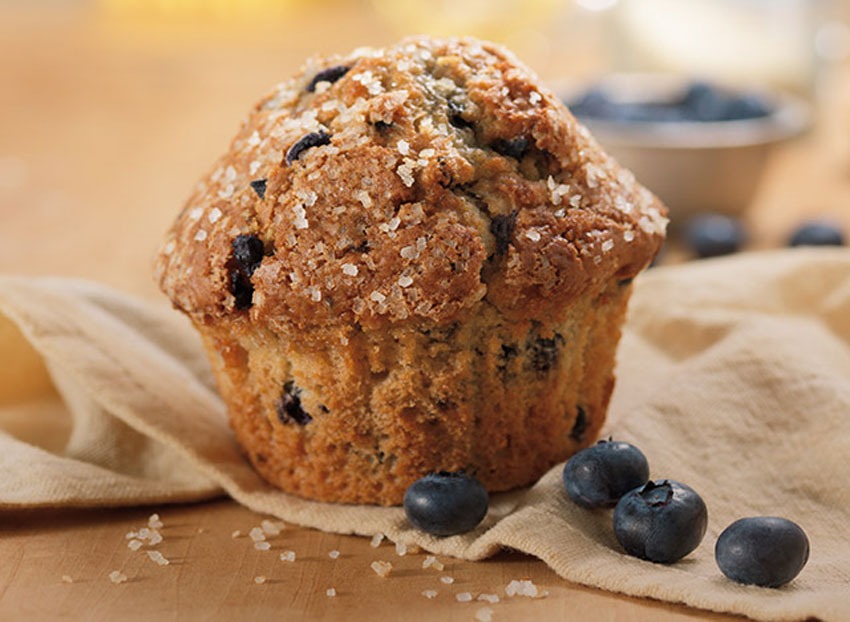
Muffins are high in refined carbohydrates and sugar, two things you want to avoid as much as possible when you are sick. Dr. Petre acknowledges that many people crave these kinds of foods when they are ill, but emphasizes that indulging in them may lengthen your recovery time. "These refined carbohydrates rapidly break down into sugar and thus slow down your body trying to fight off the infection. These raise inflammation levels and severely slow down your recovery," she concludes.
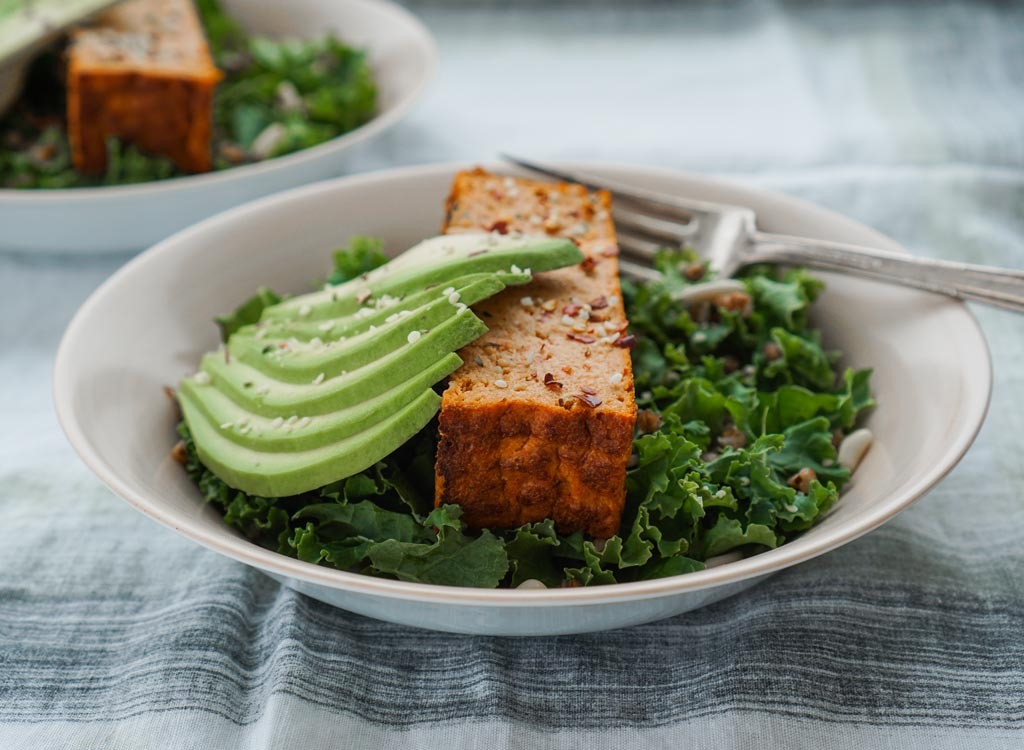
This meat substitute is made almost entirely out of gluten, which can be extremely problematic if you have any kind of sensitivity to this wheat protein. As we addressed in 15 Foods That Can Make You Congested, gluten has the potential to cause inflammation and an increase in mucus production if you have any issues digesting it. Play it safe and steer clear of seitan until you're no longer congested.
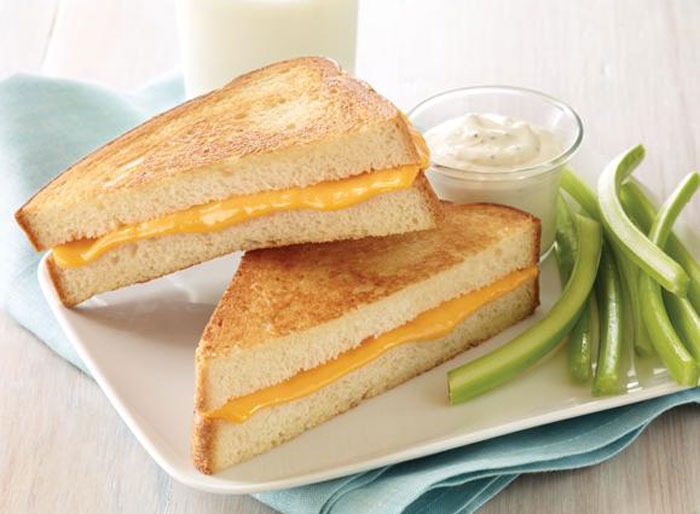
There are a couple of reasons why you should avoid eating this diner staple at all costs. The cheese is high in saturated fat and sodium, which can contribute to inflammation and dehydration. If that was not problematic enough, the white bread it is made with is high in refined carbohydrates which can cause an uptick in blood sugar and even more inflammation. Finally, frying the sandwich adds even more difficult to digest fat, which can be especially rough on an already sensitive stomach.
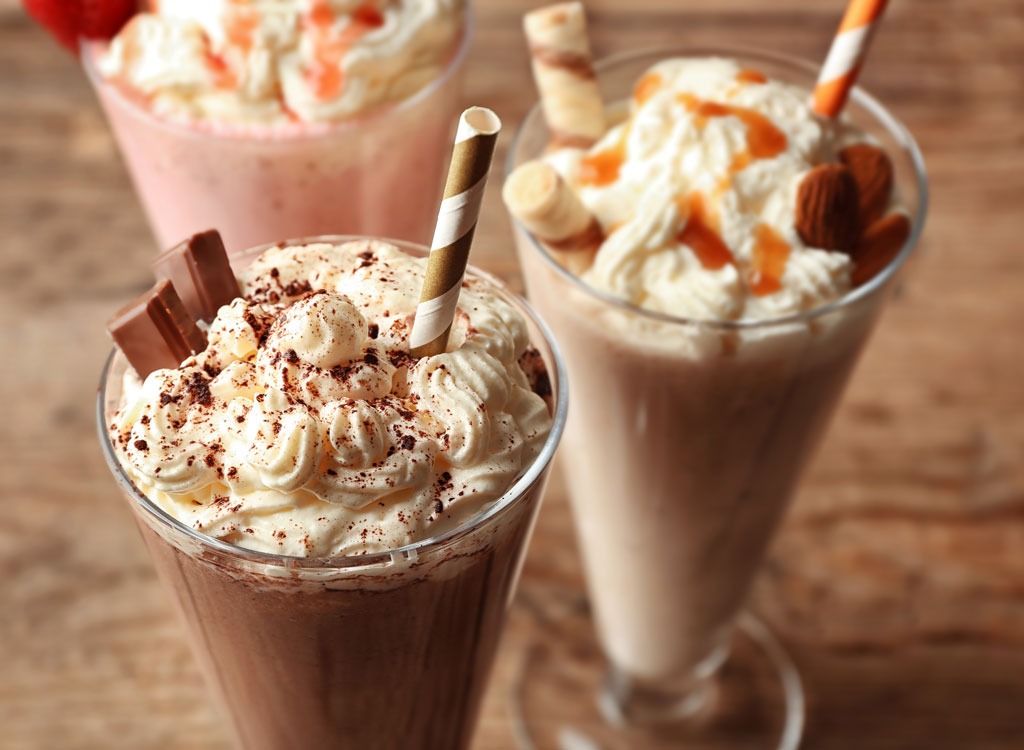
A creamy shake may sound like the perfect nostalgic indulgence, but it's a serious 'don't,' especially if your immune system is already battling an infection. "Ice cream is the worst … as it combines fat, sugar, and dairy that generate increased stress and inflammation on the already compromised immune system," says Dr. Petre. Because ice cream takes center stage in most milkshakes, it's best to avoid them when you are under the weather.
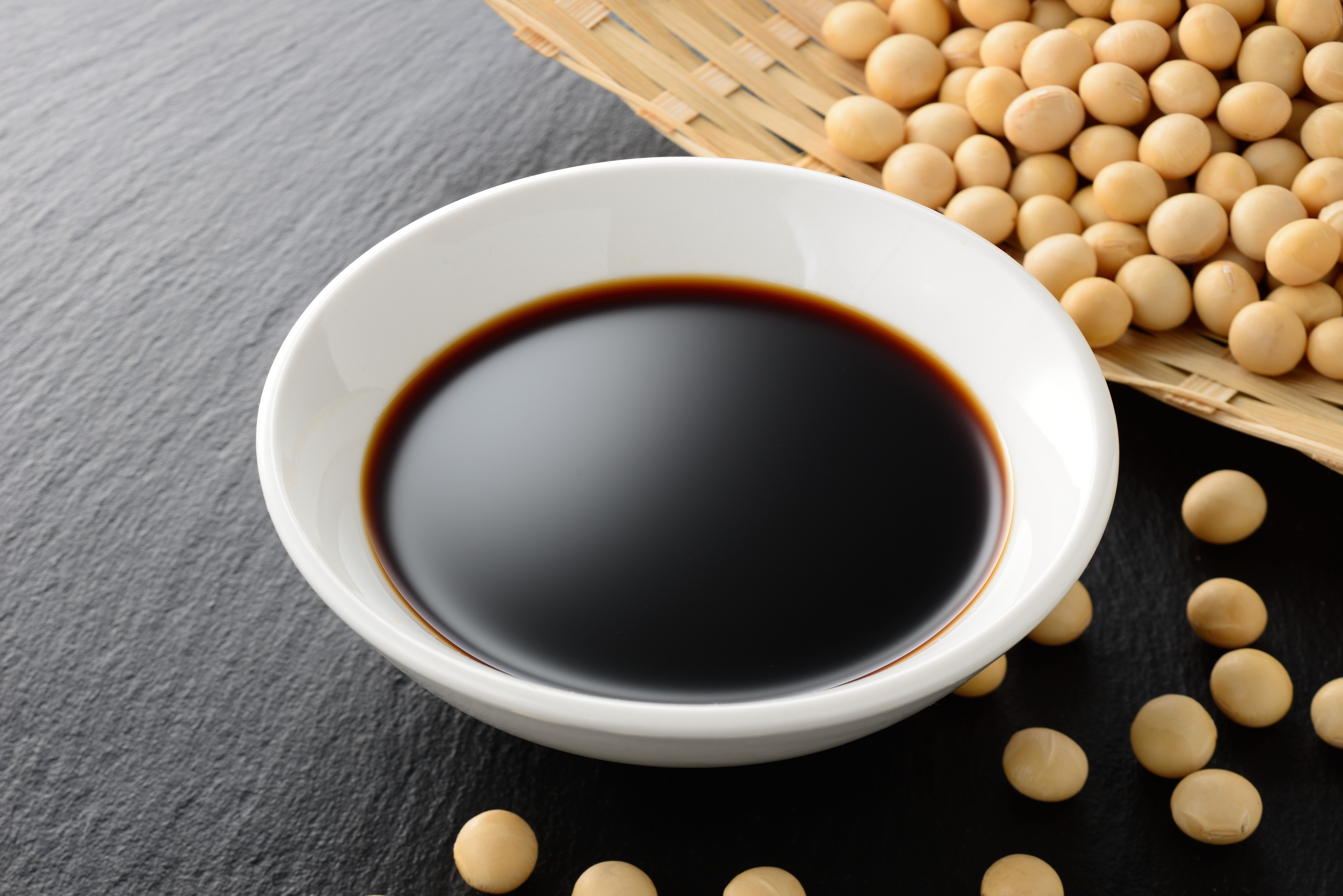
Much like vinegar, soy cause is a condiment you should avoid as much as possible when you are under the weather. The popular rice accompaniment contains a substantial amount of histamine due to the fermentation involved in its production. Additionally, soy sauce has high levels of sodium, which will make you more vulnerable to becoming dehydrated, especially when you are already sick.
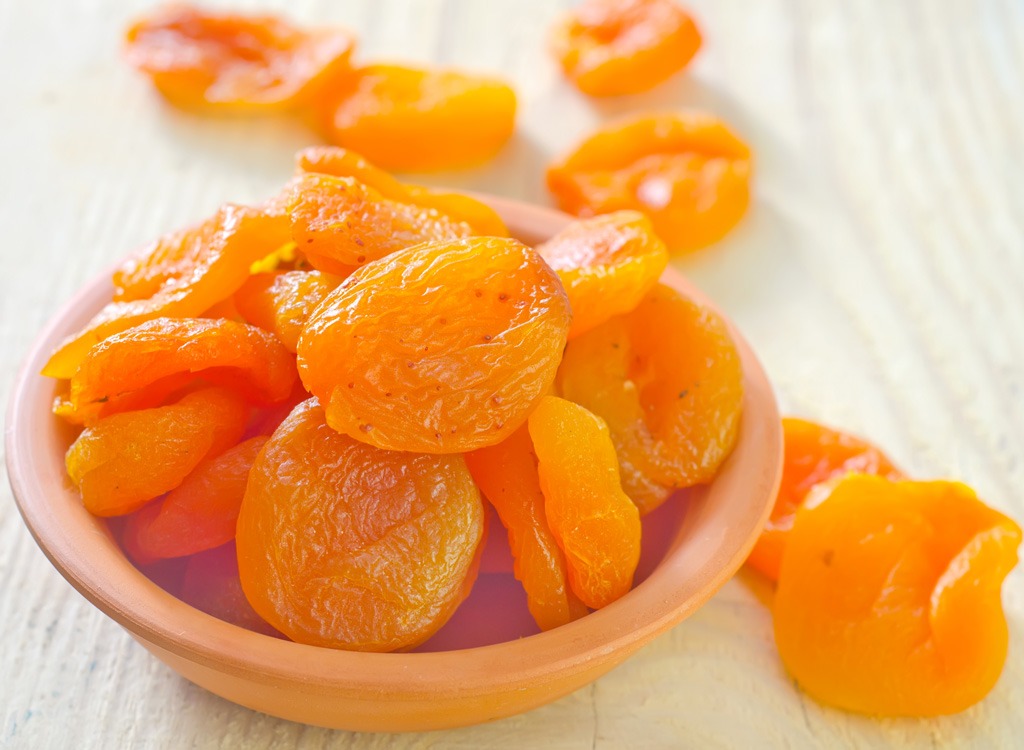
If you're craving apricots, stick to the fresh version at least while you are fighting off disease. The dried fruits have much higher levels of histamine, which will irritate your nasal passages and potentially cause headaches. Whole fruit also has a greater water content than dried fruit, which is a serious plus when you are sick and predisposed to dehydration.
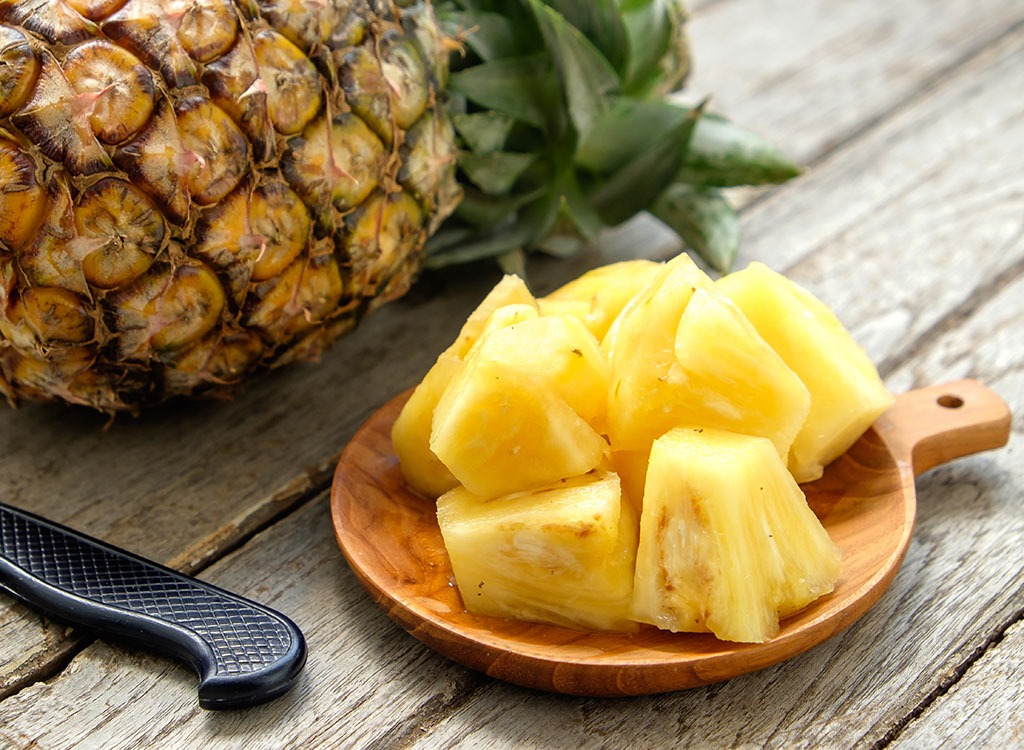
Pineapple is another tropical food you're best off avoiding until you have fully recovered. The yellow fruit has high levels of histamine, a compound that may make some of your most irritating cold symptoms worse. Additionally, pineapple contains ascorbic acid, which may irritate sore or scratchy throats.
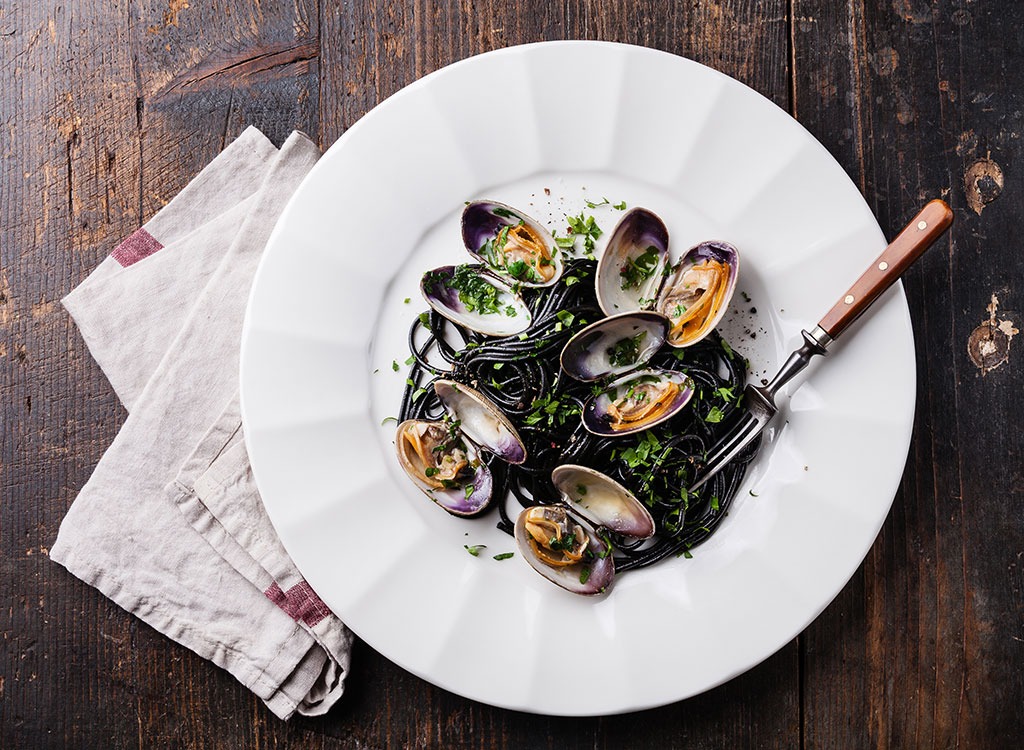
Pass on the clams until your sinus-related symptoms have improved. These bite-size shellfish are potent histamine releasers, meaning your body will create more of the congestion-causing compound when you consume clams. And no matter what you do, be sure to say no to fried clams, which are loaded with hard-to-digest fat and inflammation-causing breading.
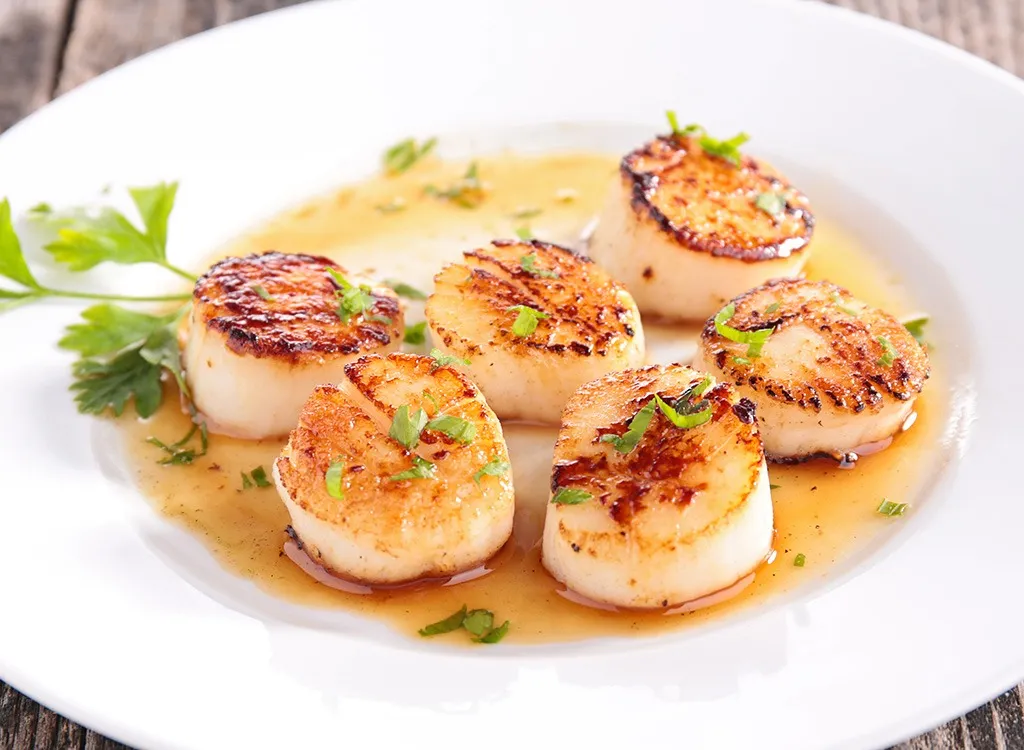
Another creature of the sea that is best avoided while you are sneezing, coughing, and sniffling. Much like clams, scallops are considered to be histamine releasers, meaning they will cause your body to produce more of the stuff. It's best to reduce the amount of histamine your body produces when you are sick to avoid inflammation and congestion.
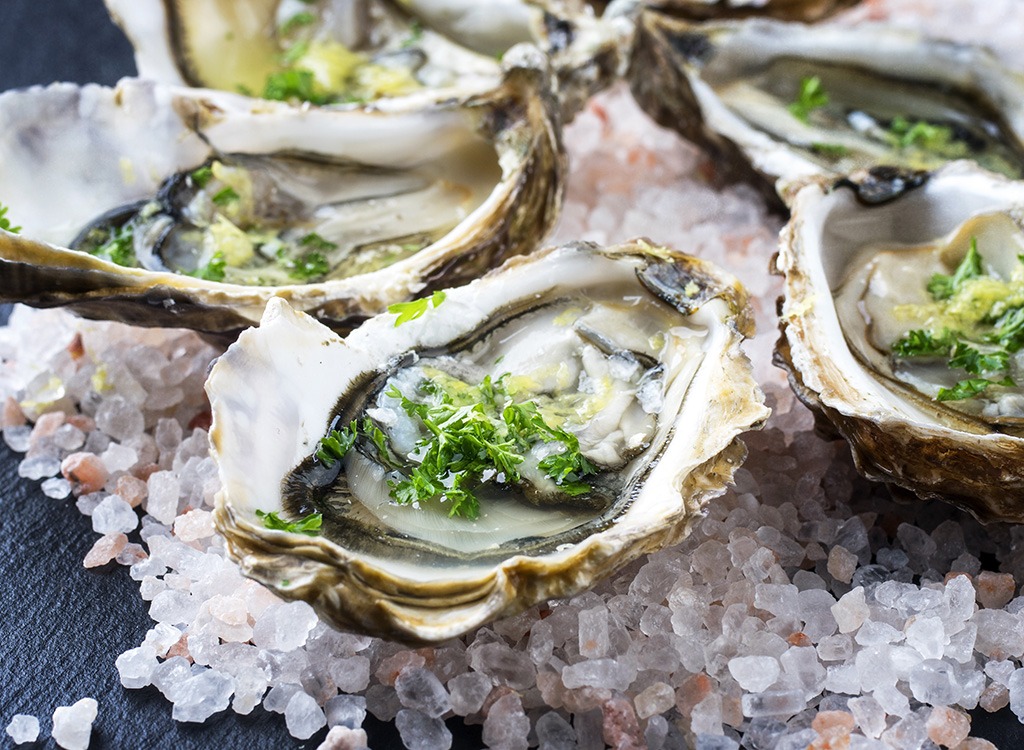
Oysters may be a known aphrodisiac but they have little power when it comes to curing a common cold. In fact, the bite-sized shellfish may make your cold symptoms worse because they contain a compound that stimulates histamine production in the body. Histamine has the potential to make runny noses far worse, so avoid those oyster happy hours until your sinuses are up to par.
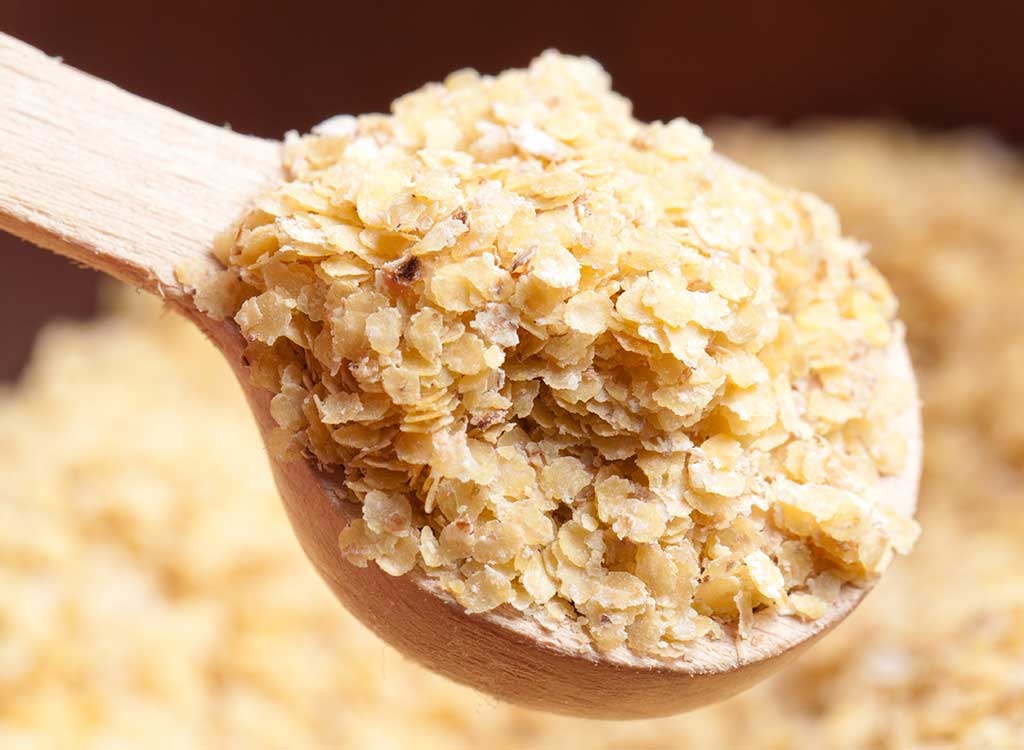
A less likely histamine-releasing culprit? Wheat germ. While this part of the wheat plant contains the most nutrients and vitamins, it also has the highest level of histamine. Because this compound can worsen cold symptoms like runny noses and congestion, it's best to avoid wheat germ while you are feeling under the weather.
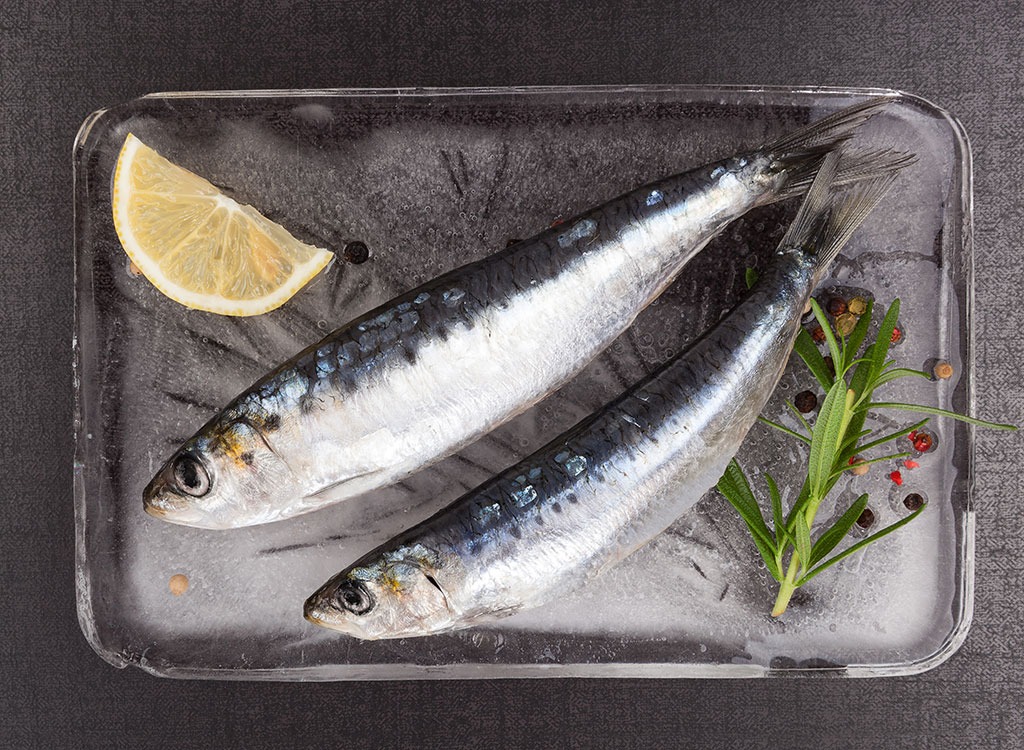
These fish might be small but they are powerful histamine releasers, which is bad news when you're congested and trying to get your nose to stop running. Even worse, one of the most popular ways to eat anchovies is on top of pizza, which is one of the worst foods you can eat when you're sick. Between the inflammation-causing cheese and histamine-releasing tomato sauce, the last thing you need is another major source of histamine as a topping.

Another small fish with a major dose of histamine, sardines are something you should avoid when you are dealing with sinus congestion and a runny nose. According to the New South Wales Food Authority, sardines have high levels of histidine, which can be converted into histamine in the presence of certain bacteria and throughout fermentation.
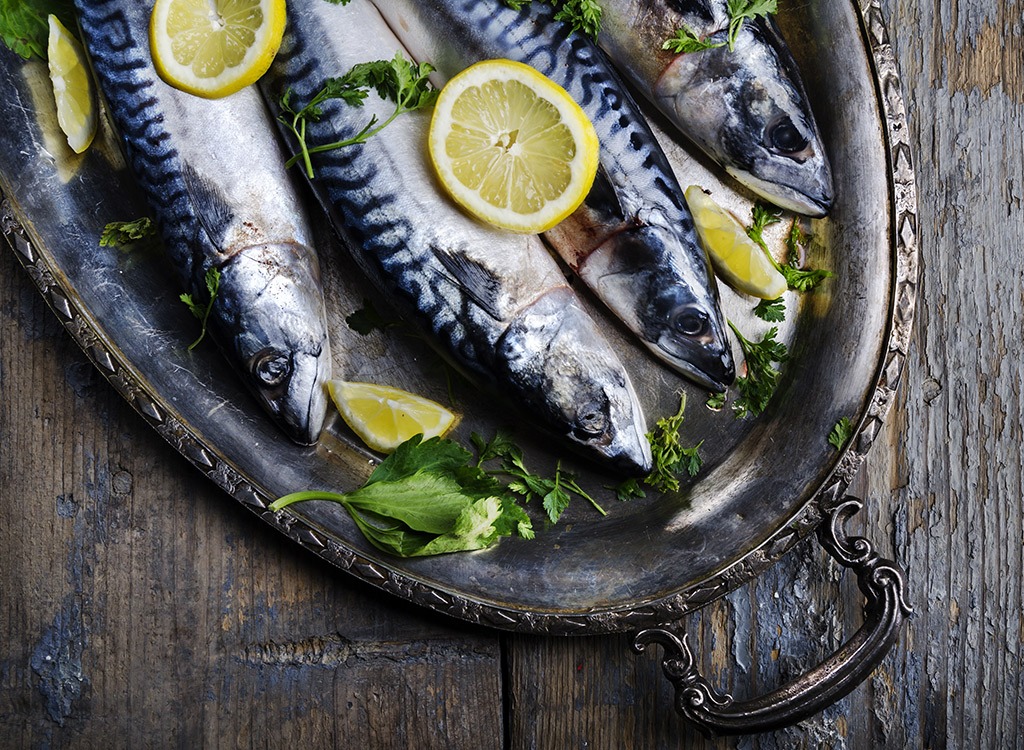
Mackerel is another type of fish you need to skip out on when you are sick or trying to cut down on the level of histamine you intake. The American Academy of Allergy Asthma and Immunology singles out mackerel as one of the types of fish most likely to cause histamine toxicity.
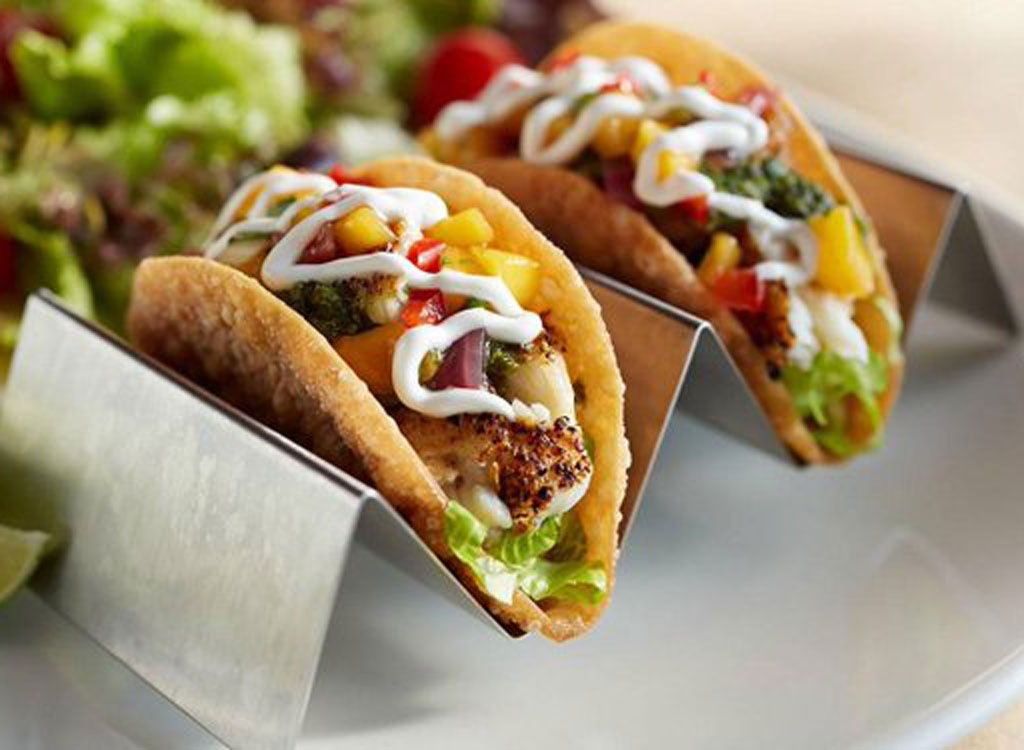
Hold off on the fish tacos! Mahi Mahi, which frequently makes an appearance in tacos, is another fish that The American Academy of Allergy Asthma and Immunology names as being particularly high in histamine. Hold off on indulging until you're feeling better or your sinuses may pay the price.
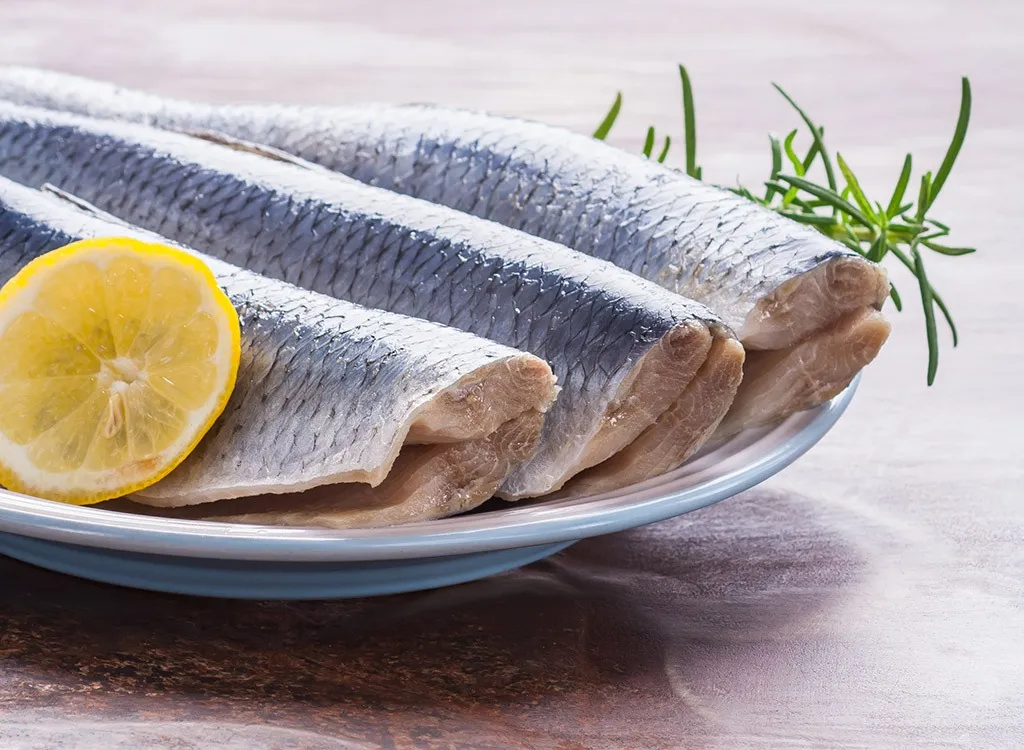
Don't even think about choosing smoked herring to top your next bagel. Herring is another fish with the potential to cause histamine toxicity according to The American Academy of Allergy Asthma and Immunology. Smoked varieties contain higher levels of sodium which is another major negative when you're sick and at risk of becoming dehydrated.
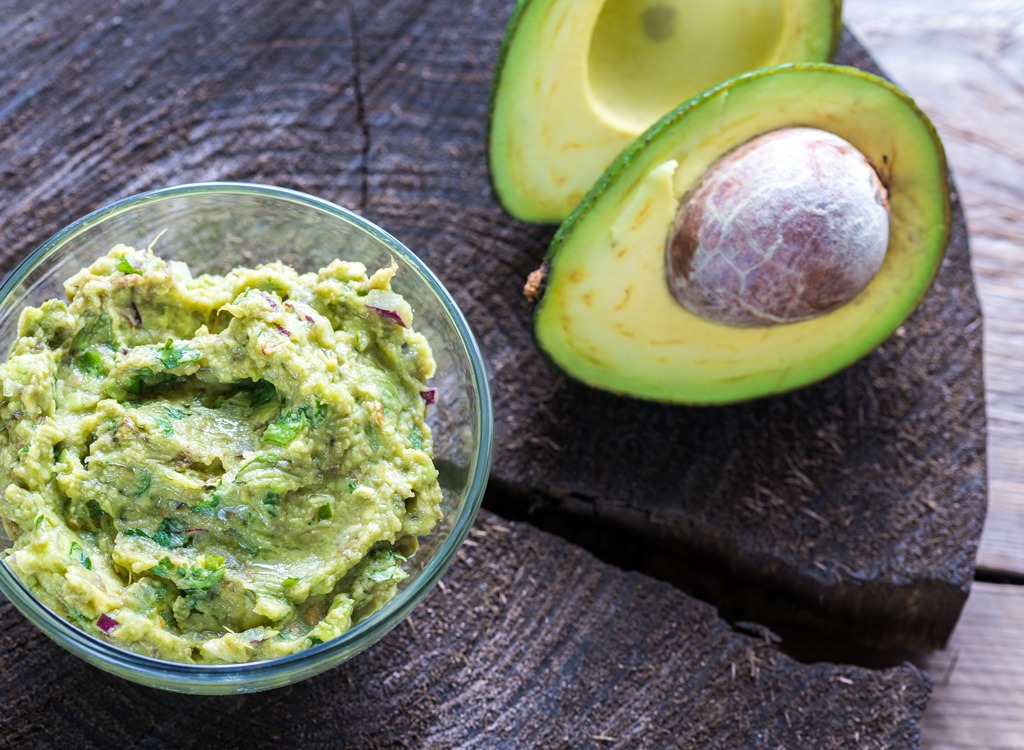
No guacamole until your sinuses clear! Unfortunately, this fatty fruit is rich in histamines, which means consuming ample amounts of avocado toast could make your runny nose even worse. Additionally, the high-fat content may be difficult to digest if your stomach is unsettled.

Eggplant is a seemingly innocent vegetable that comes with a dirty secret: It has a super high histamine content. As a result, chowing down on eggplant can make your nasal passages swell and exacerbate feelings of congestion. Whatever you do, avoid eating eggplant parmesan when you are sick because the additions of cheese and breading are sure to trigger inflammation.
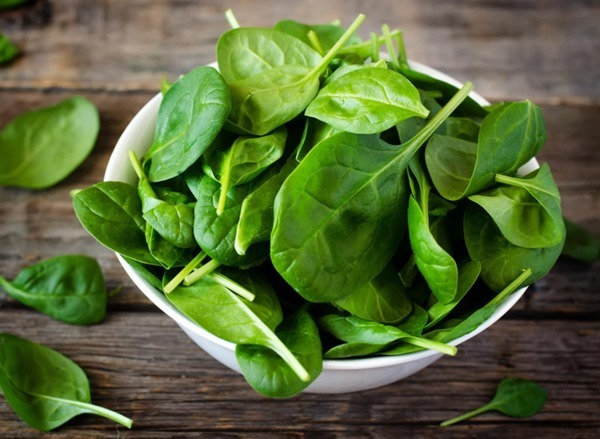
Spinach is a bonafide superfood, rich in iron, vitamin c, vitamin k… and histamine. Unfortunately for Popeye and all fellow spinach lovers, the leafy green is a no-go when you're struggling with sinus congestion and a runny nose.
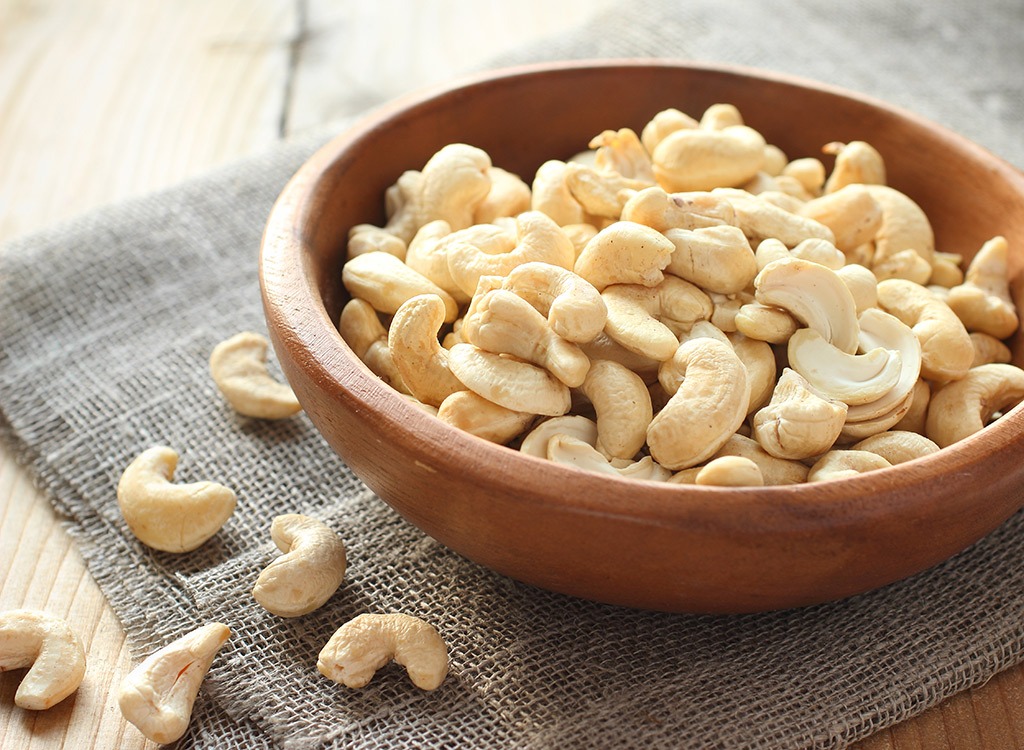
These nuts are normally a great go-to snack, but you might want to ease off on them when you are sick. Cashews have a high level of histamine, which is bad news when you're dealing with most common cold symptoms. Additionally, Kerkenbush warns clients to avoid eating nuts with a sore throat as the jagged pieces can feel abrasive and irritating.
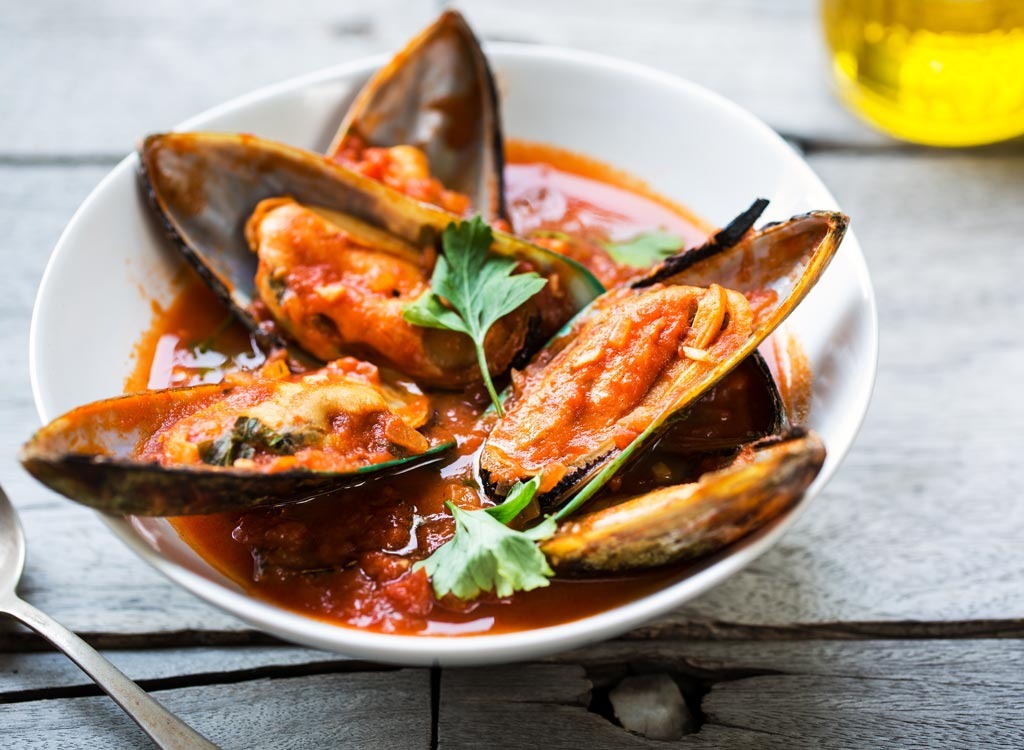
Mussels are another major don't when you are battling a cold, flu, or sinus congestion. They are part of the shellfish family and consequently contain a compound that increases the amount of histamine released in your body. In order to avoid irritating your nasal passages, hold off on feasting on mussels until you feel good as new.
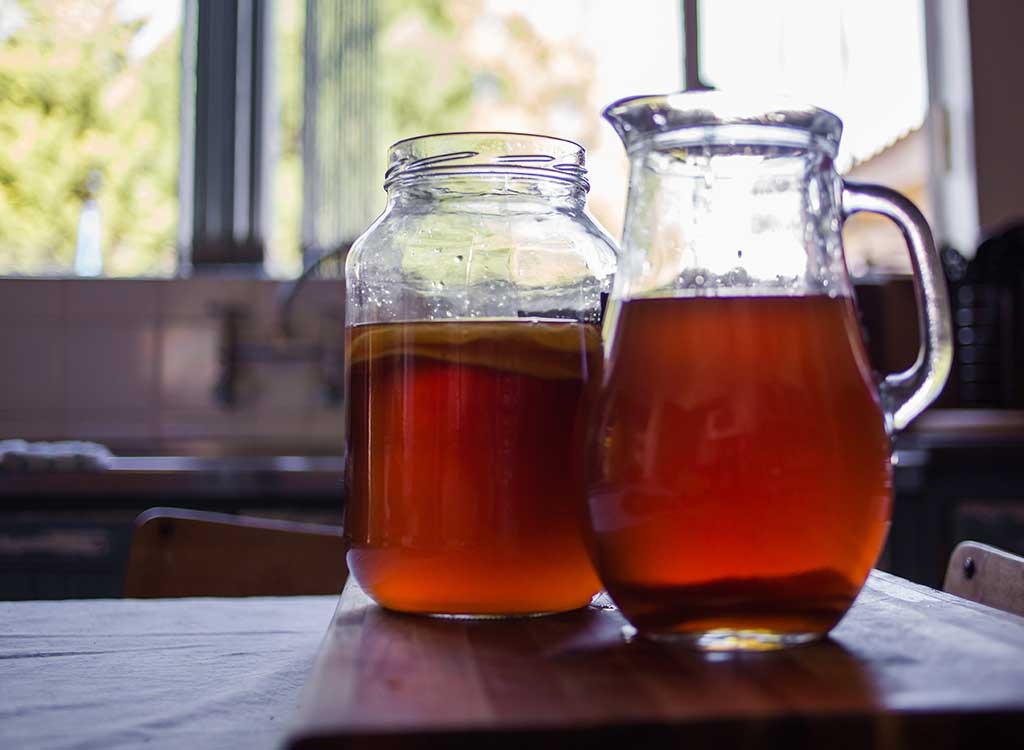
Kombucha is a favorite amongst nutritionists and holistic wellness experts, but it's not something to try when you are sick. Many of kombucha's health benefits come from its fermentation process, which also causes the level of histamine in the beverage to rise. Unless you want to experience more congestion, hold off on the bubbly drink until you can breathe easy again.

Pass on dates, especially the dried ones, when you are feeling under the weather. Dried dates have higher levels of histamine due to the preservation process. Dates also have one of the highest sugar contents of all fruits, which is a huge issue when your body is battling an infection. According to Mimkha, sugar causes inflammation which weakens your body's white blood cells and makes you more susceptible to illness.
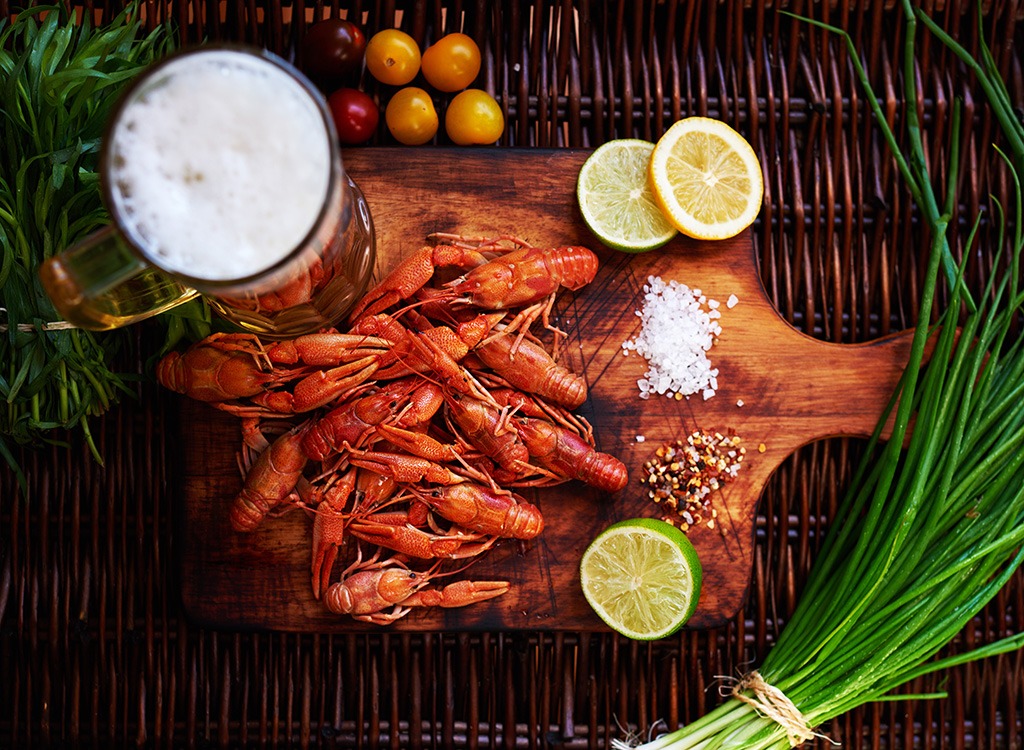
This Southern favorite is a serious don't when it comes to eating for maximum immunity. As part of the shellfish family, crawfish are also potent histamine liberators. And while crawfish are generally boiled, the stick to your ribs sides that accompany them are often filled with simple carbohydrates and saturated fat, both of which will trigger inflammation.

Figs are usually a healthy way to add extra vitamins and minerals to your diet, but when you are sick it's best to avoid them. Dried figs, in particular, contain high levels of histamine, which can worsen some of your most irritating cold symptoms such as a runny nose or a headache.
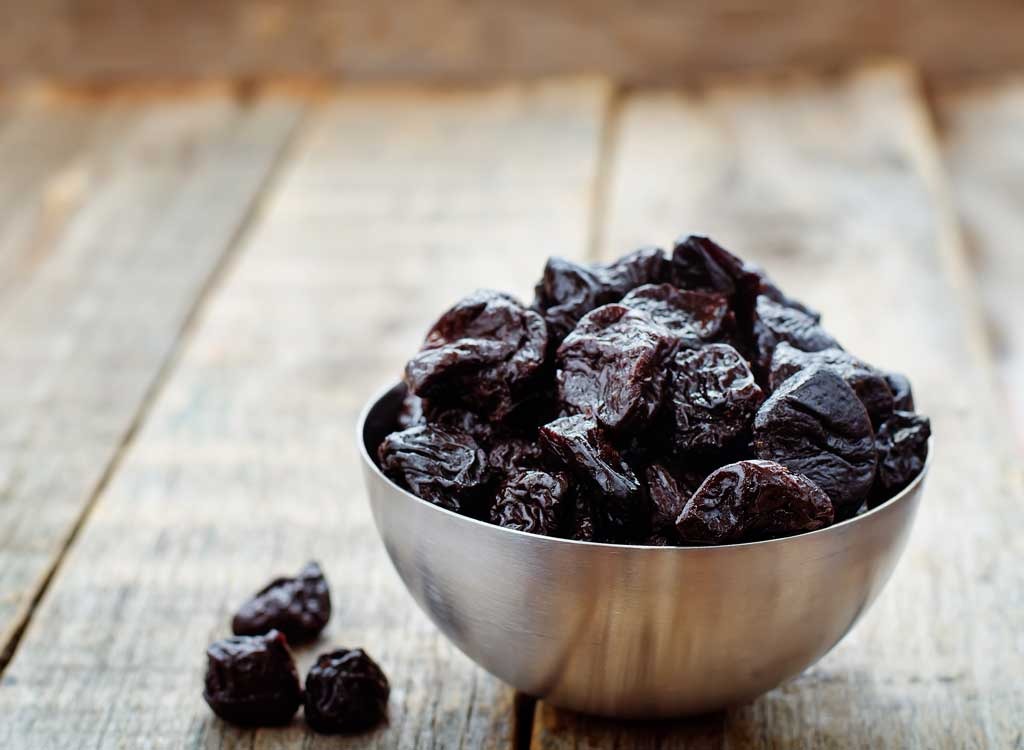
These dried plums are a known constipation cure, but if you are dealing with any other bodily ailments it's best to take prunes out of the equation. They have high levels of histamine, which can further irritate your nose and cause more cold-related discomfort.
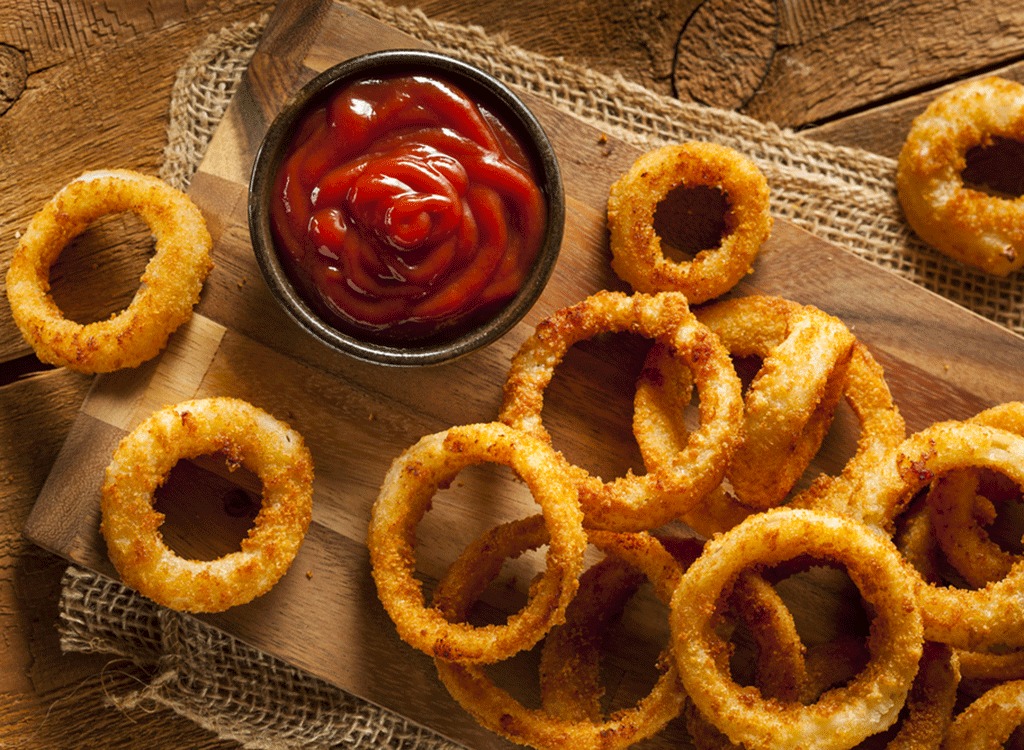
If you think indulging in some of your favorite fried foods will make you feel better when you are sick, it is time to reconsider. "Fatty foods cause inflammation and thus suppress the immune system," says Dr. Edison de Mello, MD, Ph.D. Hold off on treating yourself until after you have made a full recovery.
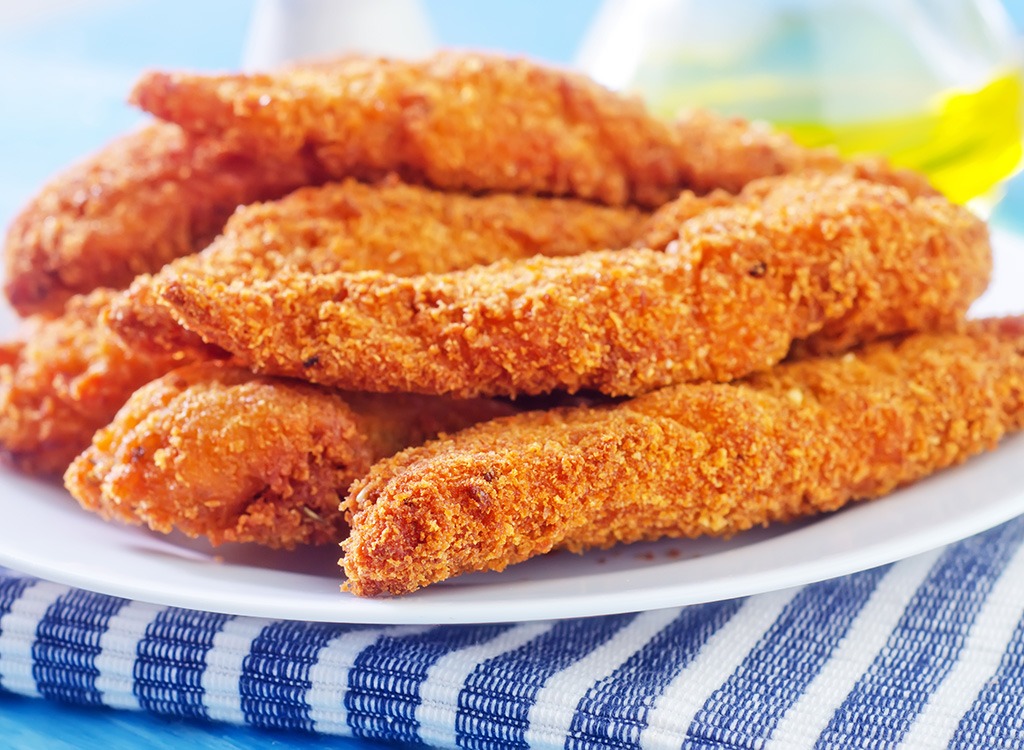
They might be your favorite bar food, but chicken tenders certainly aren't one of your body's top choices when it comes to infection-fighting fuel. According to Mimkha, fat takes longer to digest than carbohydrates or protein and can be difficult to break down when you're suffering from GI issues like an upset stomach. Even if you aren't feeling nauseous, fatty foods like chicken tenders are known to cause inflammation, which will weaken your immune system.
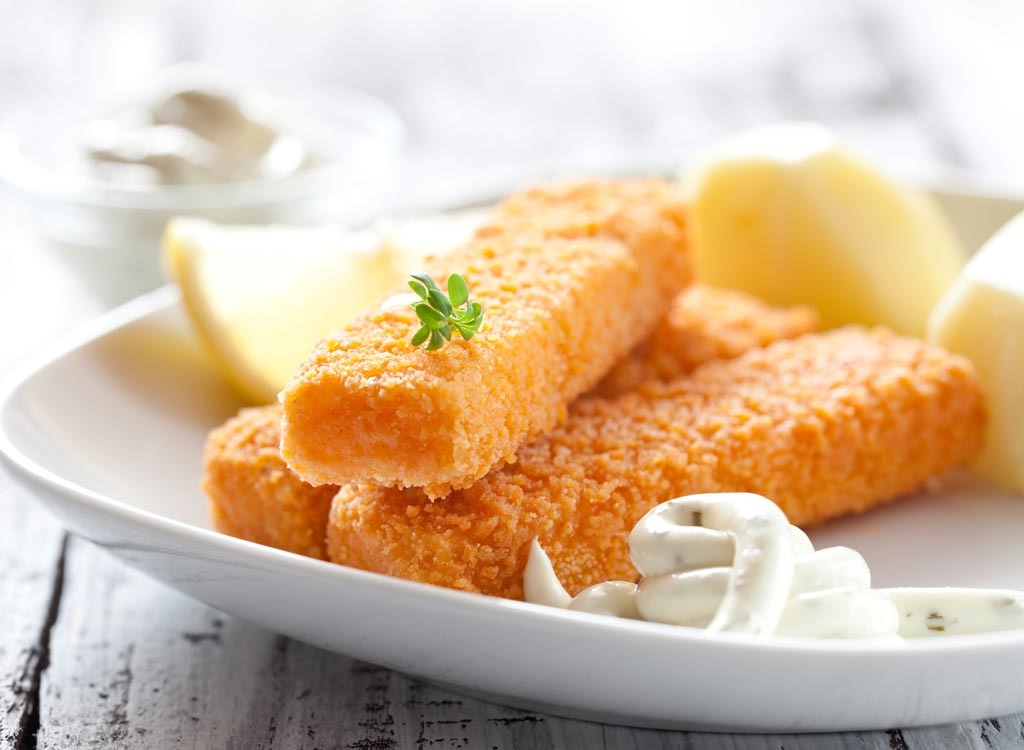
Fish sticks should stay a distant, childhood memory, at least until you feel all better. Between a batter that is rich in simple carbohydrates and a stint in the deep fryer, fish sticks are a recipe for inflammation and consequently, a longer amount of recovery time.
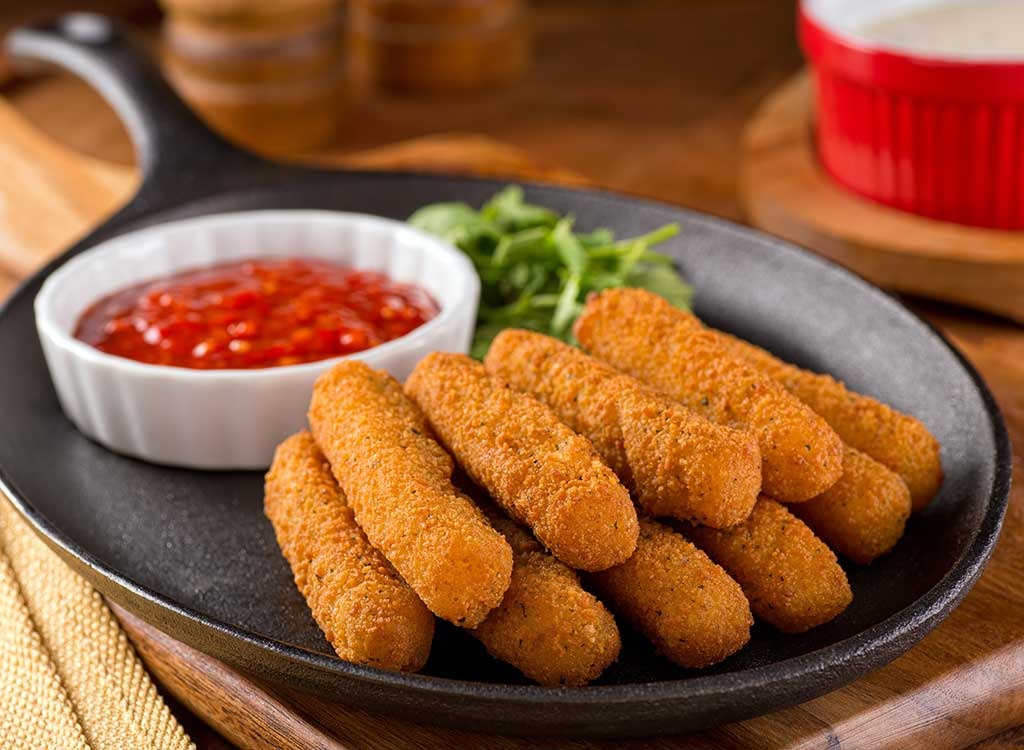
This popular appetizer takes one inflammation-causing food—mozzarella—coats it in breading that is high simple carbohydrates which further increase inflammation, and tosses it into a vat of oil, a third inflammatory food. The marinara sauce that often comes as a condiment is made with histamine-rich tomatoes which are yet another reason why you should avoid eating saucy mozzarella sticks when you are sick.
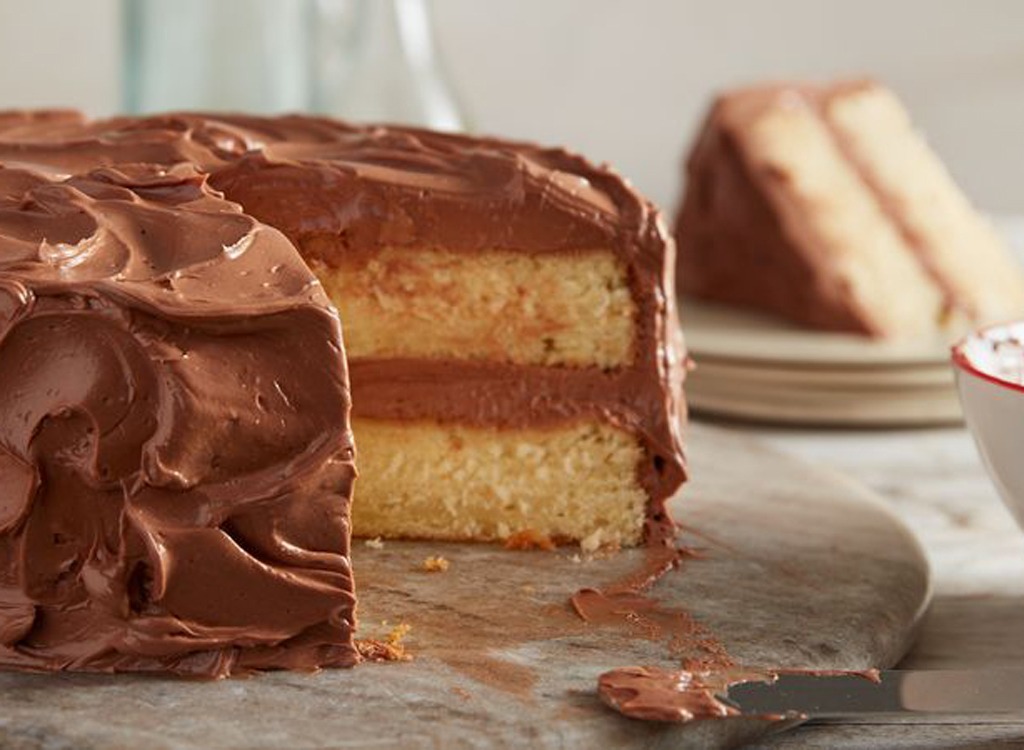
Everyone likes a good slice of birthday cake, but you should hold off on the celebrations and the pastry until you feel better. "Hands down one food that I would advise clients to stay away from when they are sick is excess added sugar and refined carbs," Kimszal says. Cakes are made with lots of white flour and sugar, making it the worst of the worst.
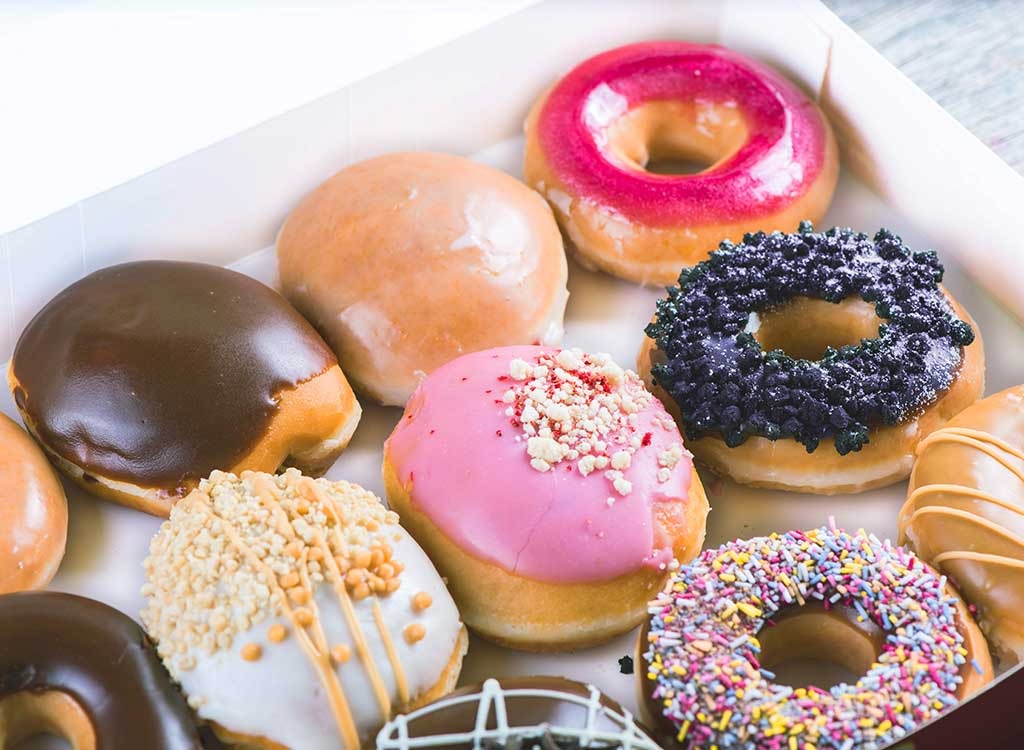
If you're looking for a way to make cake even more inflammatory and potentially worse for your immune system, look no further. Donuts, especially the frosted ones, are high in sugar and refined carbohydrates. If that wasn't bad enough, deep frying the dough adds a ton of fat, which further contributes to inflammation.
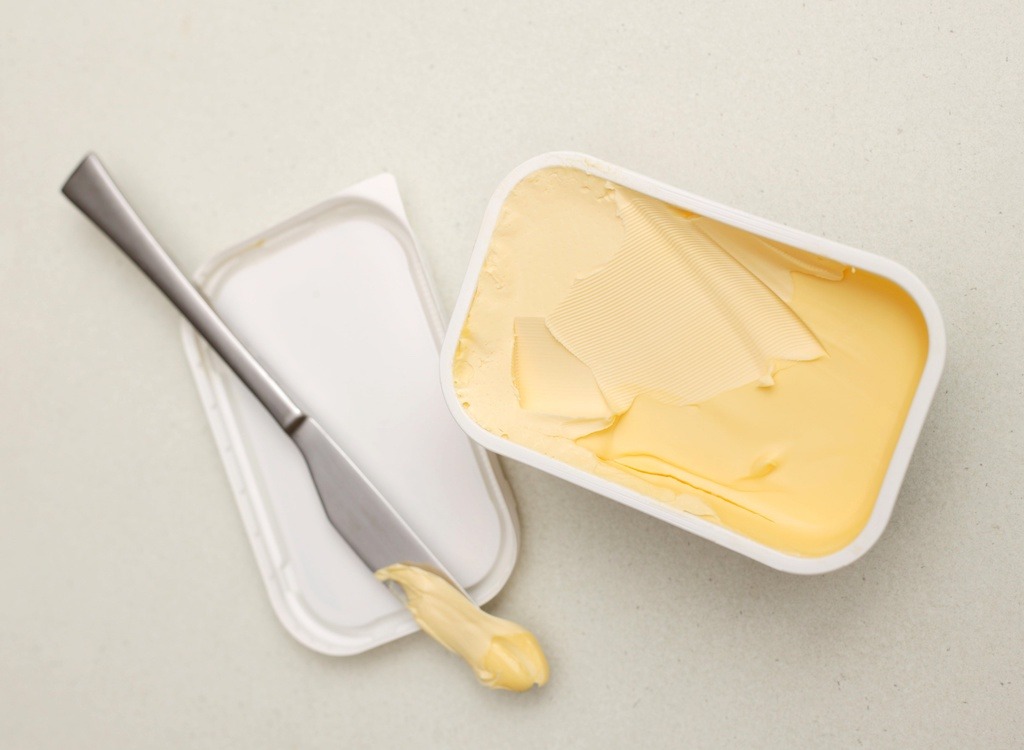
Step away from the butter stick, especially when you are sick. Butter is high in saturated fat, which will increase inflammation and hinder your immune system. Additionally, according to Dr. de Mello, dairy can thicken the mucus in your upper respiratory system, which is the last thing you want when you are sick.
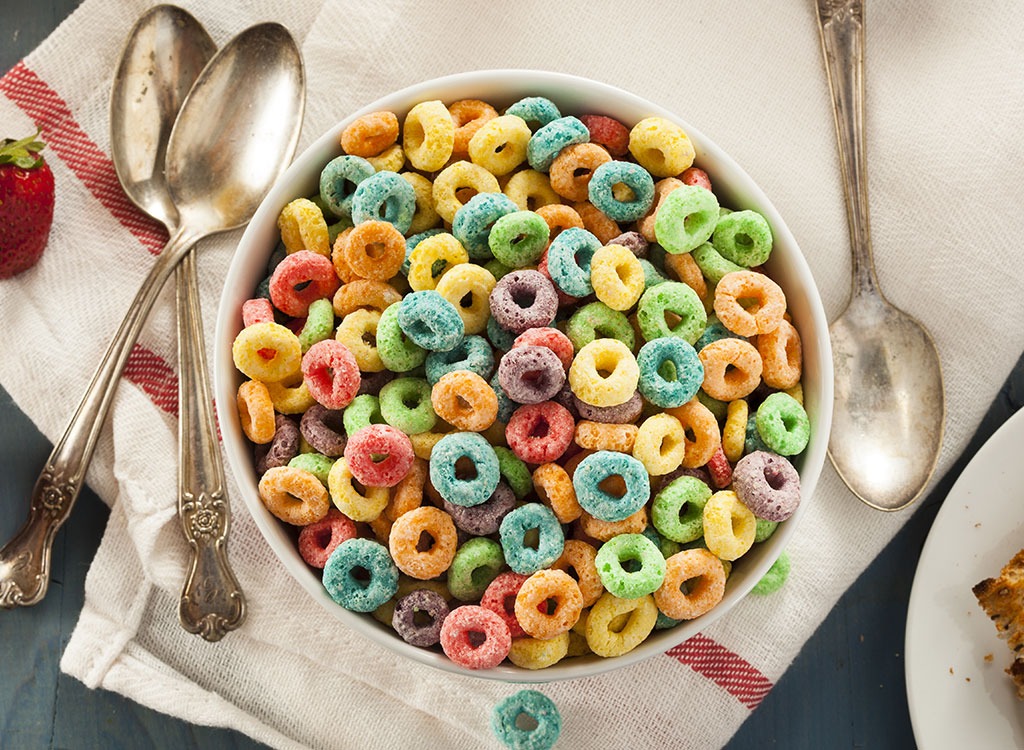
Hold off on the Fruit Loops, Trix, and Captain Crunch. Breakfast cereals like these are high in sugar and refined carbohydrates, both of which are inflammatory and will lead to you feeling worse for longer. Once you pour milk on top, you're adding mucus-thickening dairy to the mix which won't do your sinuses any favors.
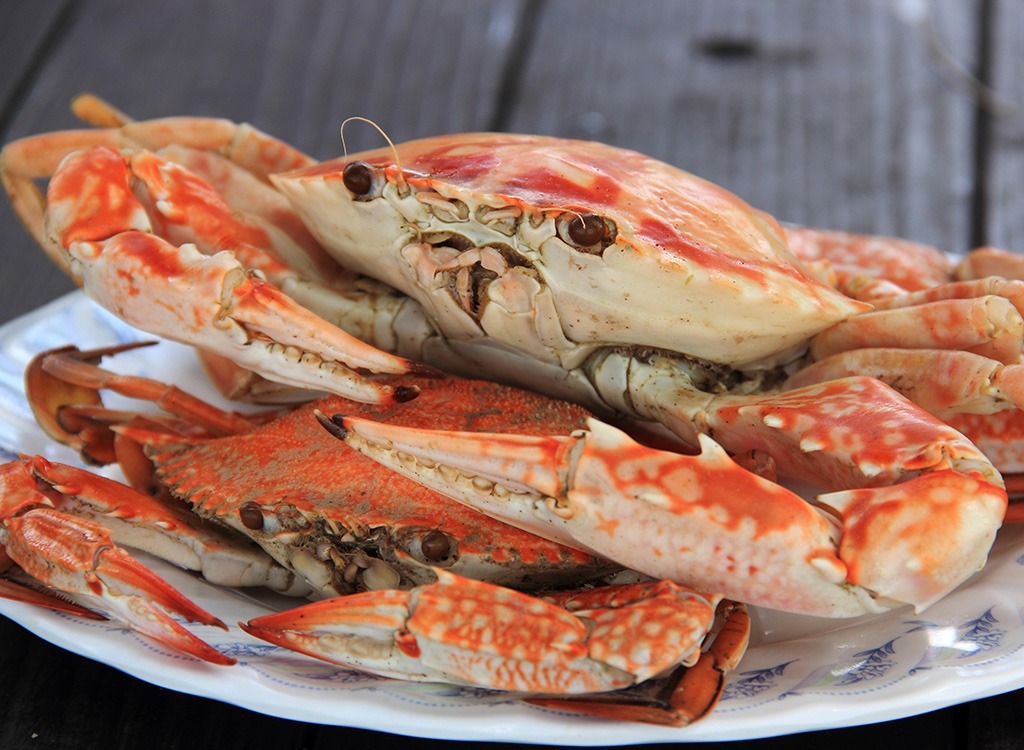
Crabs are also a member of the shellfish family and consequently are known histamine liberators. When you are sick, the last thing you want in your system is an influx of histamine, which will cause the tissues in your nose to swell and worsen all of your nose and sinus symptoms.
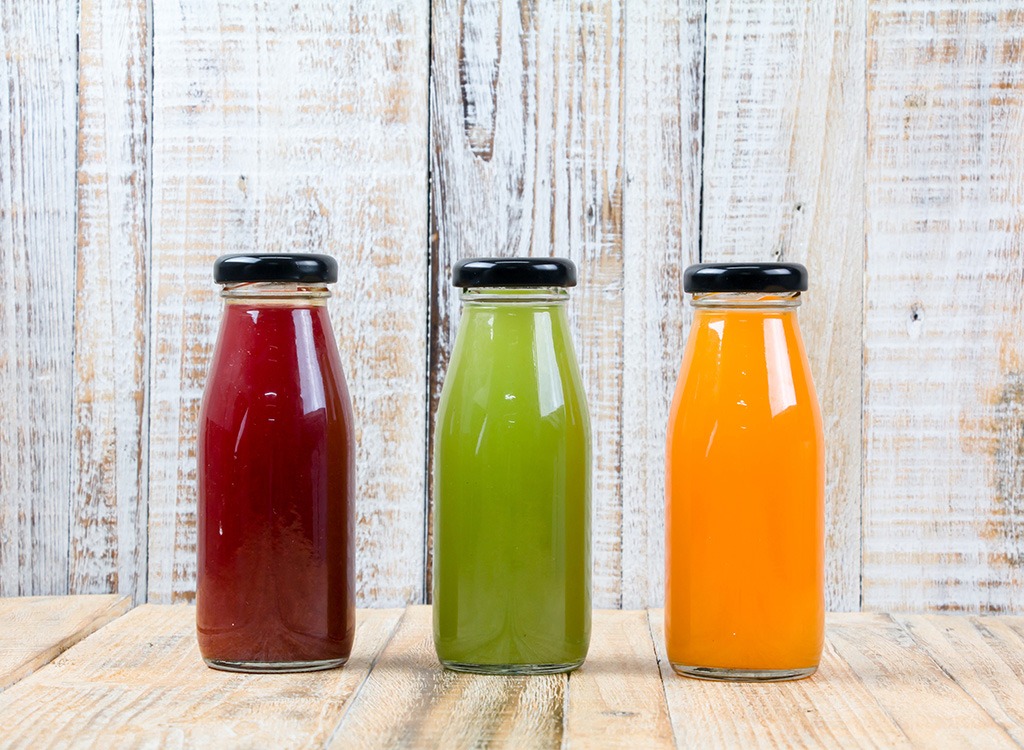
It's time to stop the perpetuating myth that drinking fruit juice when you are sick will somehow magically help you recover. Although most juice does contain ample amounts of immune-boosting vitamin C, it's also chock-full of sugar, which will cause inflammation and weaken your body's immune system responses. If you're really craving a glass, try diluting the juice with water to lower the amount of sugar you are consuming.
If you want to know what you should be eating to boost your immunity, check out our list of 17 Immune Boosters Better Than Emergen-C.
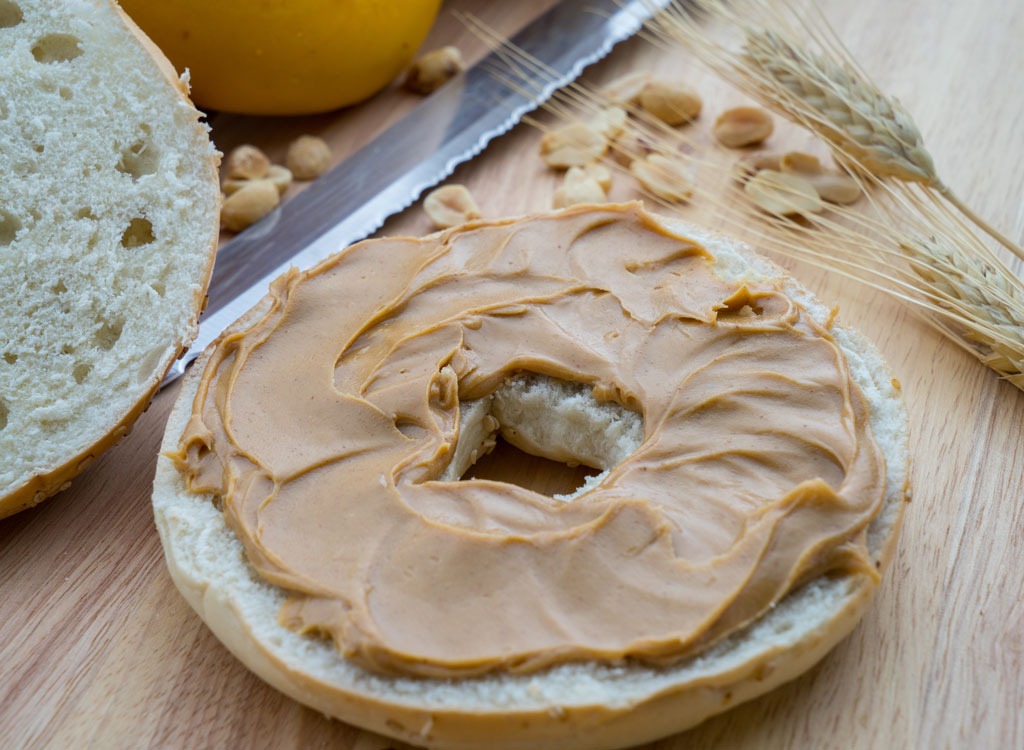
Bagels are pretty much just a massive serving of refined carbs, which your body will quickly convert into inflammation-inducing sugar. Spreading cream cheese on your bagel will add even more inflammation into the equation, thanks to the schmear's high saturated fat content.
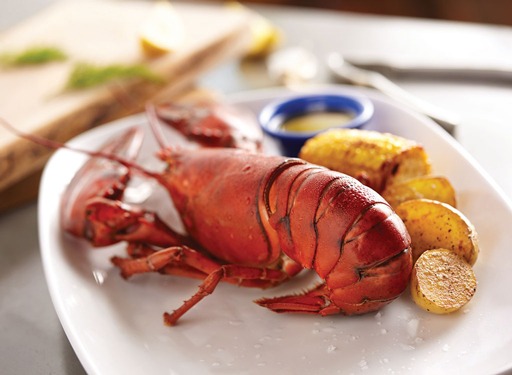
No matter how much you love breaking into this crustacean, it's best to do it when you're feeling on your A-game. Lobsters are another example of histamine liberators, which is what you want to avoid when you are sick. If you do to choose to indulge while you are still under the weather, avoid pairing your meal with butter because the high saturated fat content is known to trigger inflammation.
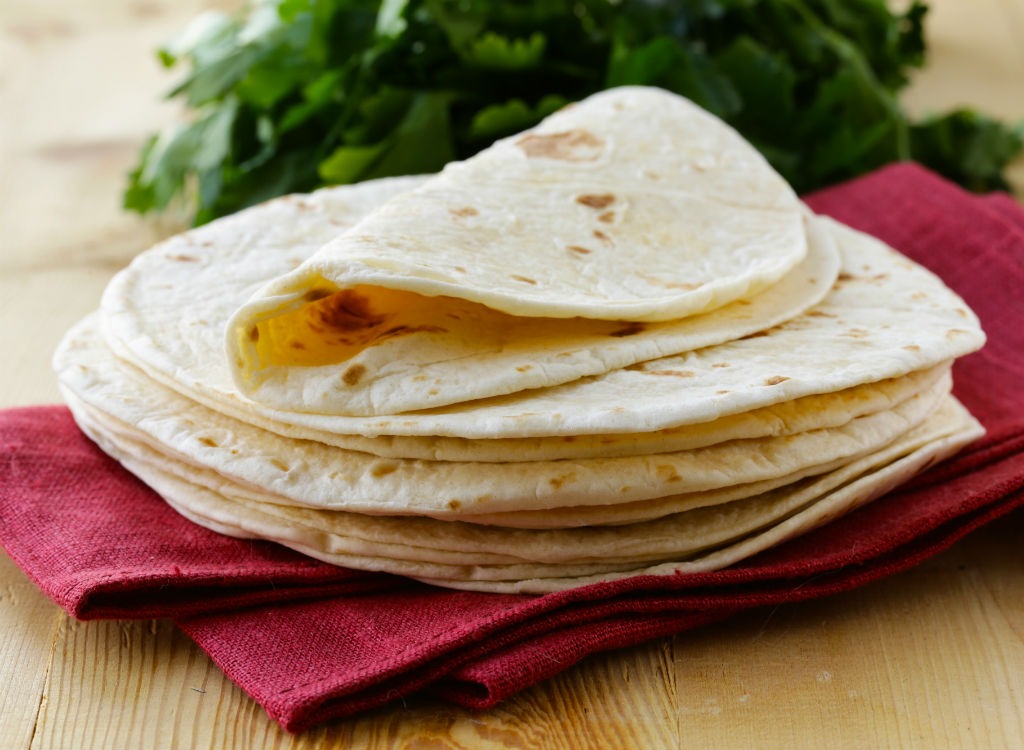
It's never a good idea to wrap your burrito in one of those oversized flour tortillas, but it is especially problematic when you are sick and trying to feel better. Flour tortillas are filled with unrefined carbohydrates, which will trigger inflammation in your body and weaken your white blood cell's response to disease.
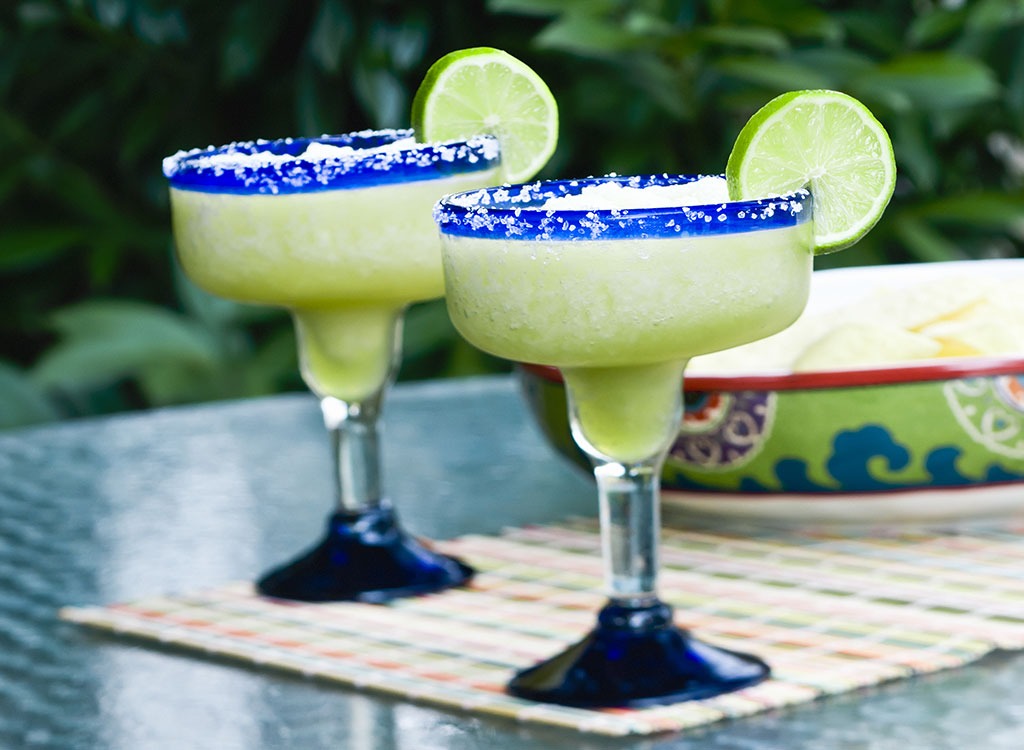
These festive drinks combine two things that are terrible for your immune system: alcohol and sugar. "Sorry that pre-dinner cocktail will cause additional inflammation that will leave your white blood cells even weaker and slow down your body's healing process," explains Dr. Petre. Given margaritas high sugar content, they're one of the worst cocktails you can pick when you are sick and trying to avoid inflammatory foods
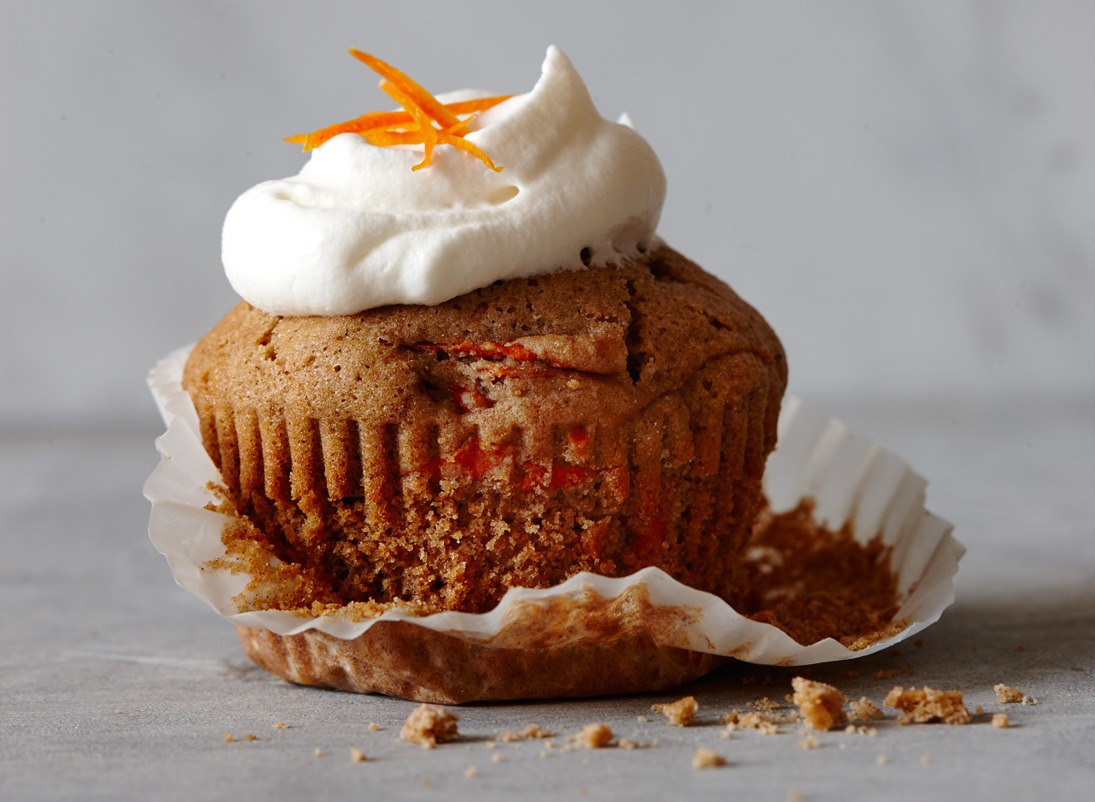
No matter how small they are, cupcakes are still loaded with way more sugar than you need. While extra sugar is never a do, it's an even bigger don't when you are under the weather and trying to avoid foods that trigger inflammation. Hold off on the sweet stuff so that you can feel better faster.
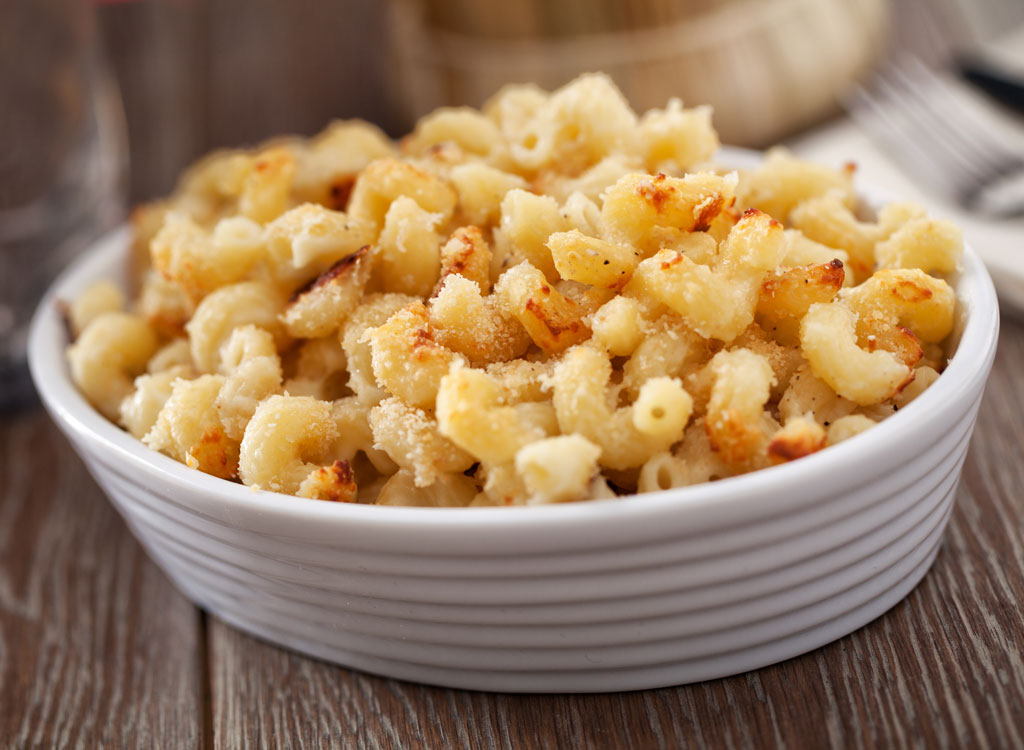
This shouldn't come as a shock to you. As its name implies, macaroni and cheese combine two foods, both of which are extremely problematic for your immune system. Cheese is high in saturated fat and can cause the mucus in your upper respiratory system to thicken. Macaroni is high in refined carbohydrates, which trigger inflammation as well as gluten, which can also increase inflammation if you have any underlying sensitivity to it.
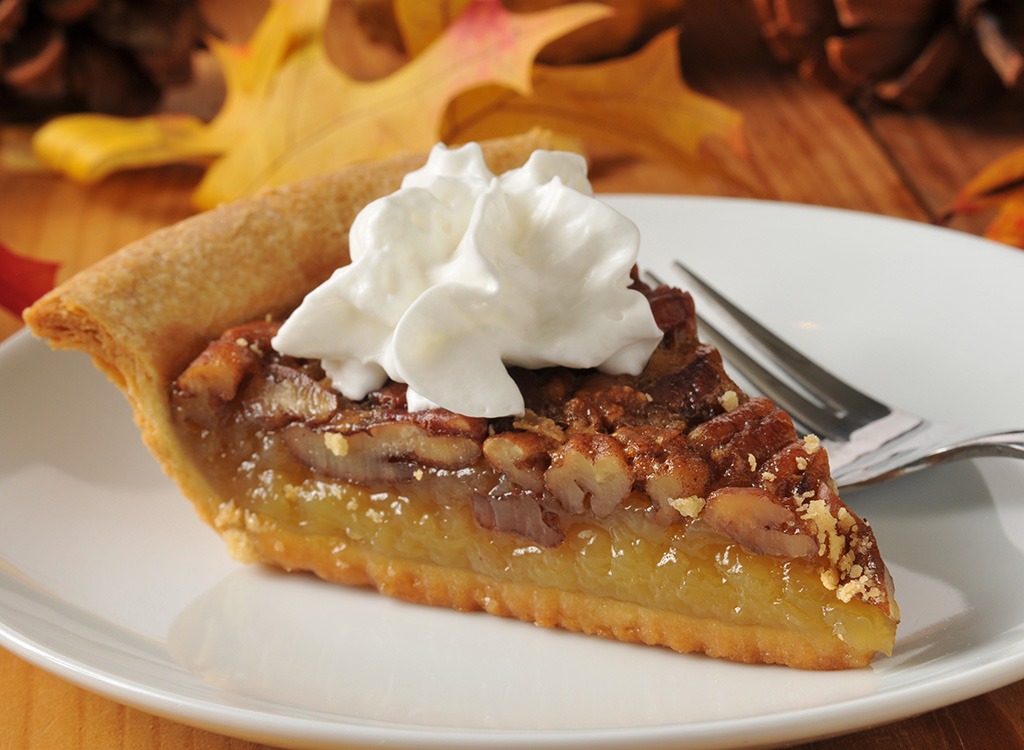
Like most of its dessert counterparts, pie is far from an ideal sick food. In fact, it's one of the worst things you can eat when you are ill because it will, without a doubt, lead to inflammation. Between the filling and the crust, pie contains a plentiful amount of sugar and refined carbohydrates, both of which will translate into a major inflammatory response. To make matters worse, most pies are made with ample amounts of butter, which will only add to the inflammation situation.
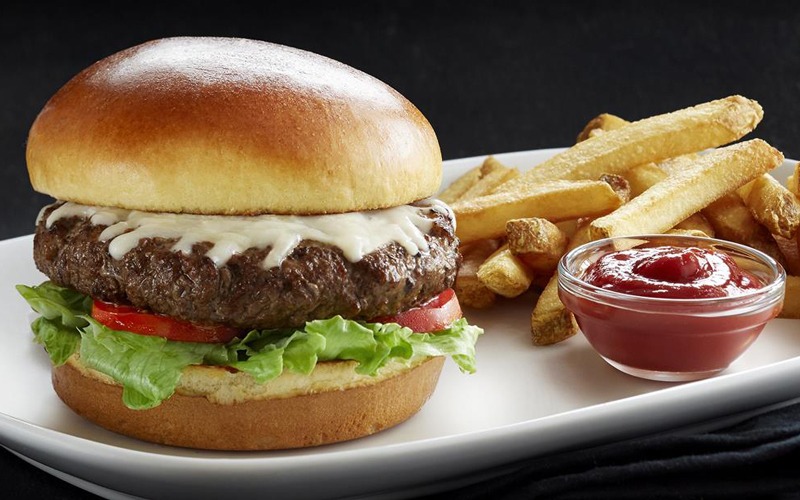
Another nutritional no-brainer. As we explained in 15 Foods That Can Make You Congested, red meat can worsen congestion by contributing to an excessive mucus build-up. If that was not bad enough, many burgers are pan-fried which ups their inflammation-causing fat content. Finally, by sandwiching the burger between a bun made with white flour, more inflammation is created because the bread will quickly break down into sugar in your body.
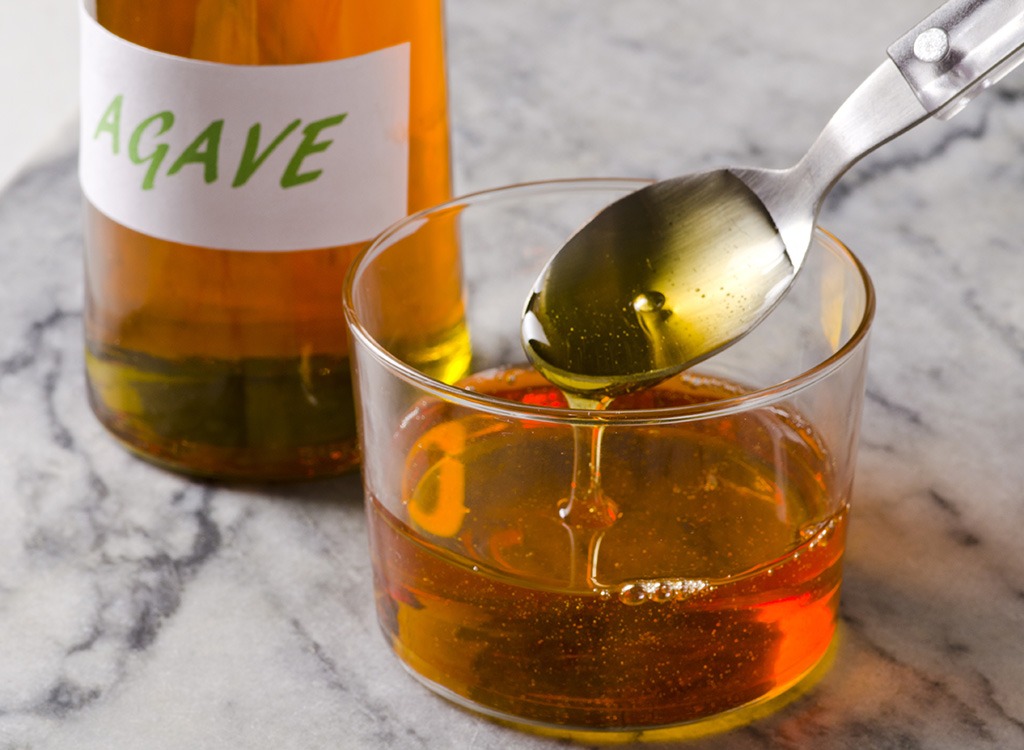
While agave may be considered a healthier sweetener than sugar, there's nothing healthy about consuming lots of the stuff, especially when you are sick. "While you are sick, sugar decreases your immune response, impeding your body's ability to fight the infection off," explains Bess Berger, RDN, CDN, CLT. Because agave is basically straight-up sugar, you should avoid it until you're feeling up to par.
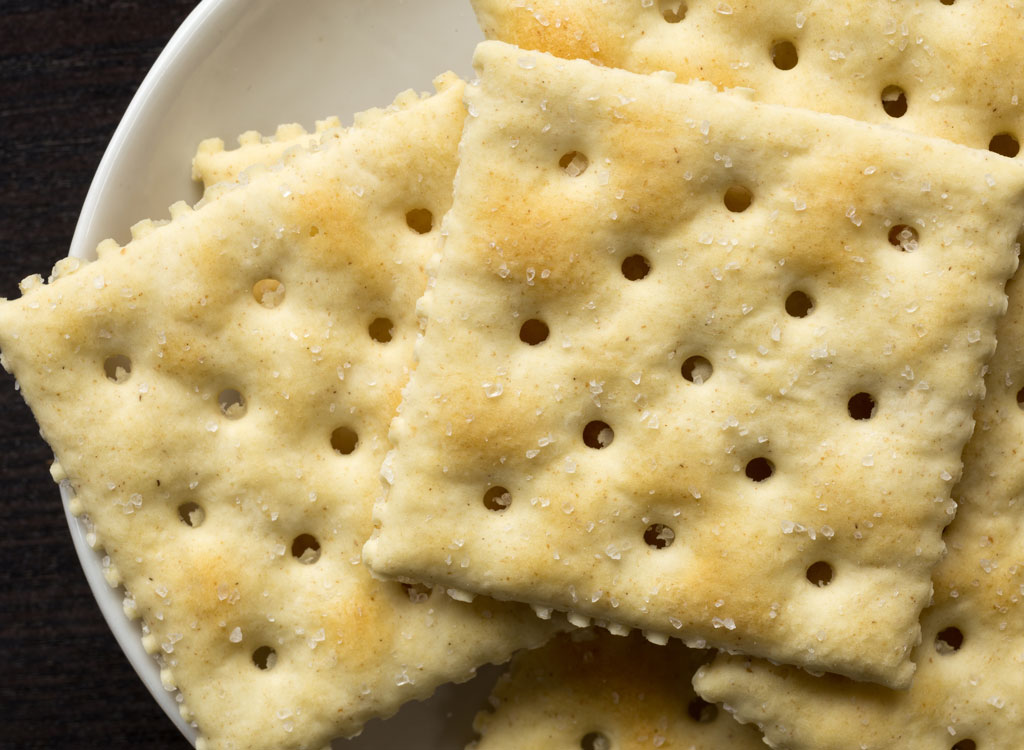
You may be tempted to reach for a box of Saltines the moment you start feeling a bit off, but this is far from the best move. Most crackers are made with refined flour, which means they will quickly turn into sugar when you digest them. "Sugar lowers your immune system's effectiveness," Berger says. Consequently, it's best to hold off on the simple carbohydrates, especially when your immune system is already taxed.
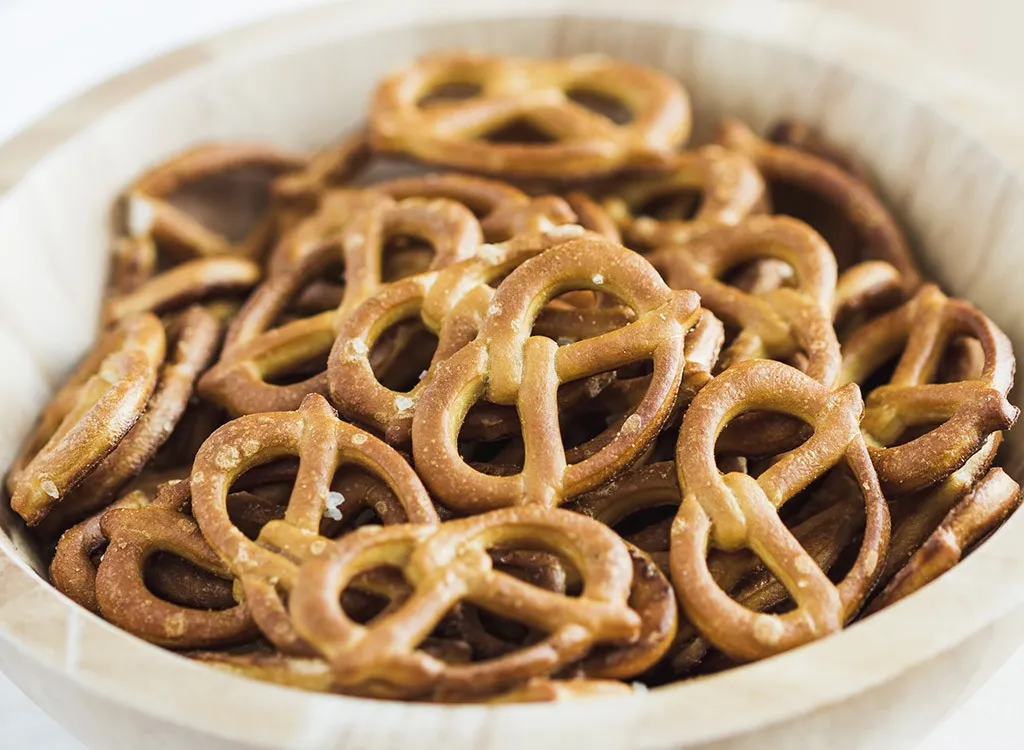
Different snack food, same idea. Most pretzels are made with refined flour, meaning they're on the fast track to becoming sugar in your body once you finish swallowing them. To add insult to injury, crunchy snacks like pretzels have the potential to irritate the lining of your throat or make it worse if it is already bothering you.
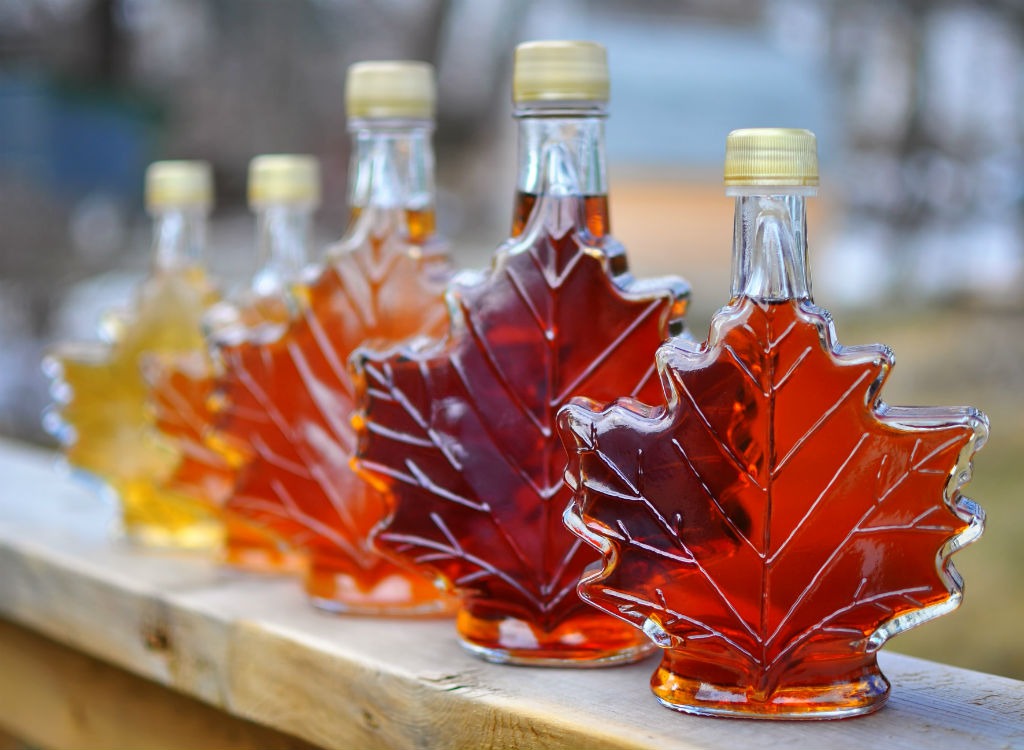
Your favorite pancake topping has got to go, at least while you are trying to recover from the cold or flu. Maple syrup is nearly all sugar, which means it is destined to increase inflammation in your body and weaken your immune system.
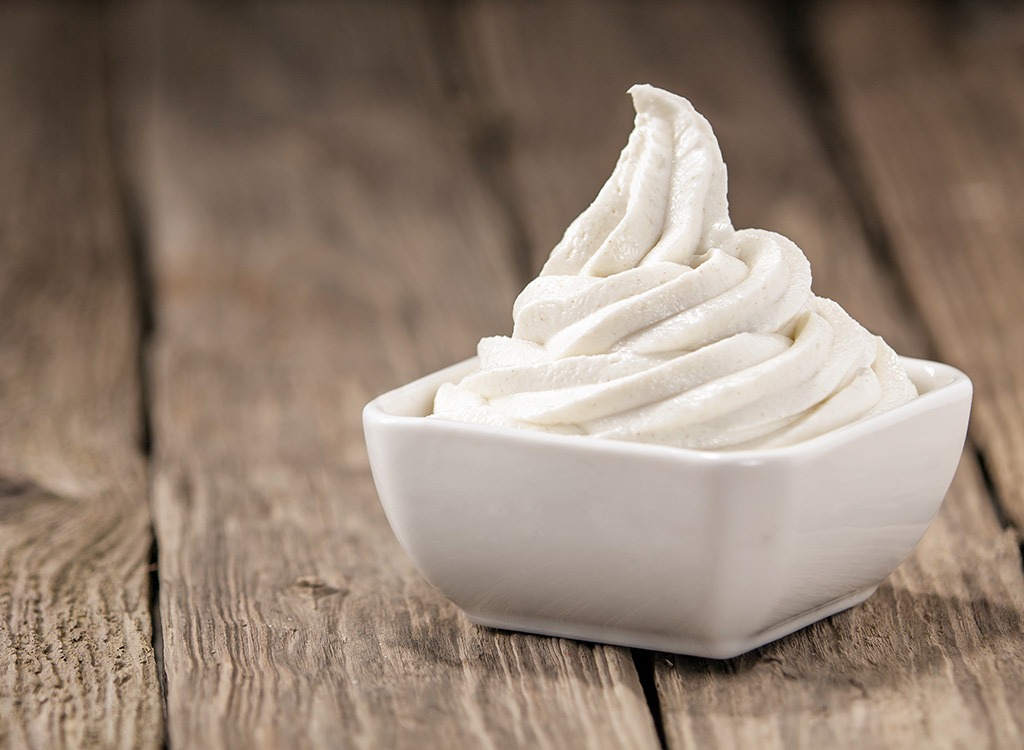
Ice cream's innocent little sister isn't really so innocent after all. Much like ice cream, frozen yogurt is made with dairy which has the potential to thicken mucus and worsen congestion. In order to compensate for lower fat content, many brands add extra sugar to their frozen yogurts, which is exactly what your immune system does not want. "Added sugars sap your energy and suppress the immune system," says Savage.

We're not denying that on an average day, barley is a healthy food choice. It's high in fiber, vitamins, and minerals, and because it is an unrefined carbohydrate, it won't immediately translate into sugar in your body. However, if you have any kind of gluten sensitivity, barley can trigger an inflammatory response, especially when you are sick. Play it safe and wait to eat this wholesome grain until you are totally recovered.
Don't worry, not everything is off-limits when you're bedridden. If you want to know what you should be eating, we have a list of 13 Foods to Eat When You're Sick.
Those Who Can't Nugs Fish Cheese on Bread
Source: https://www.eatthis.com/worst-foods-cold-flu/
0 Response to "Those Who Can't Nugs Fish Cheese on Bread"
Post a Comment